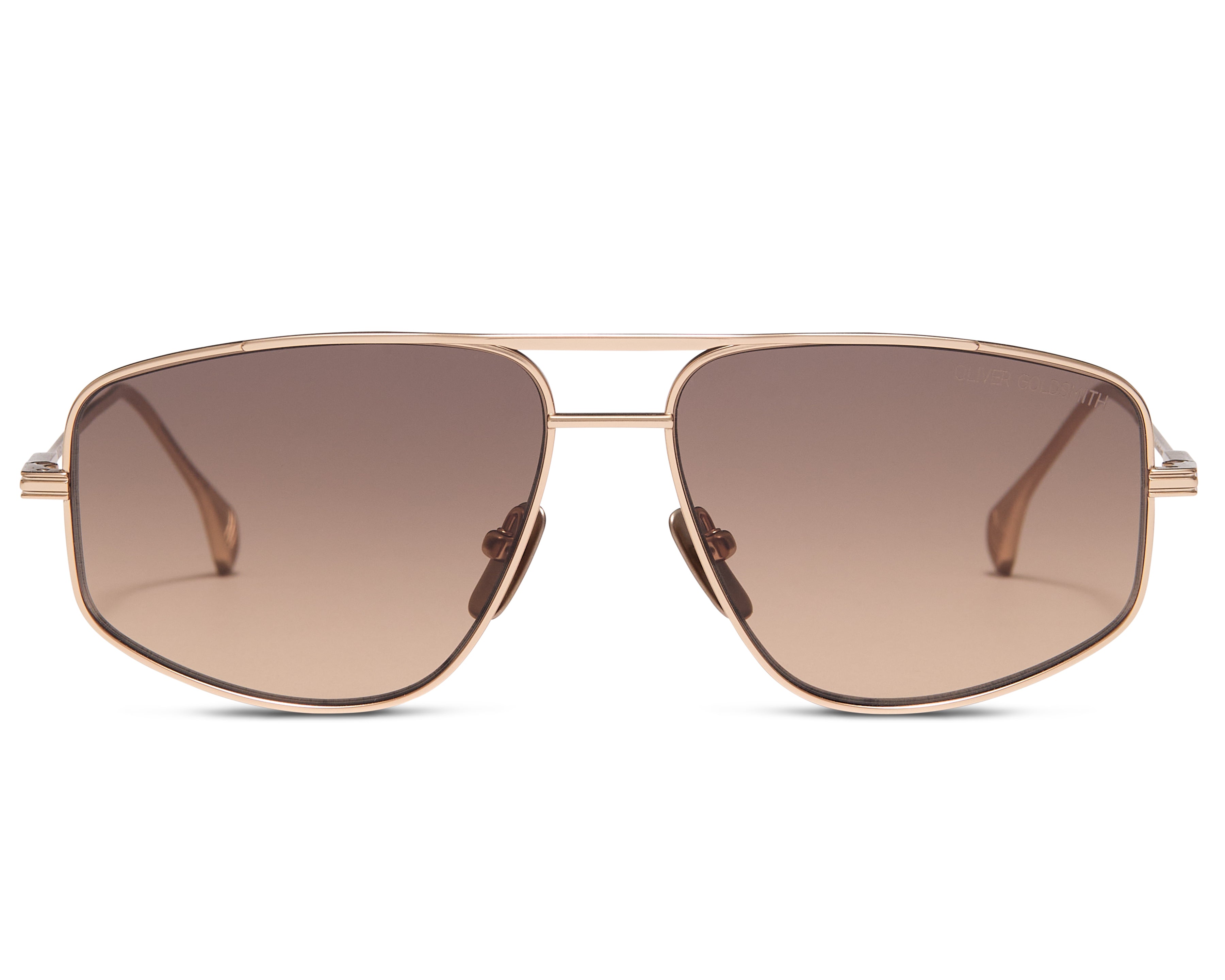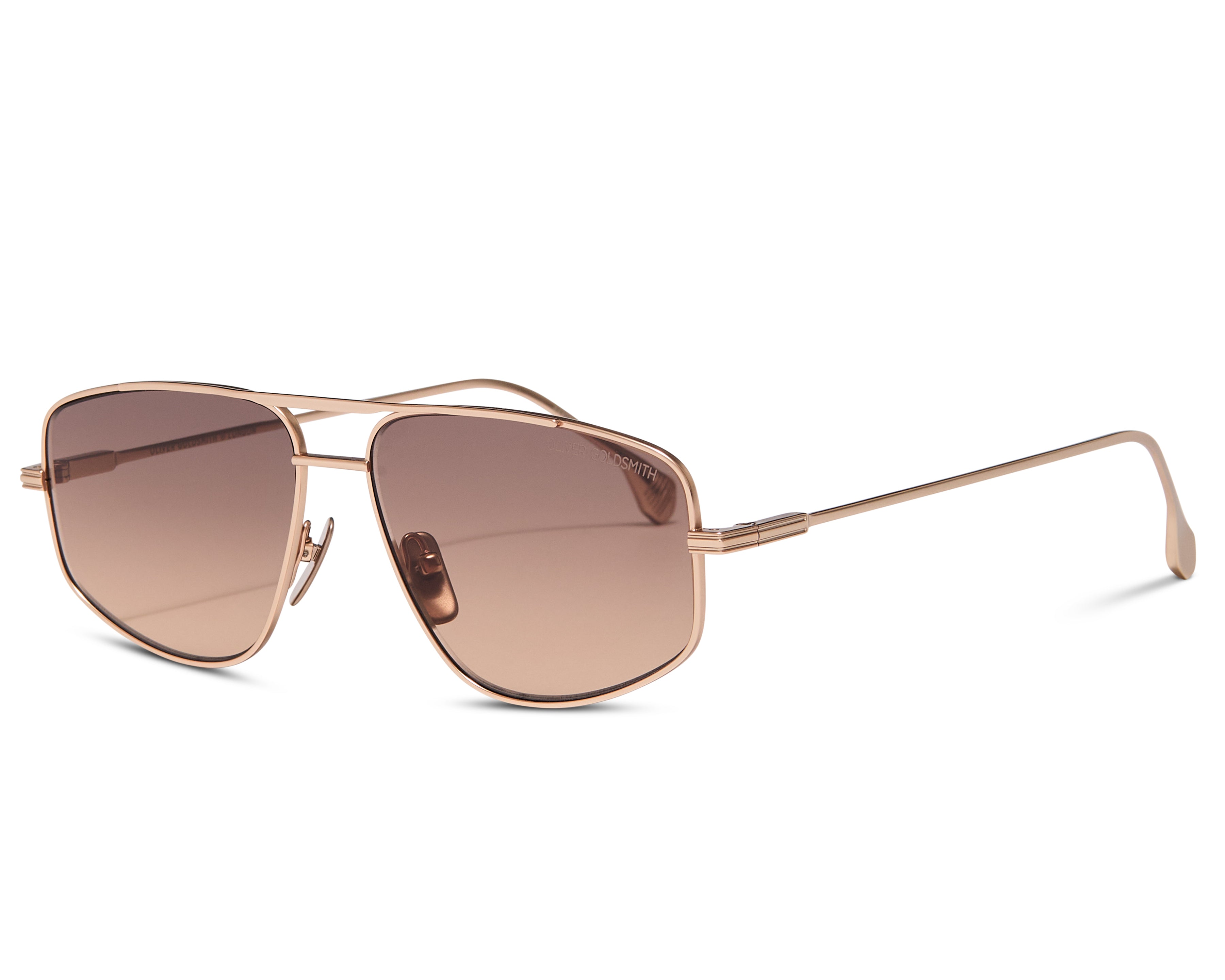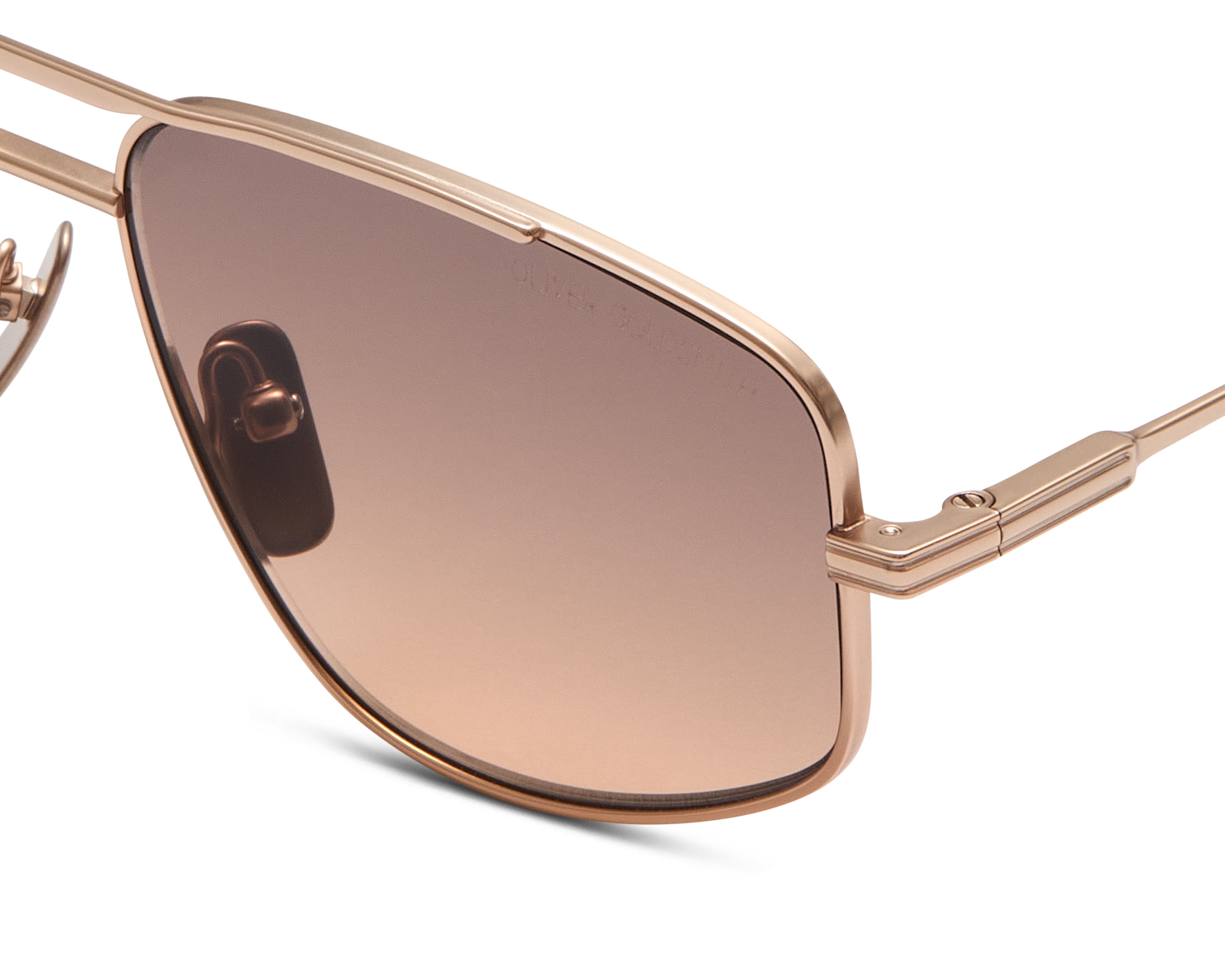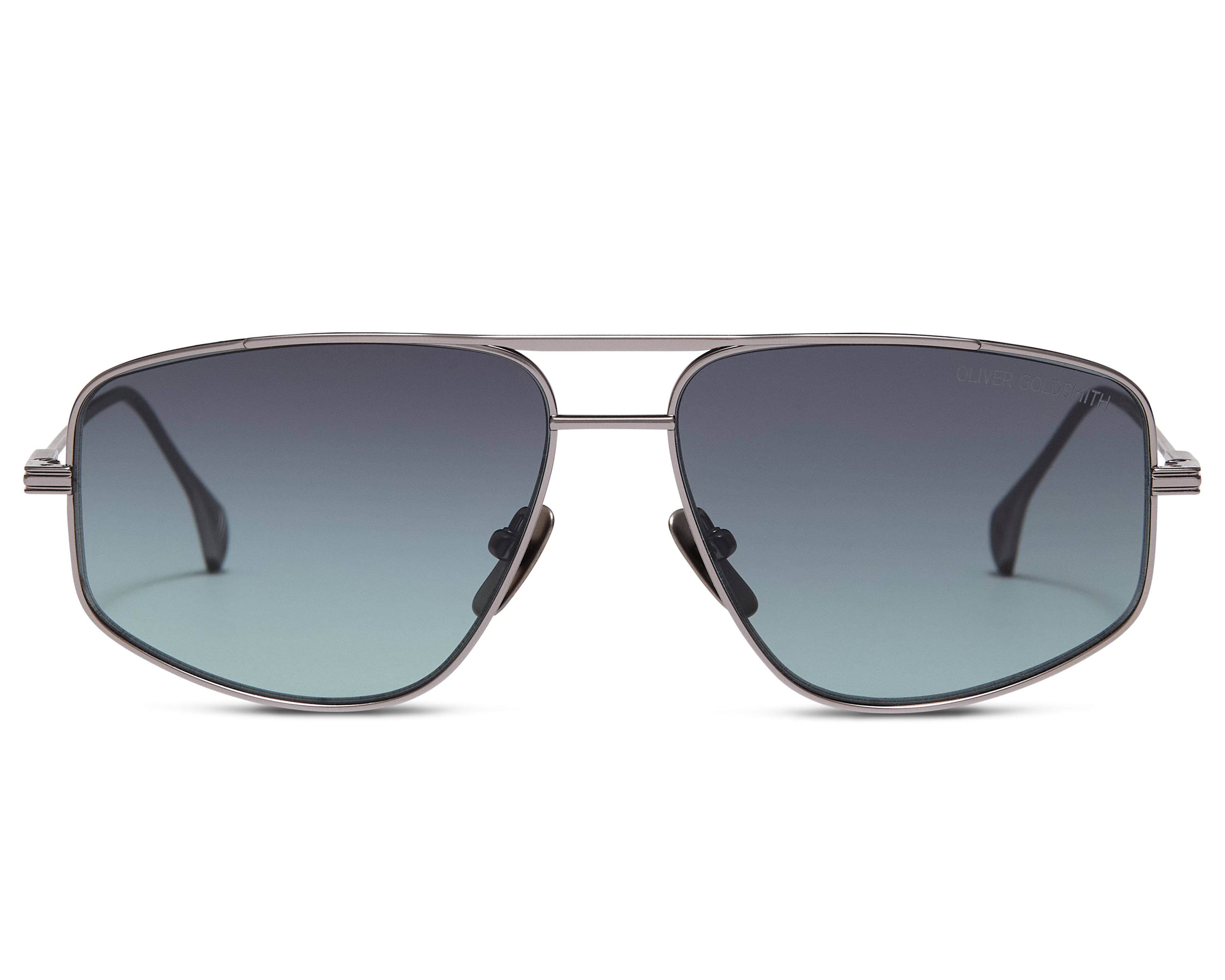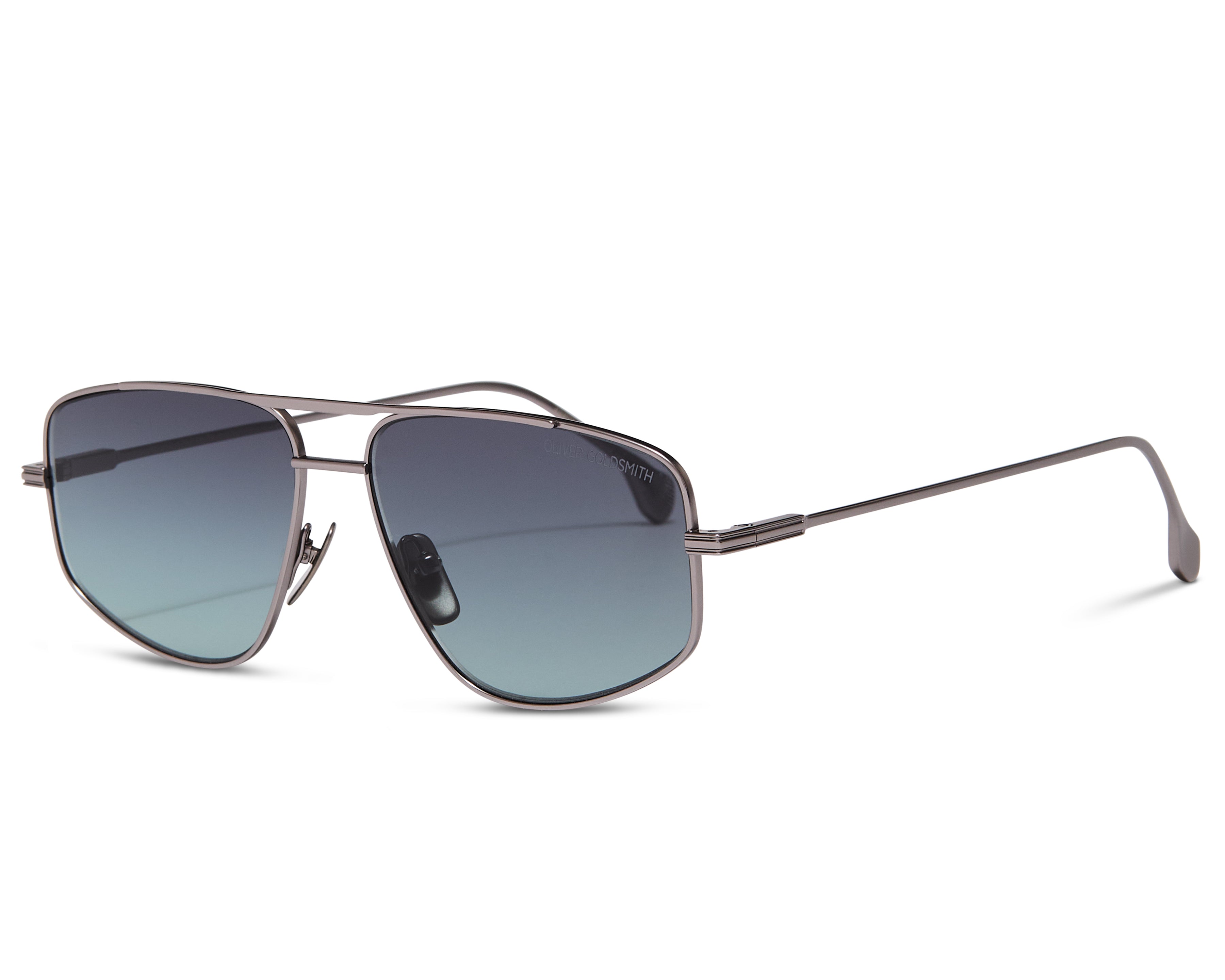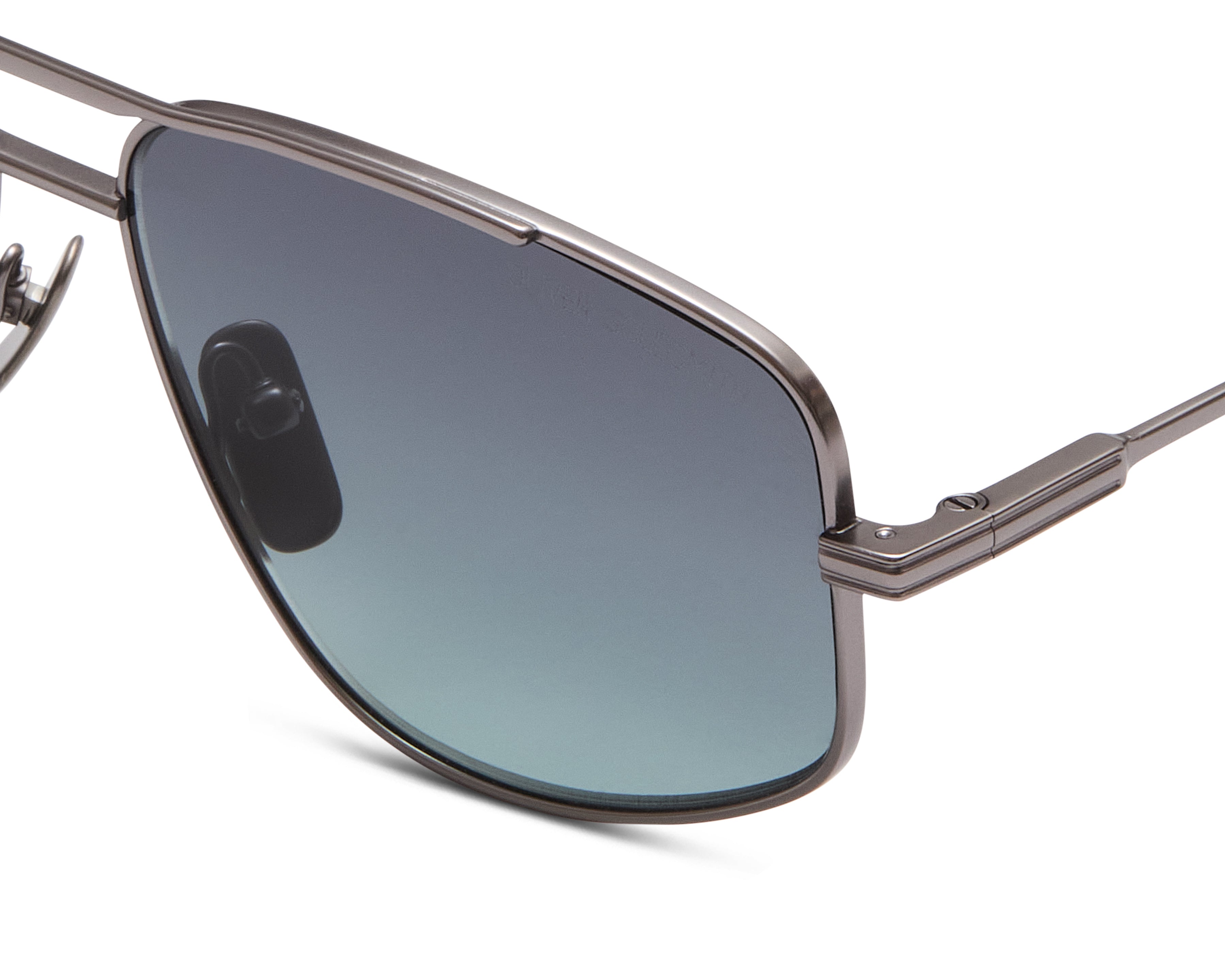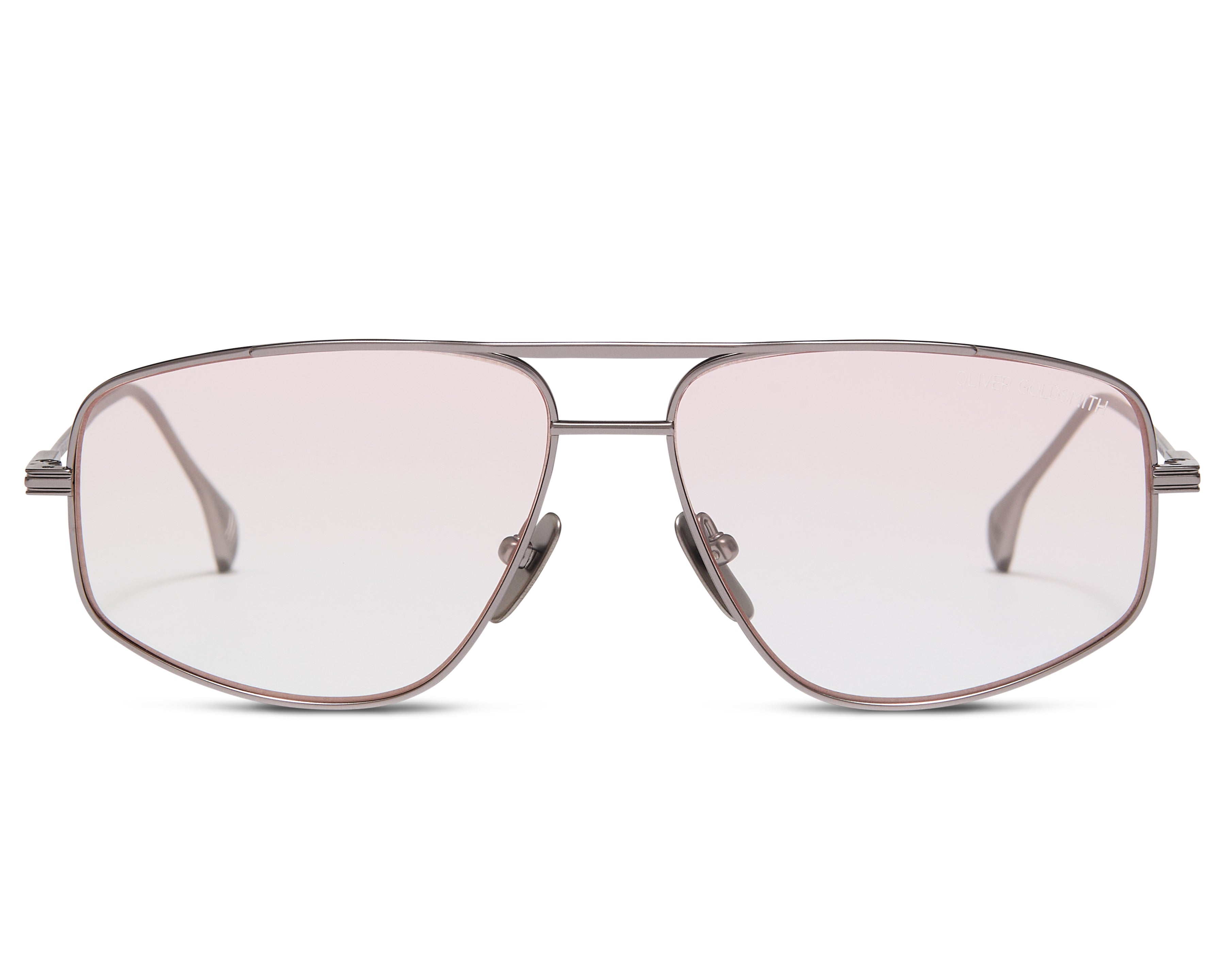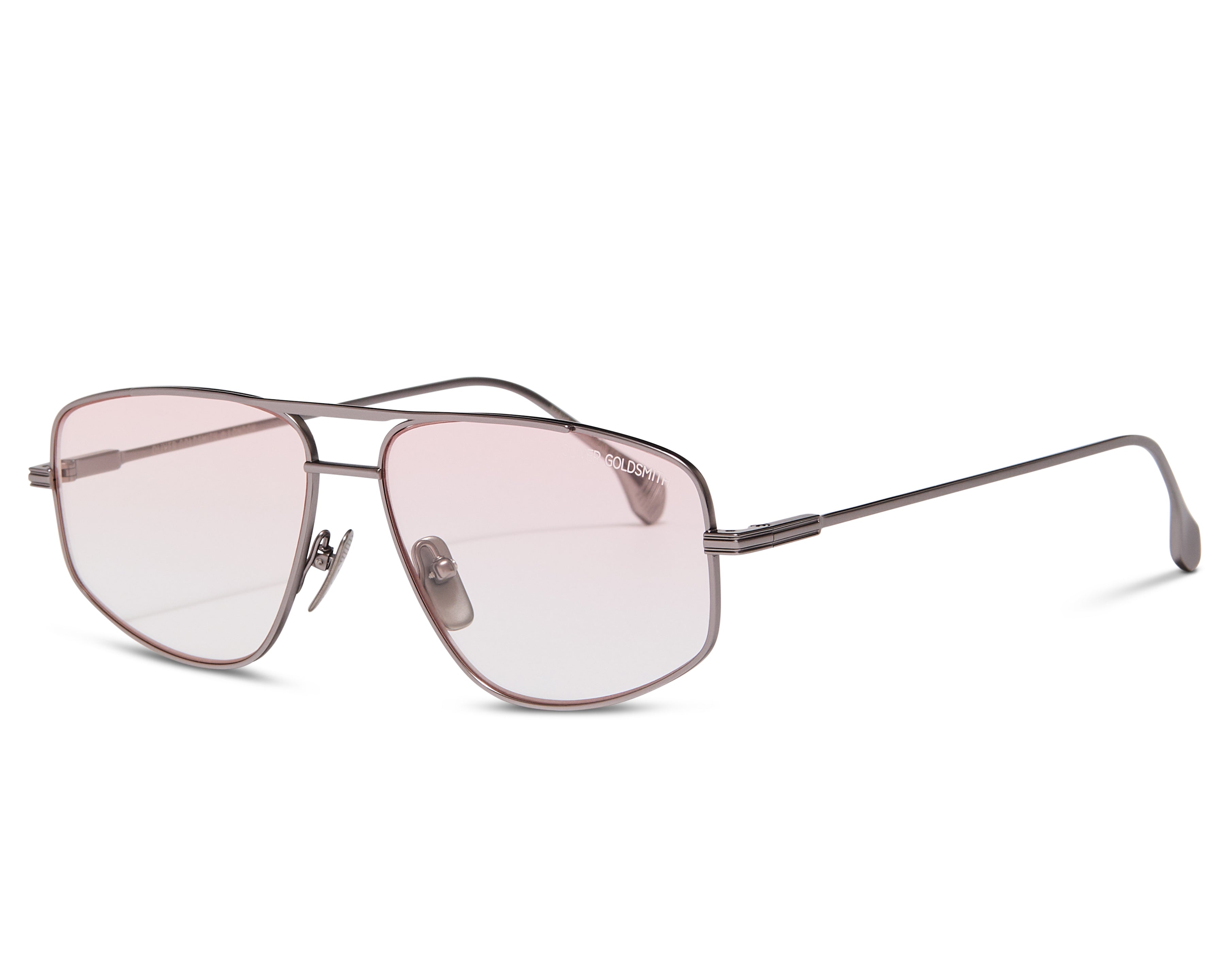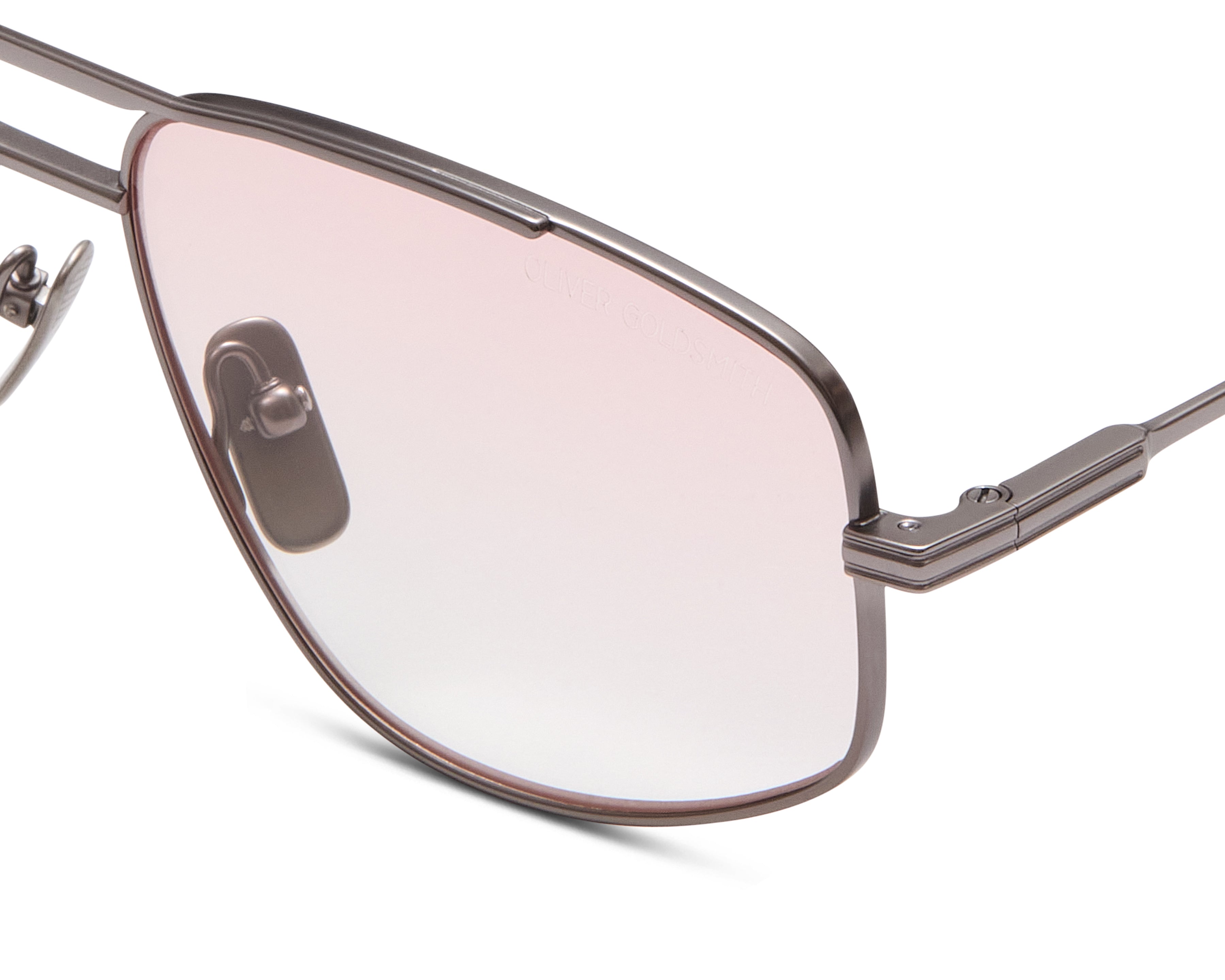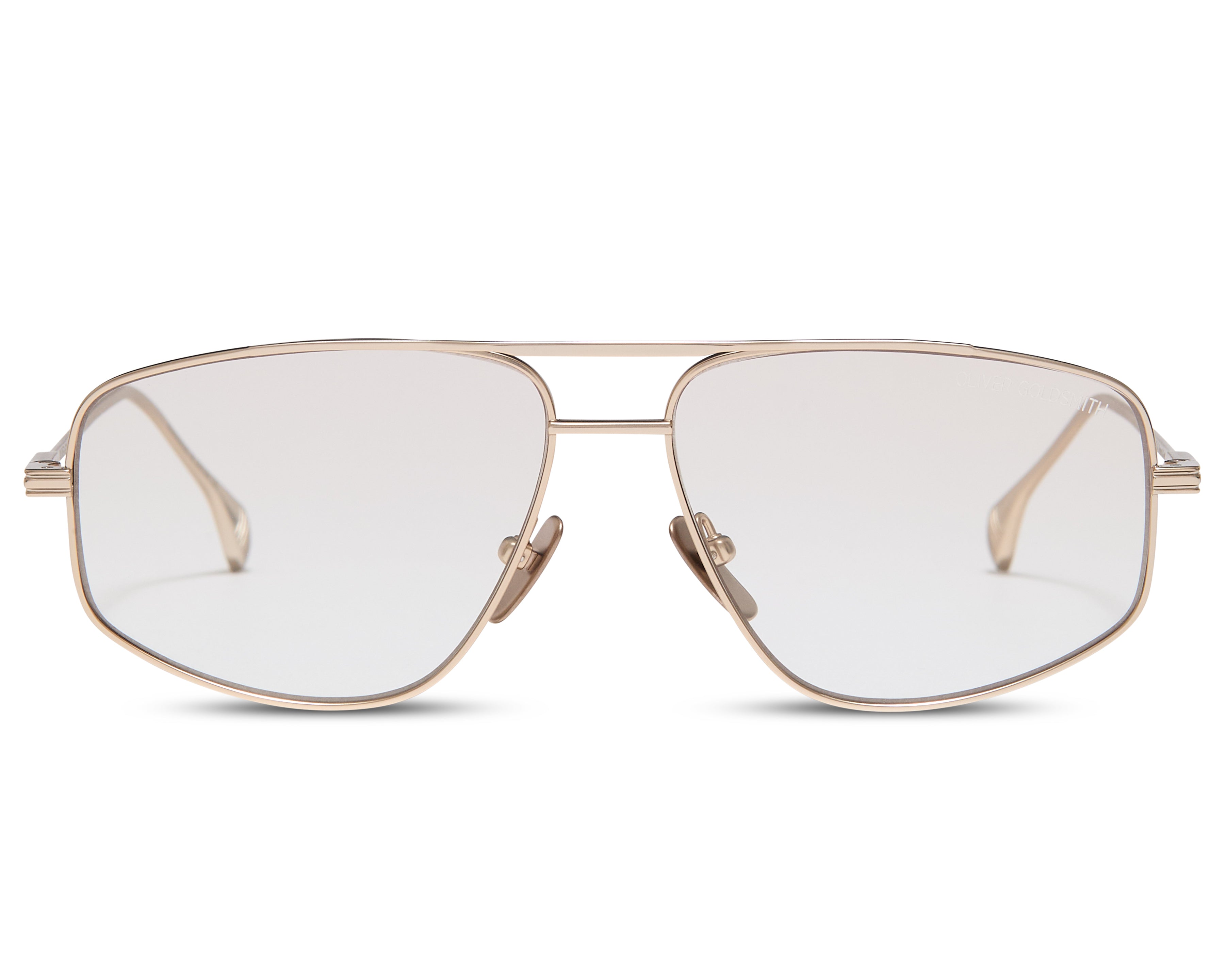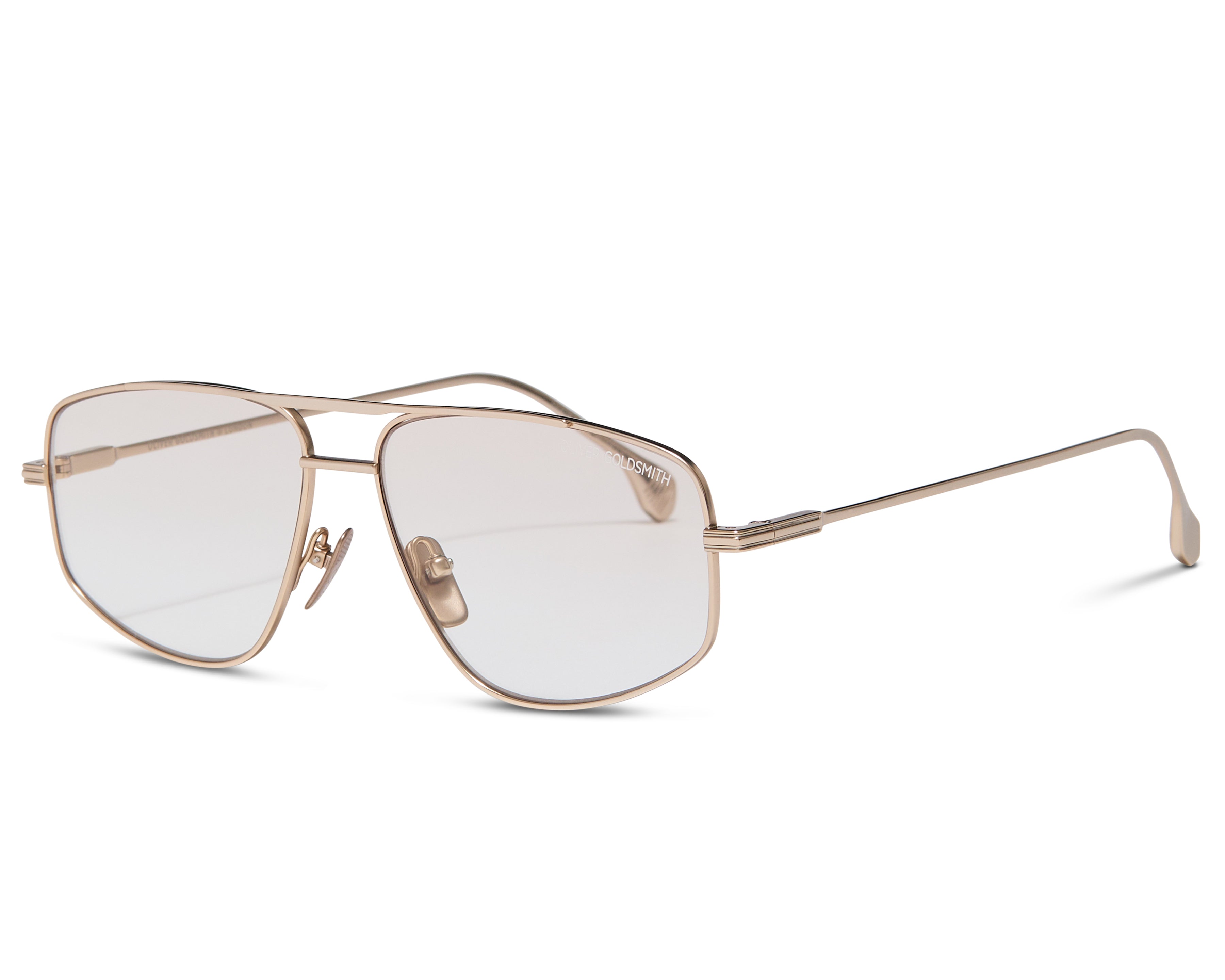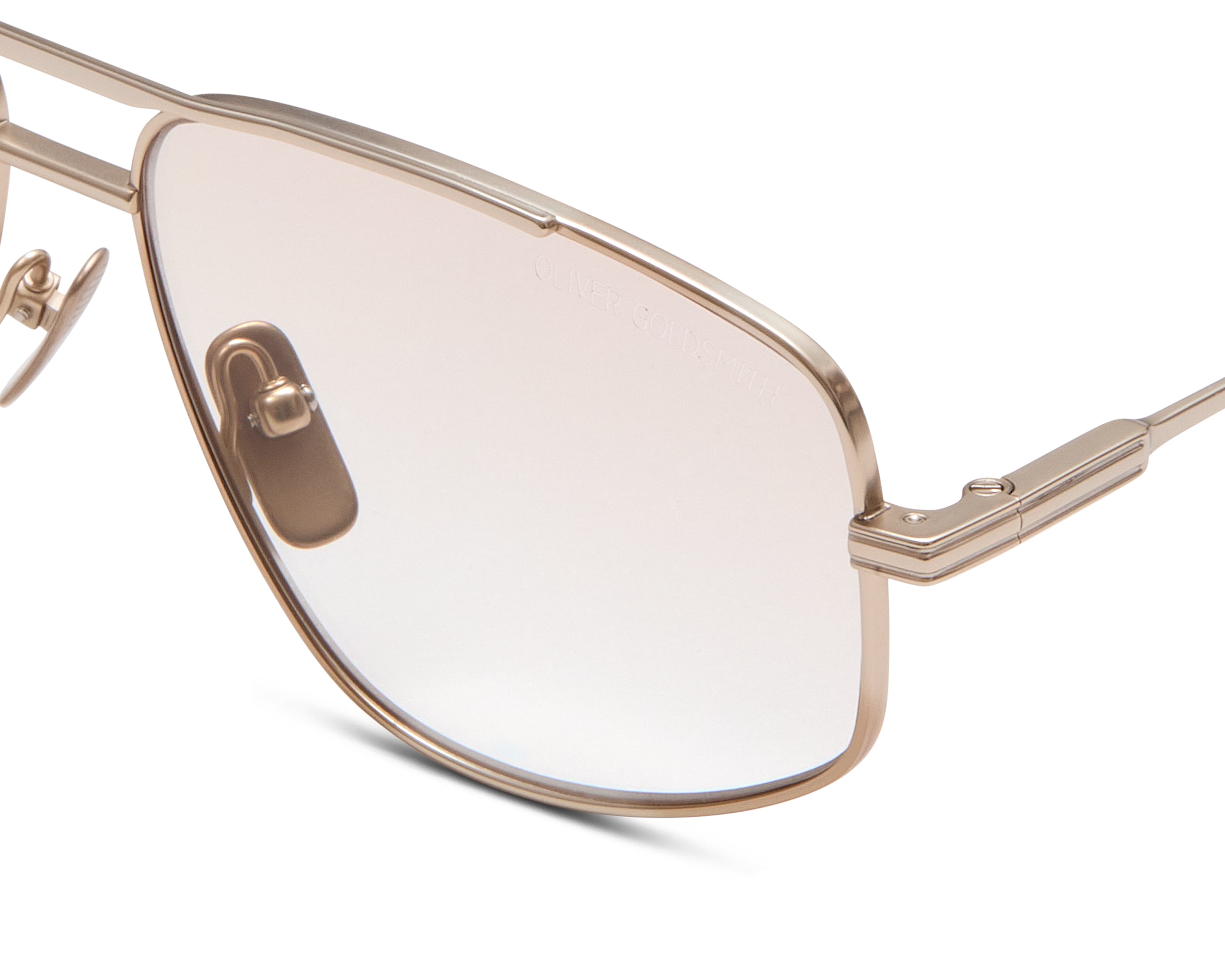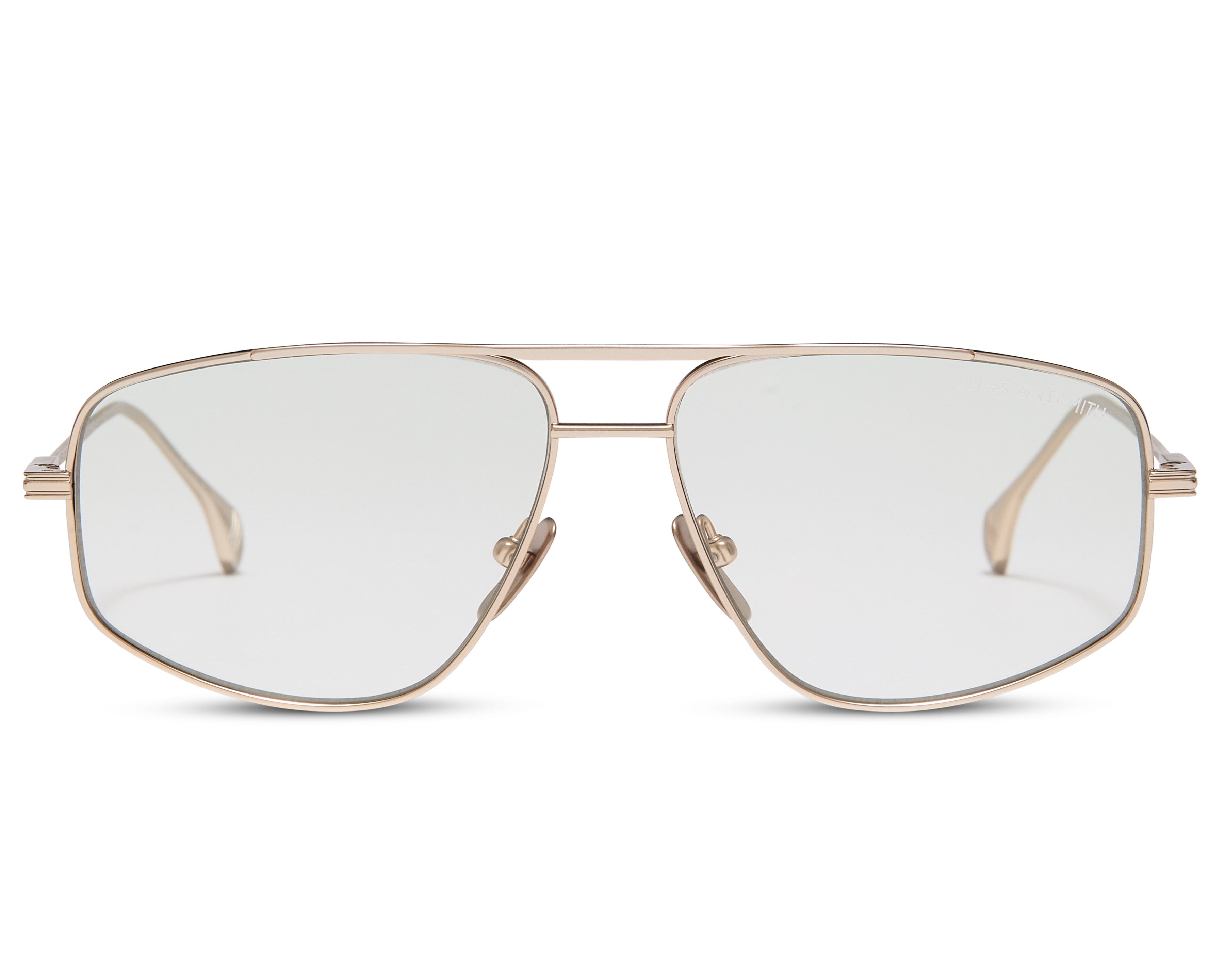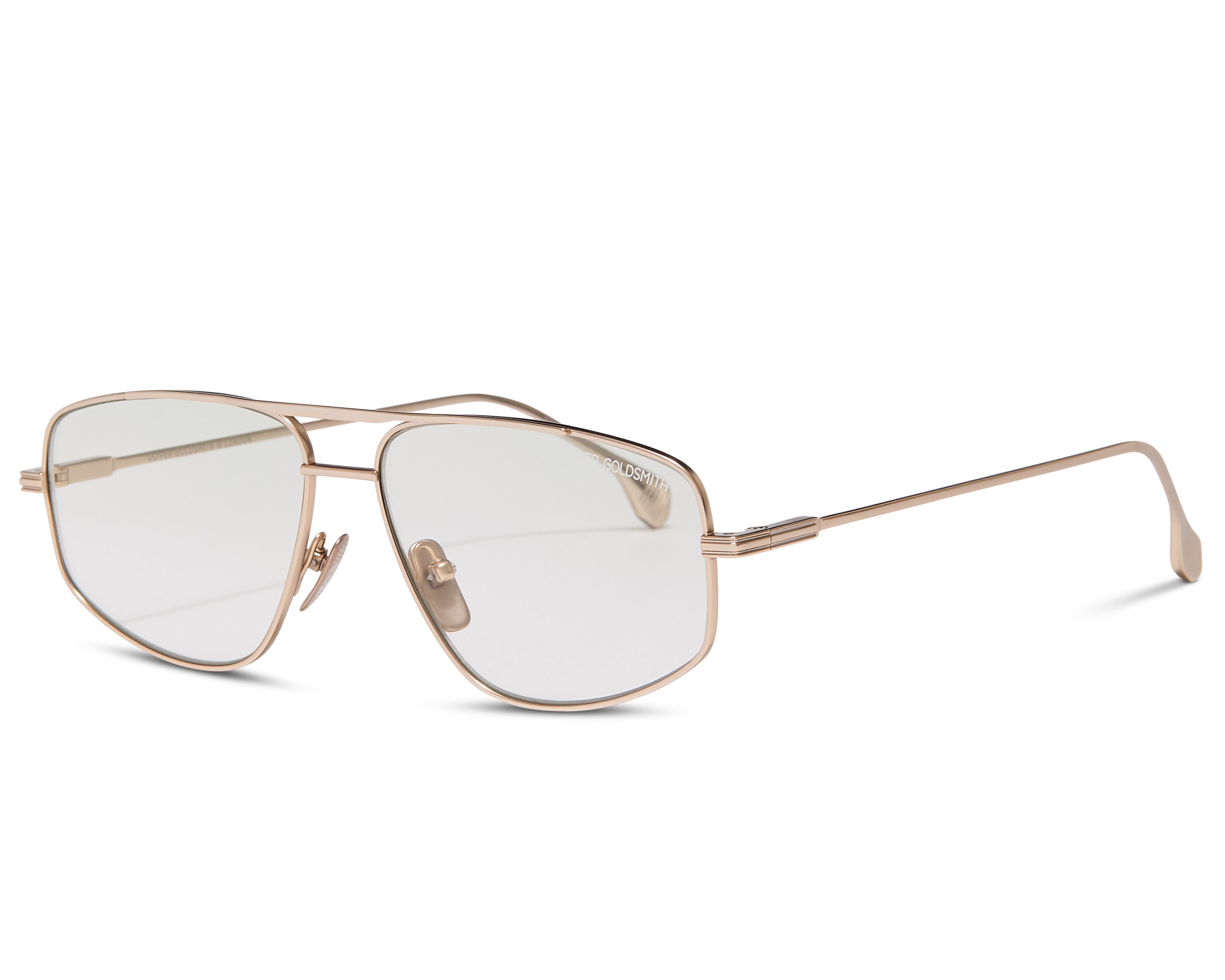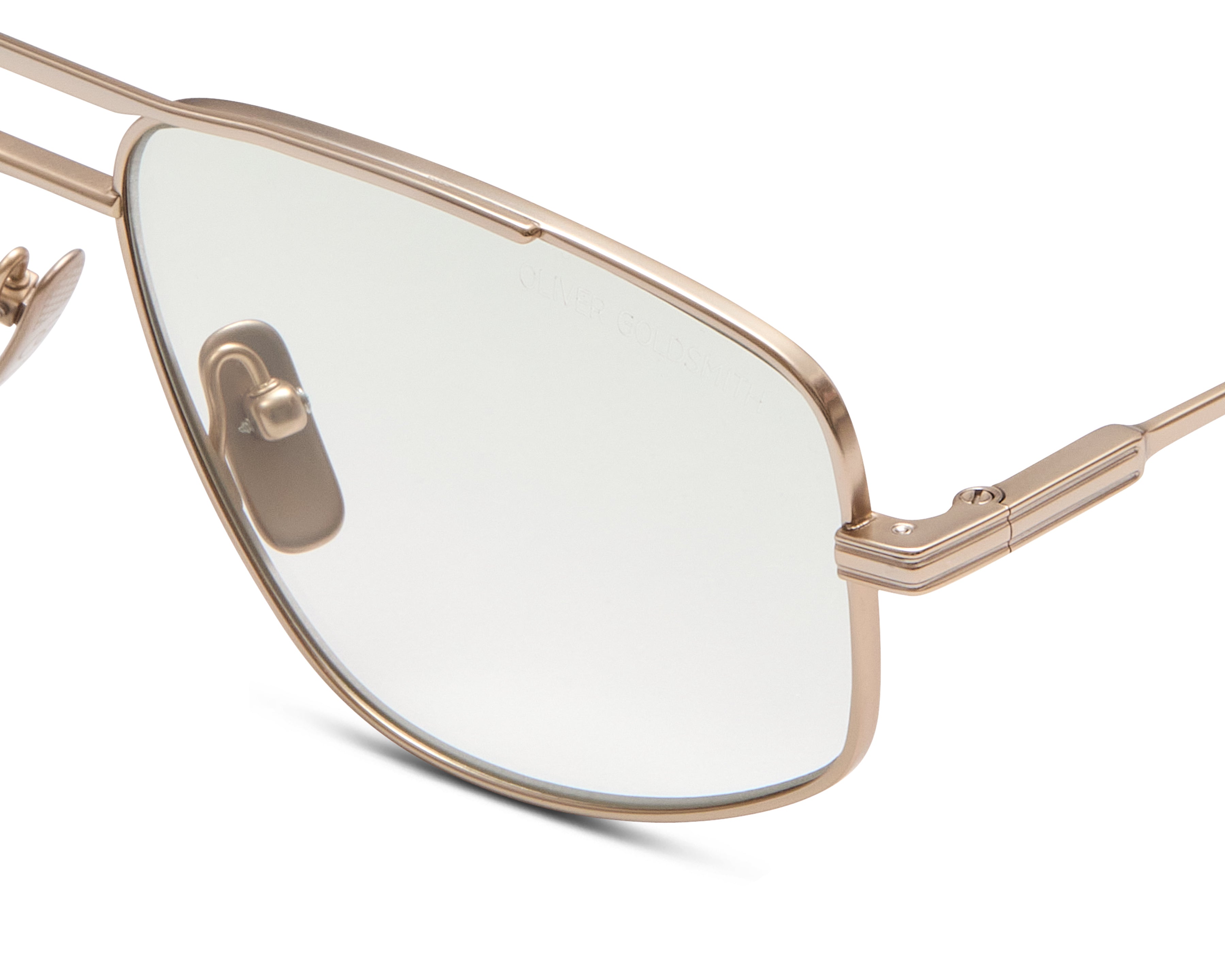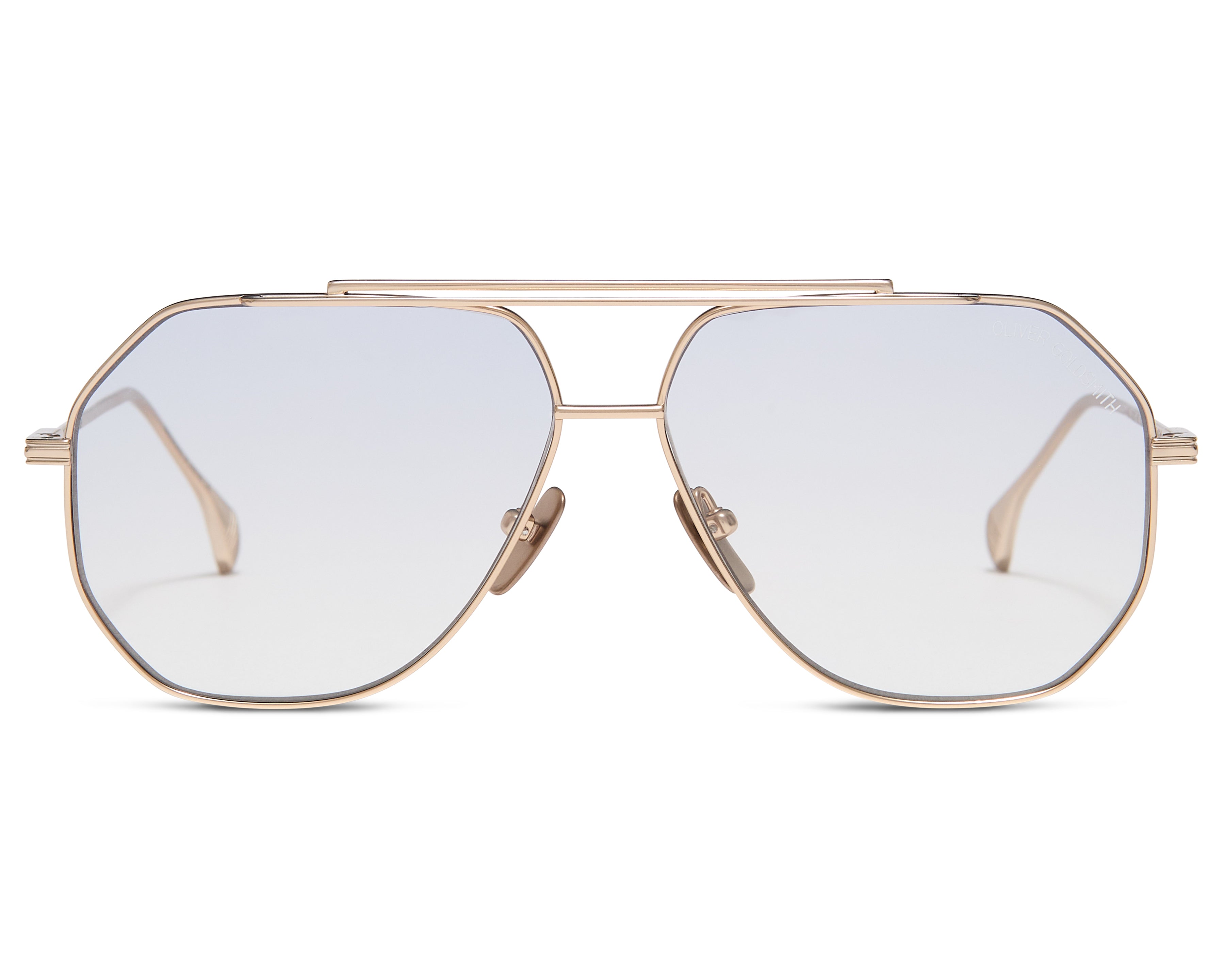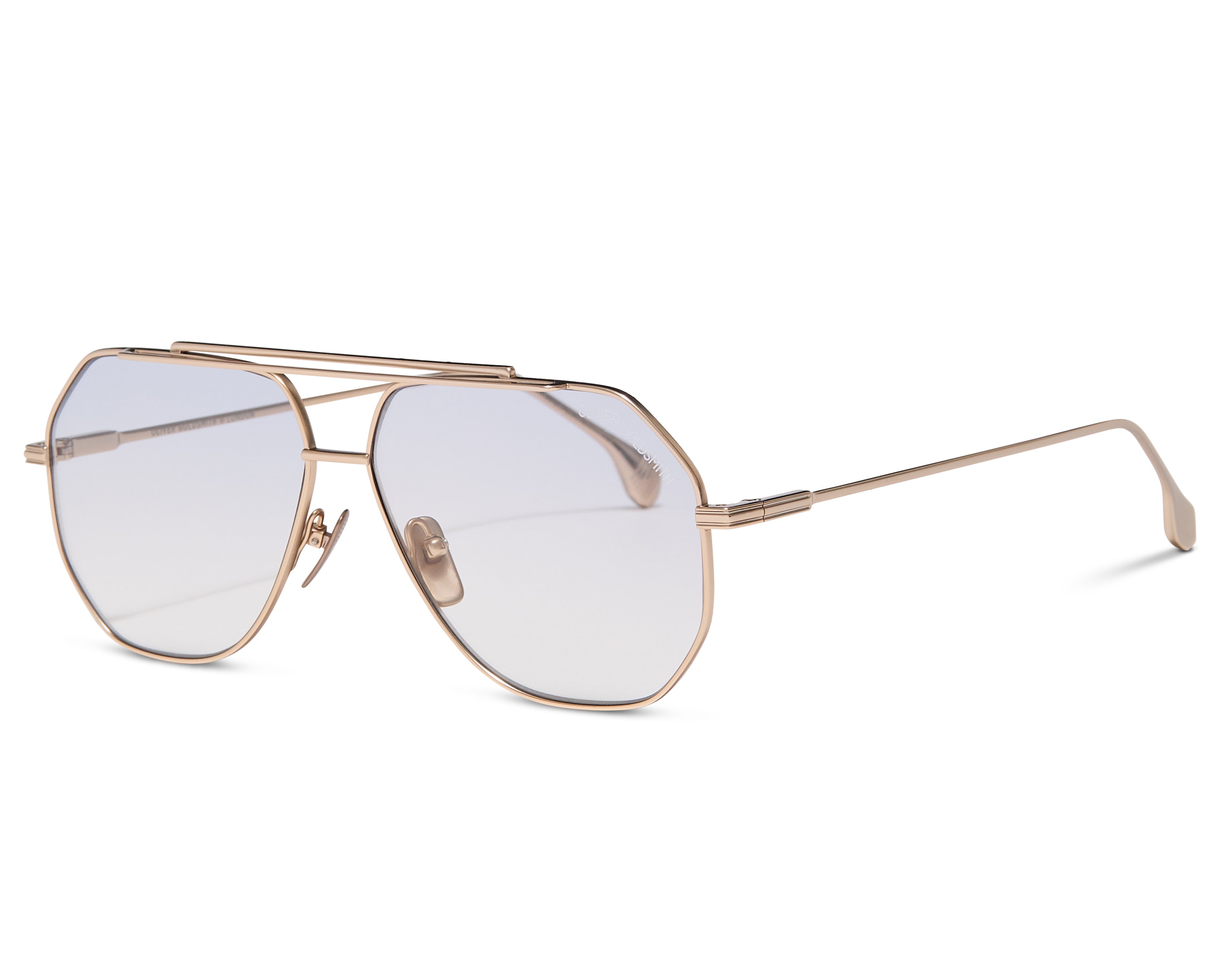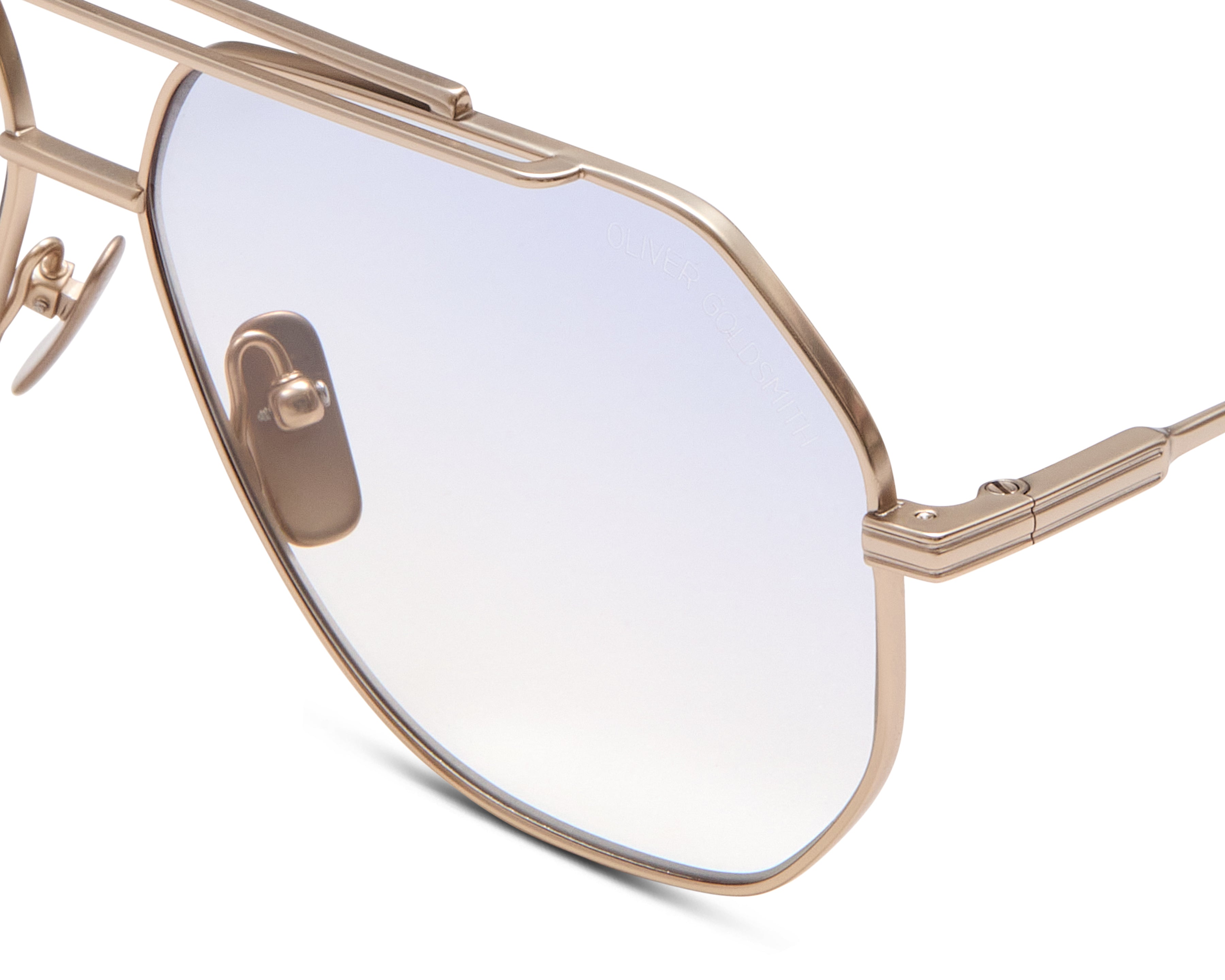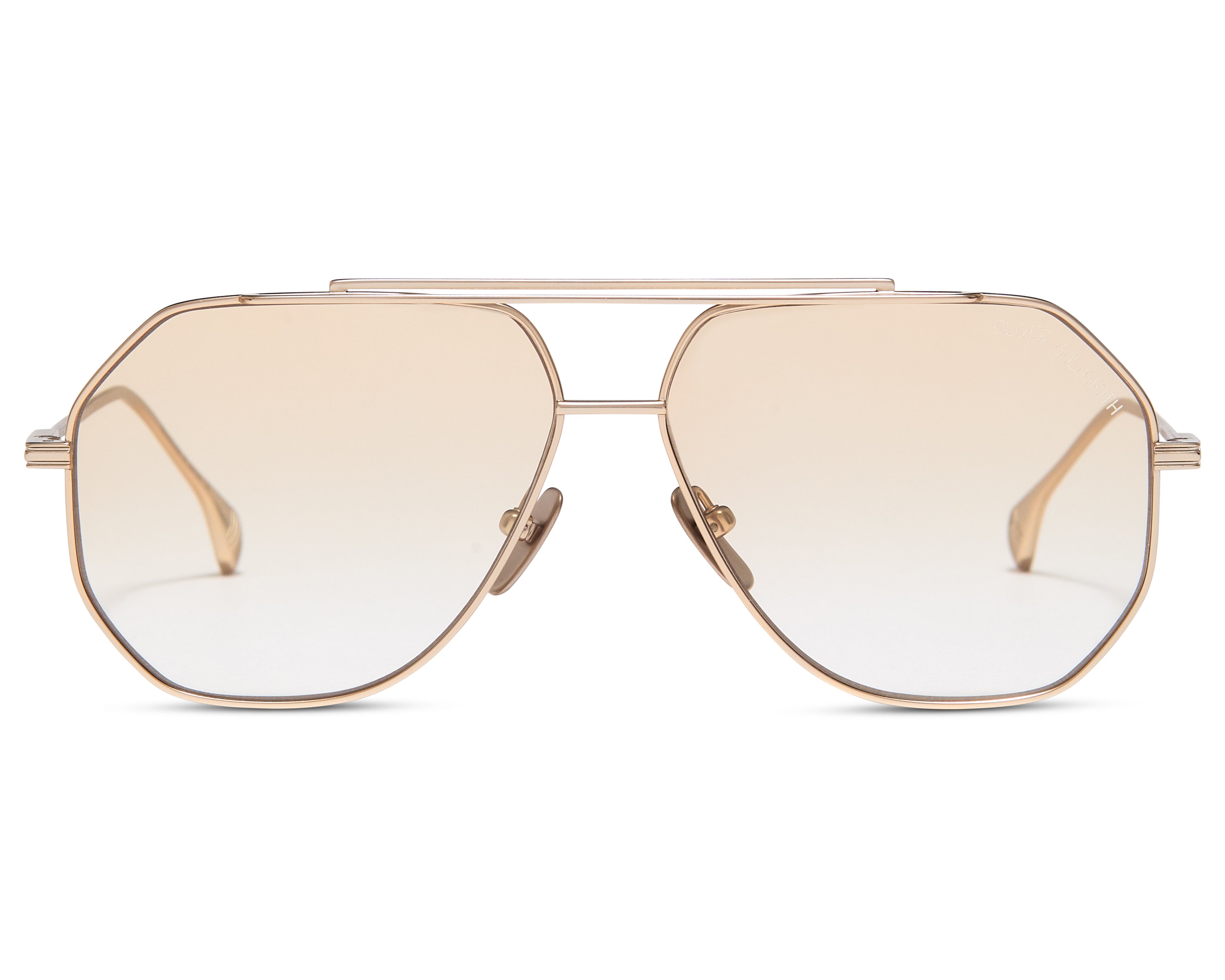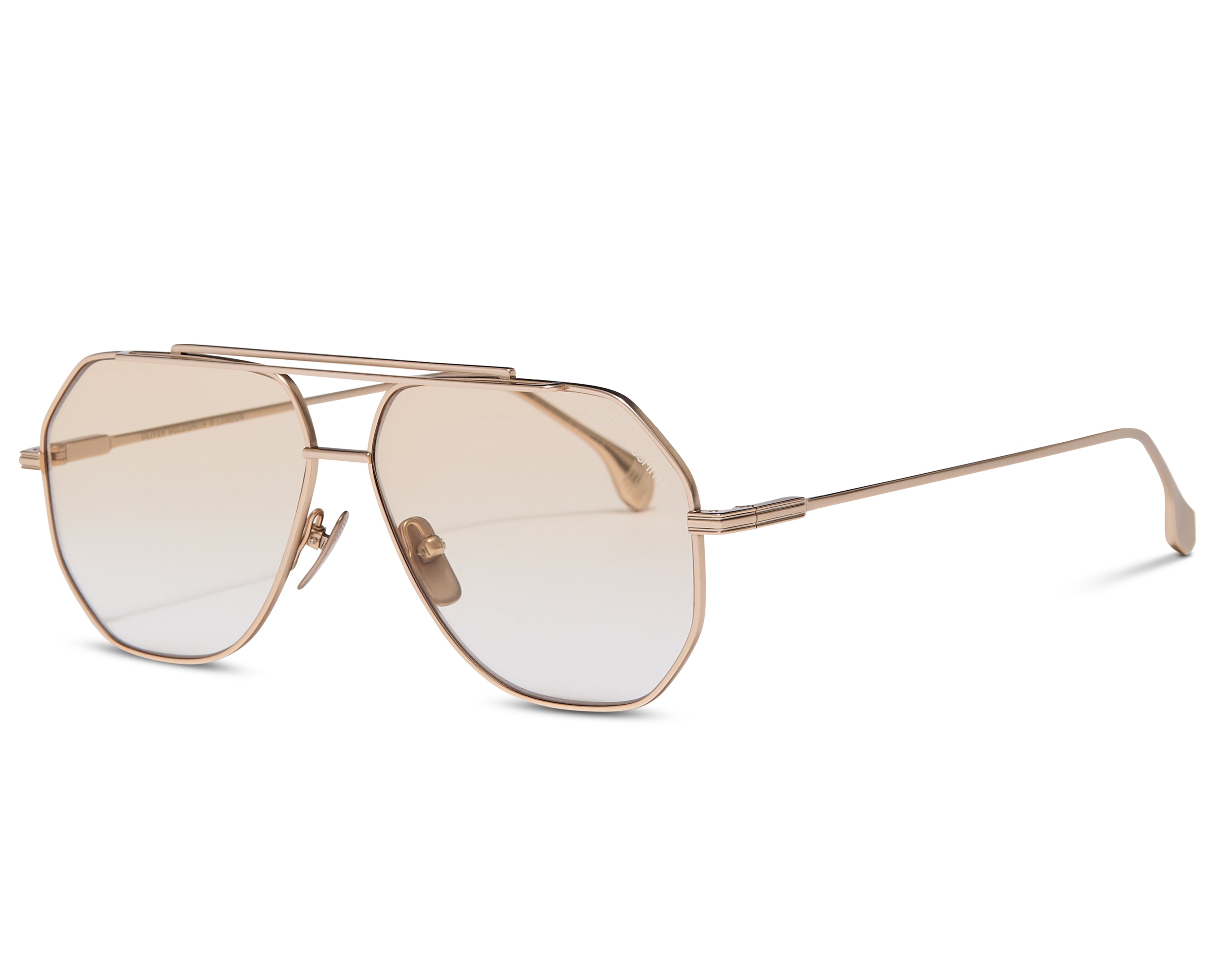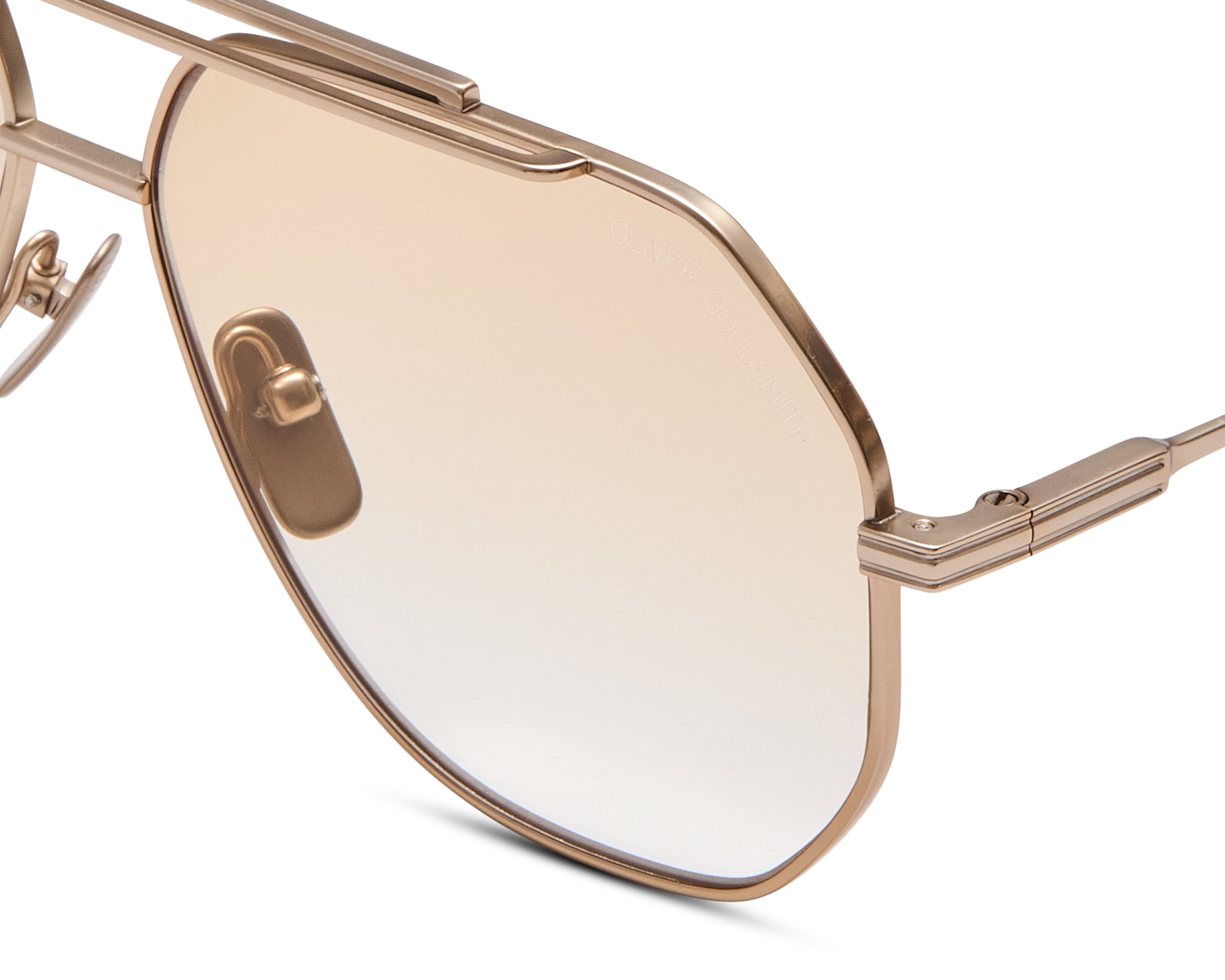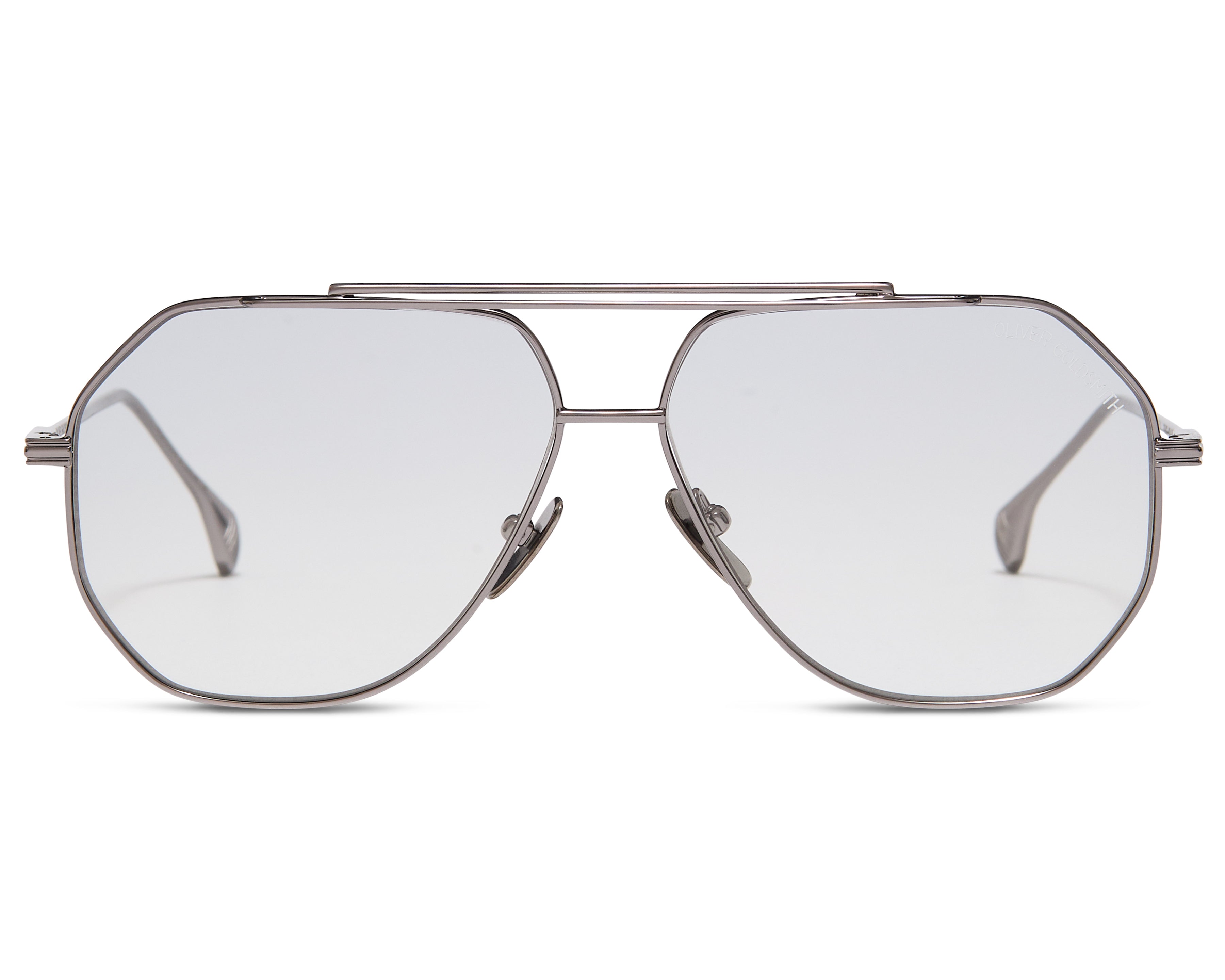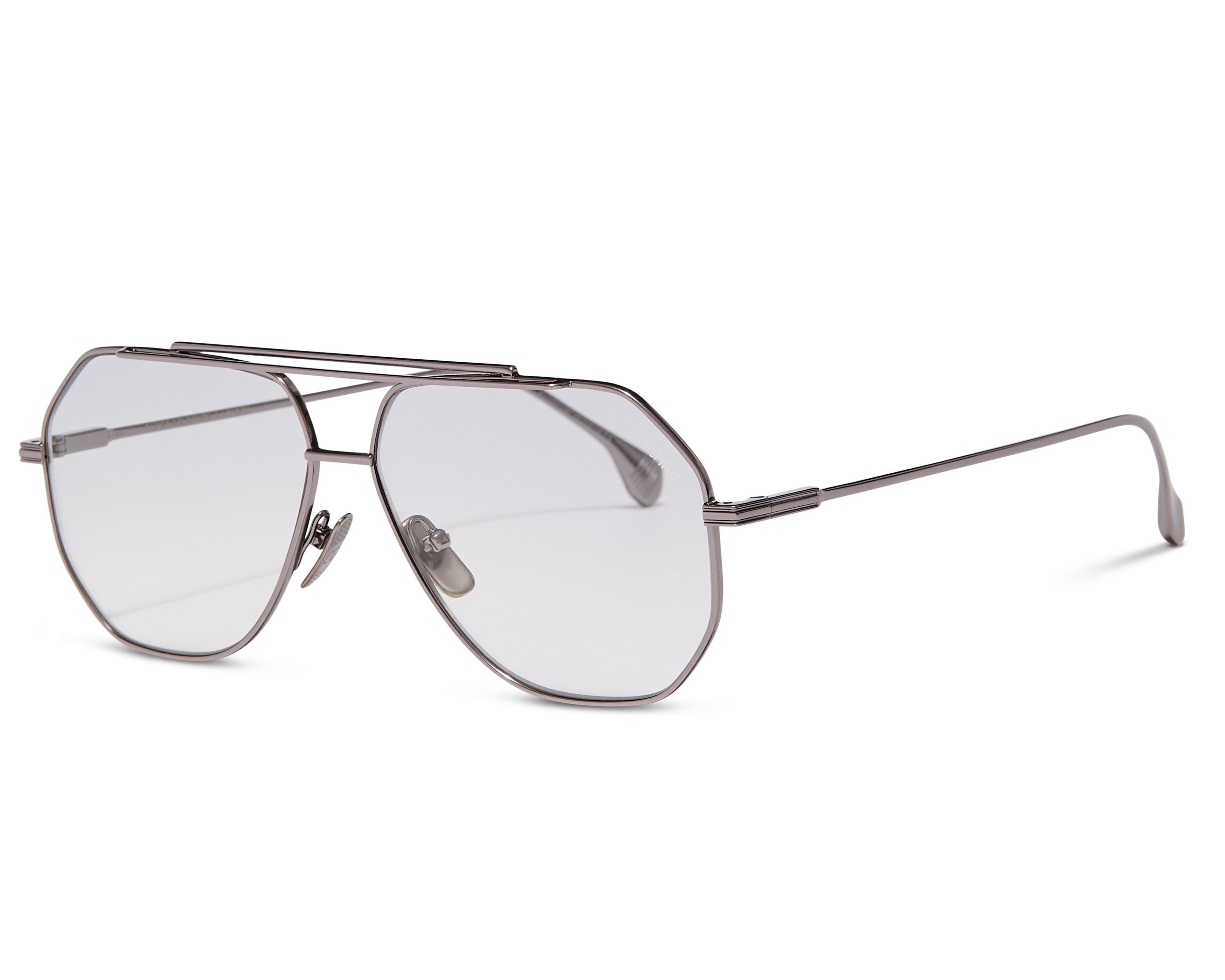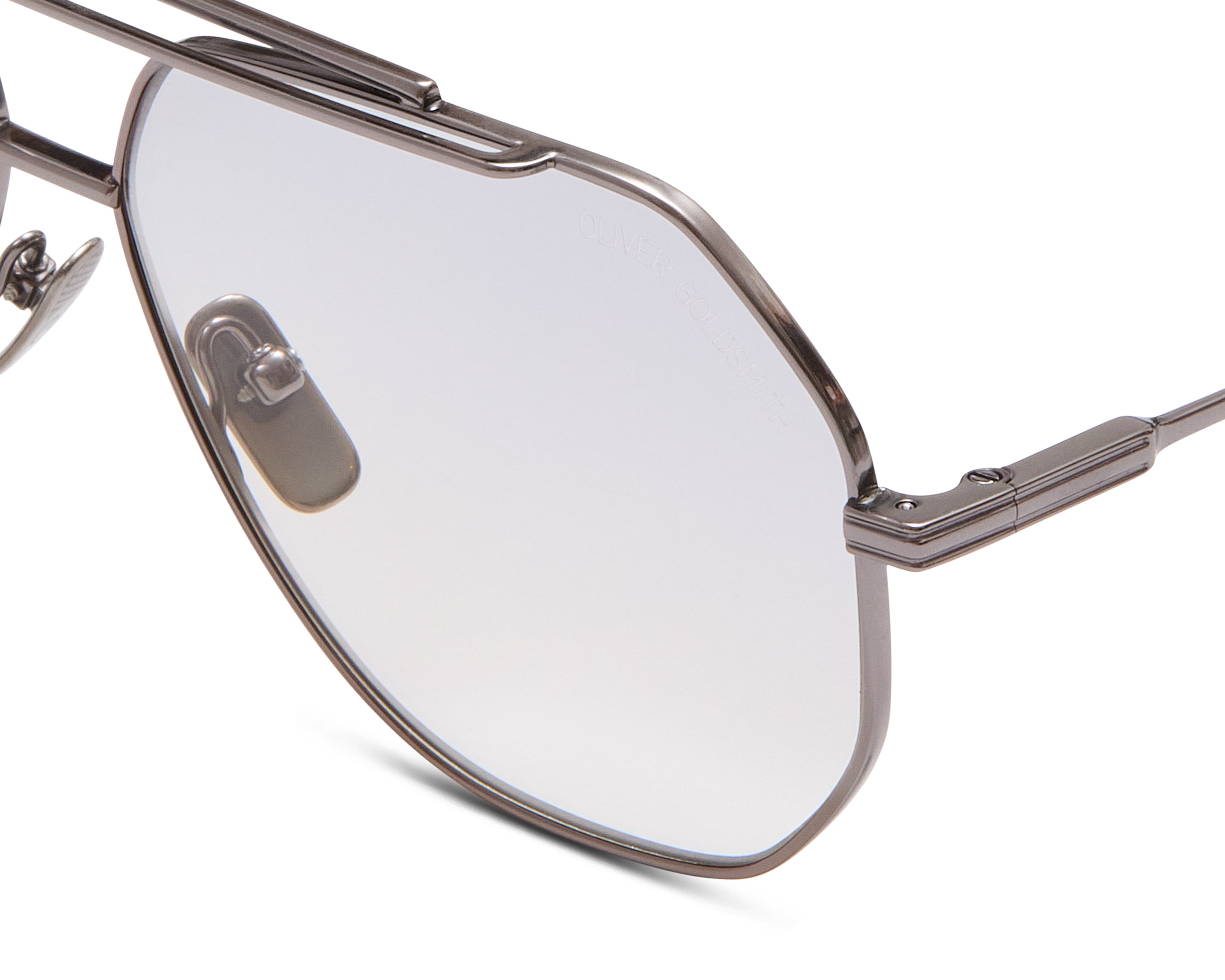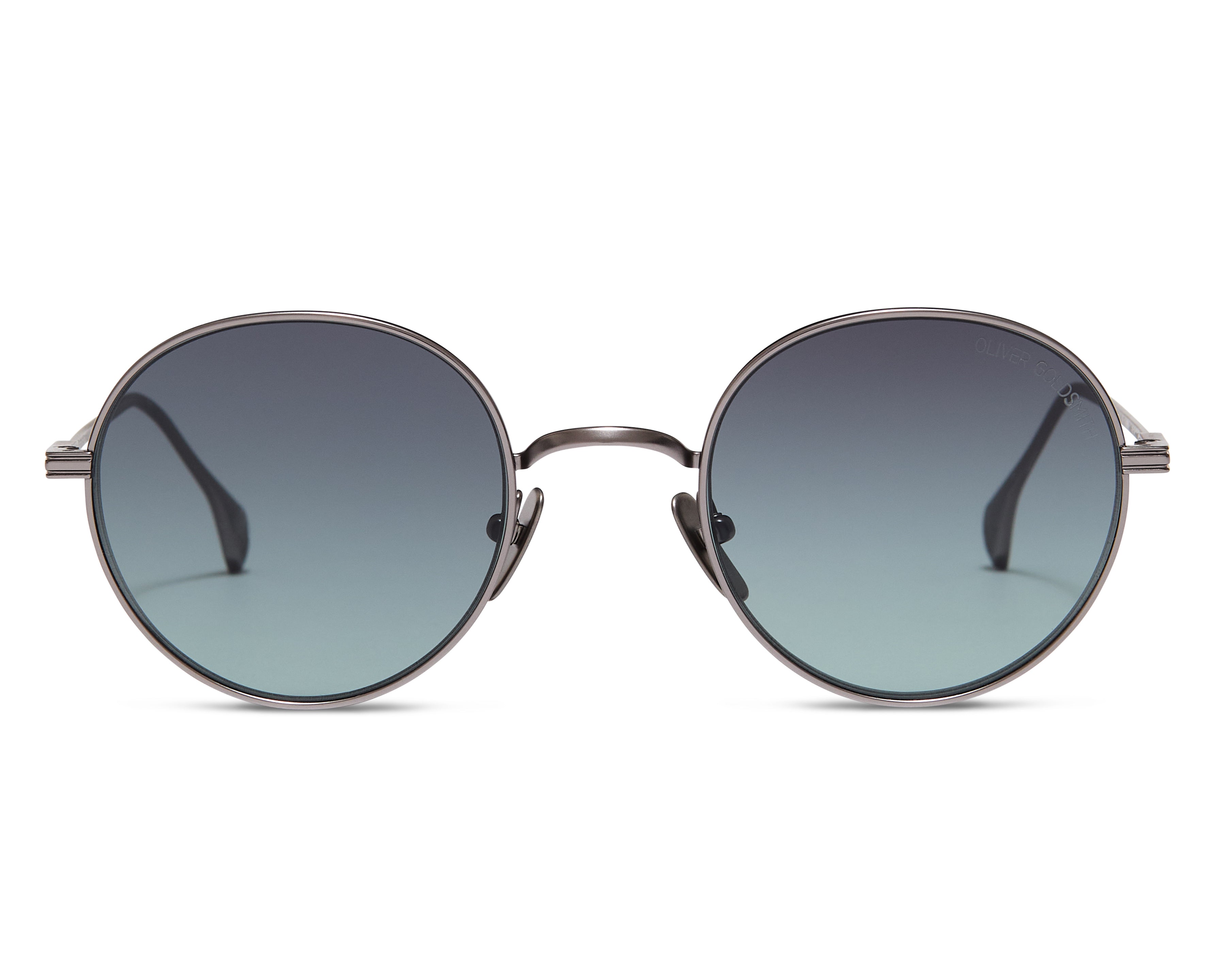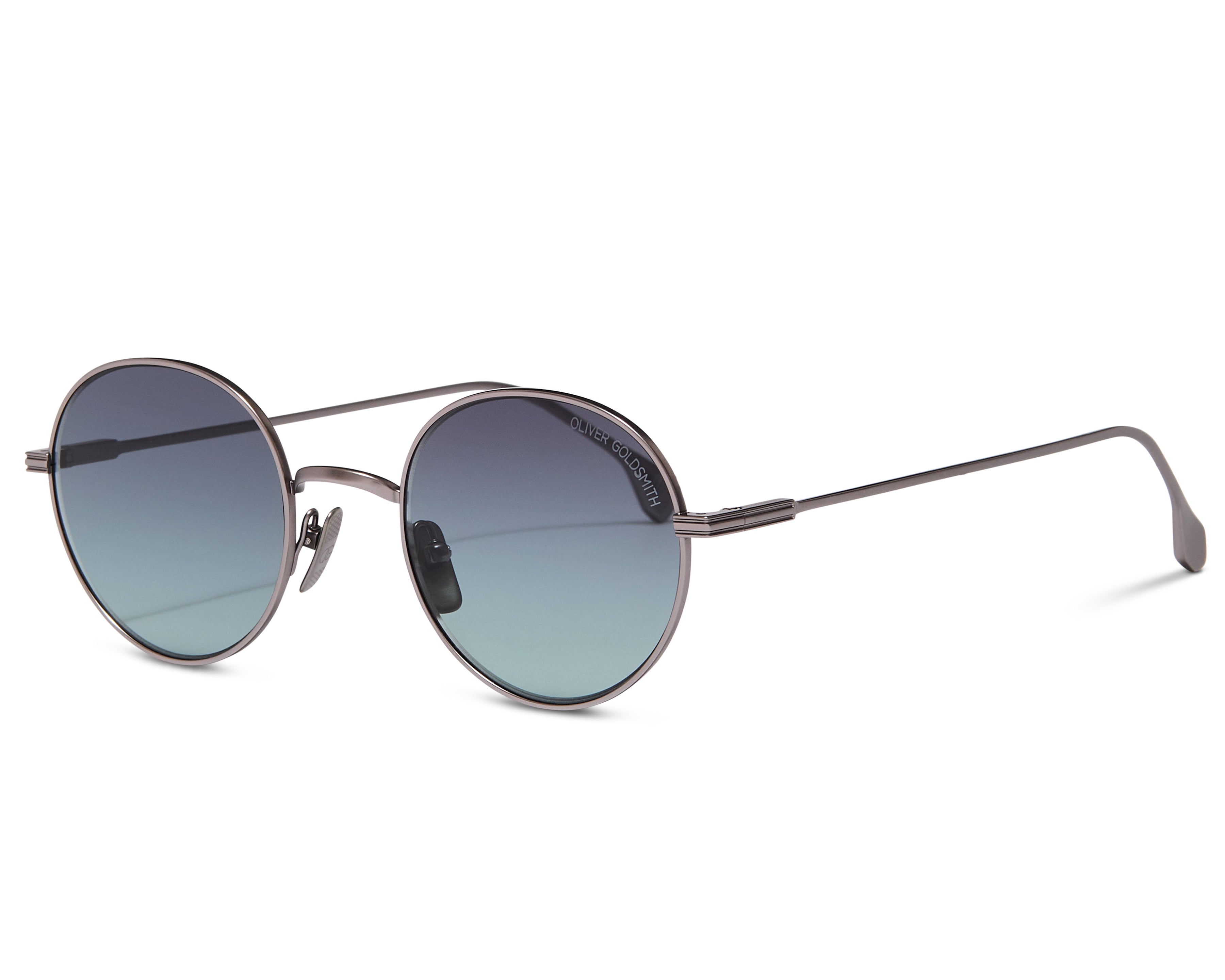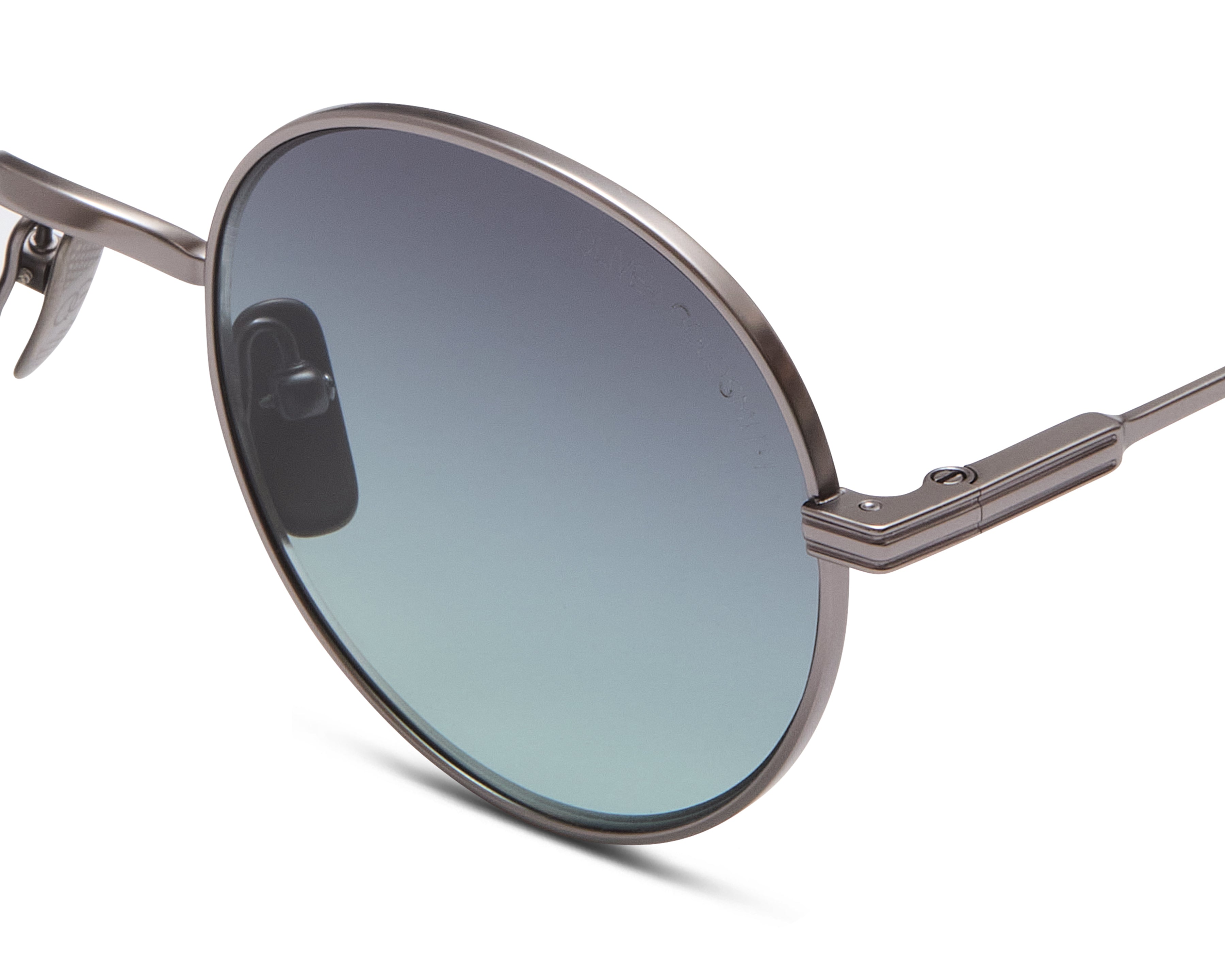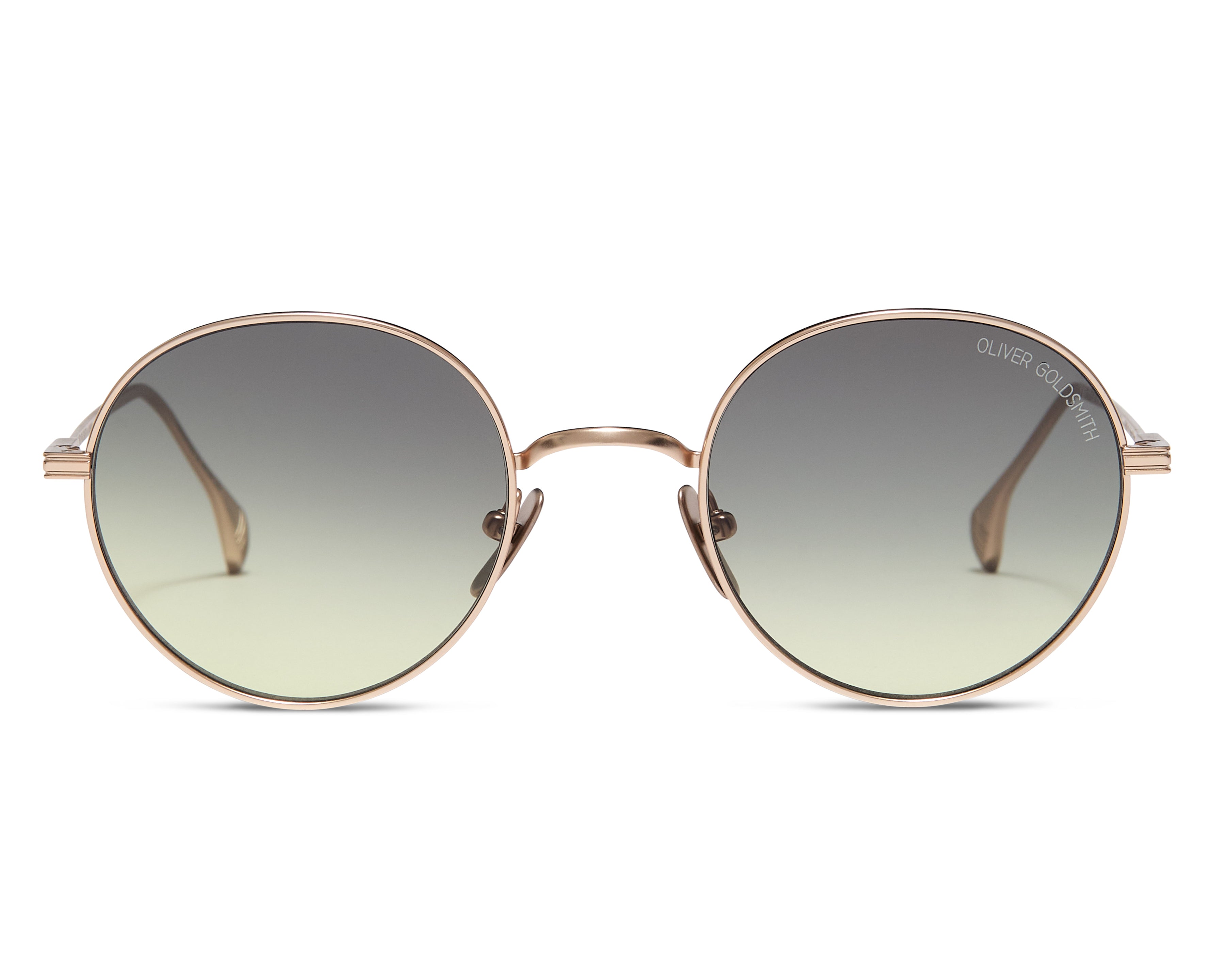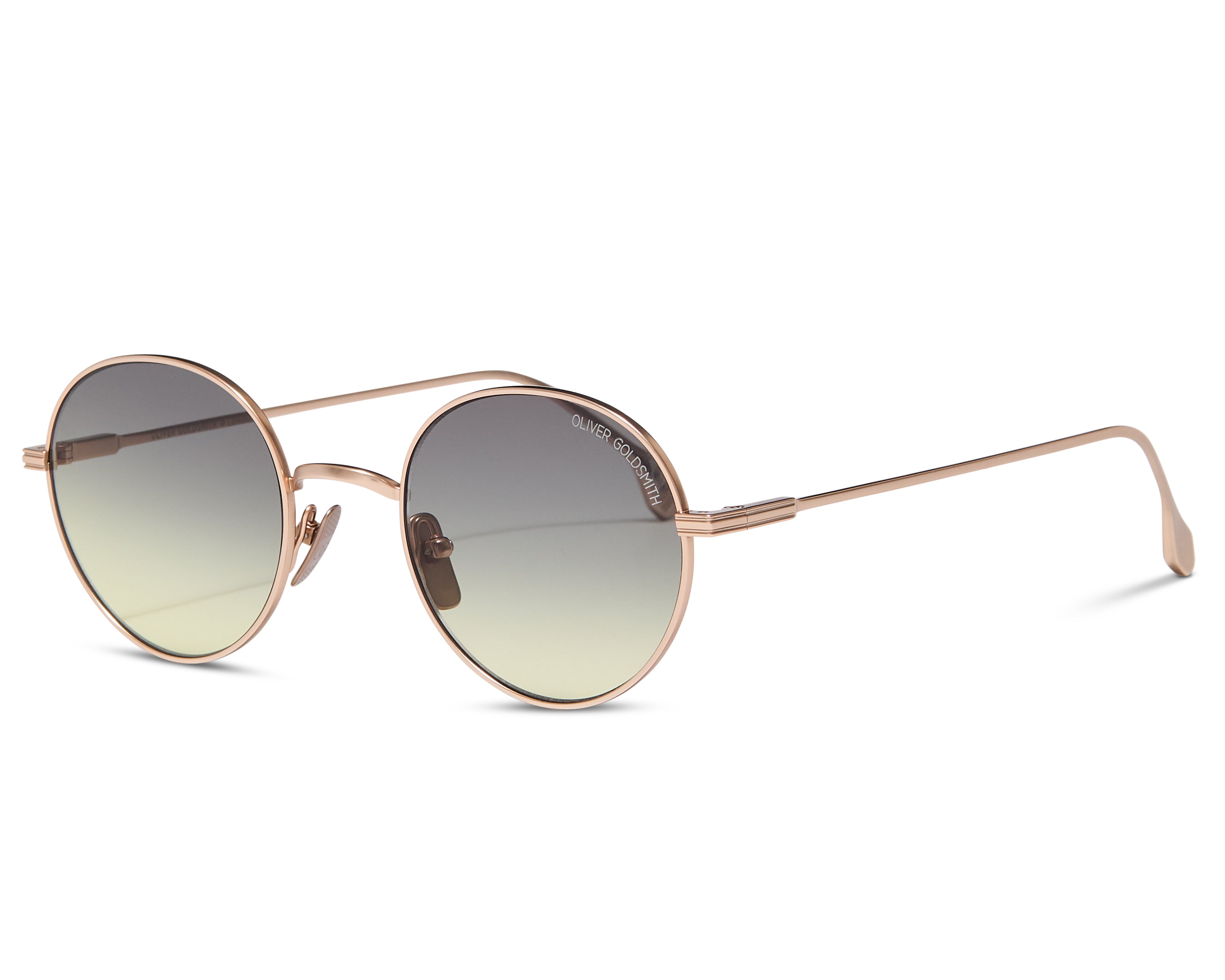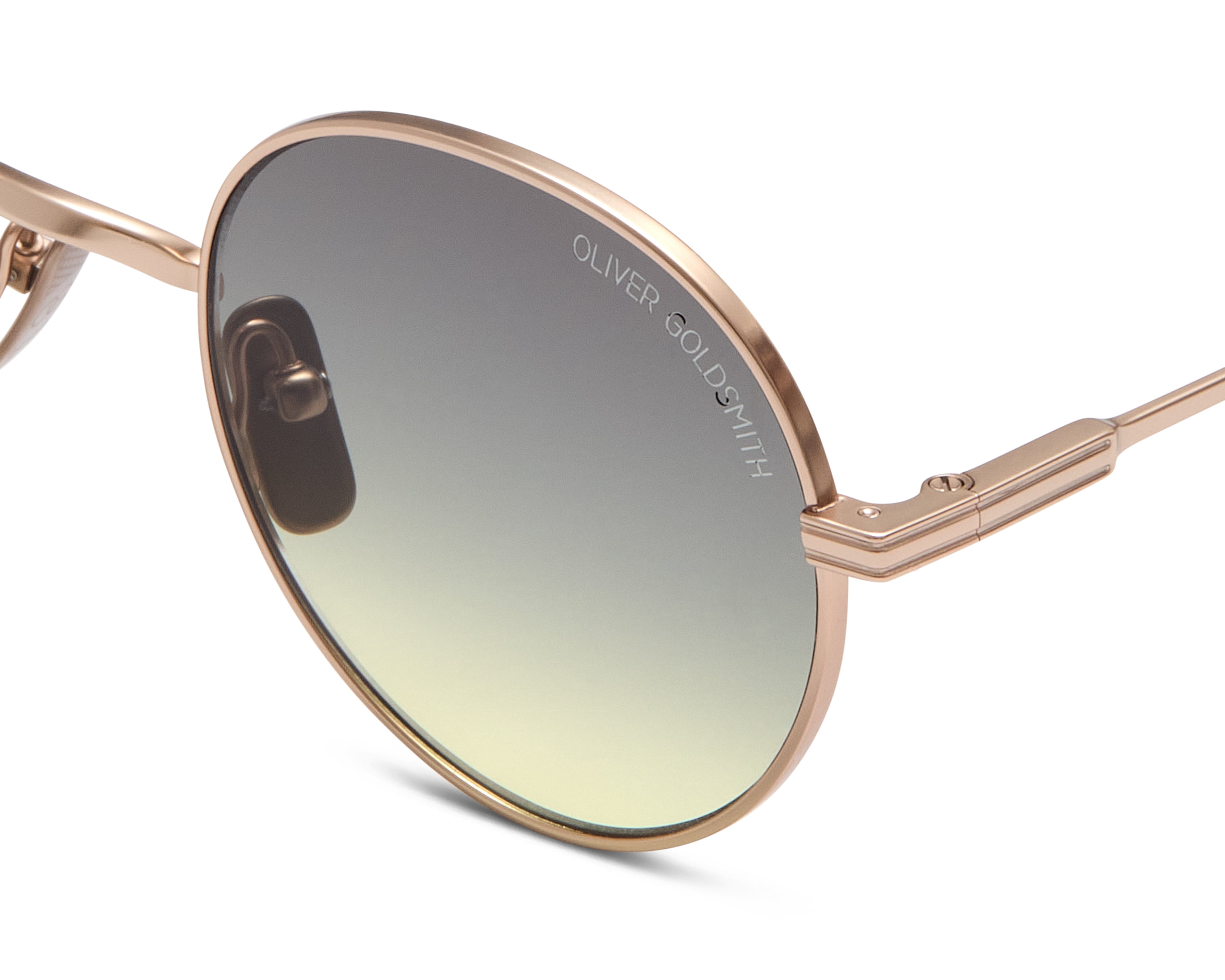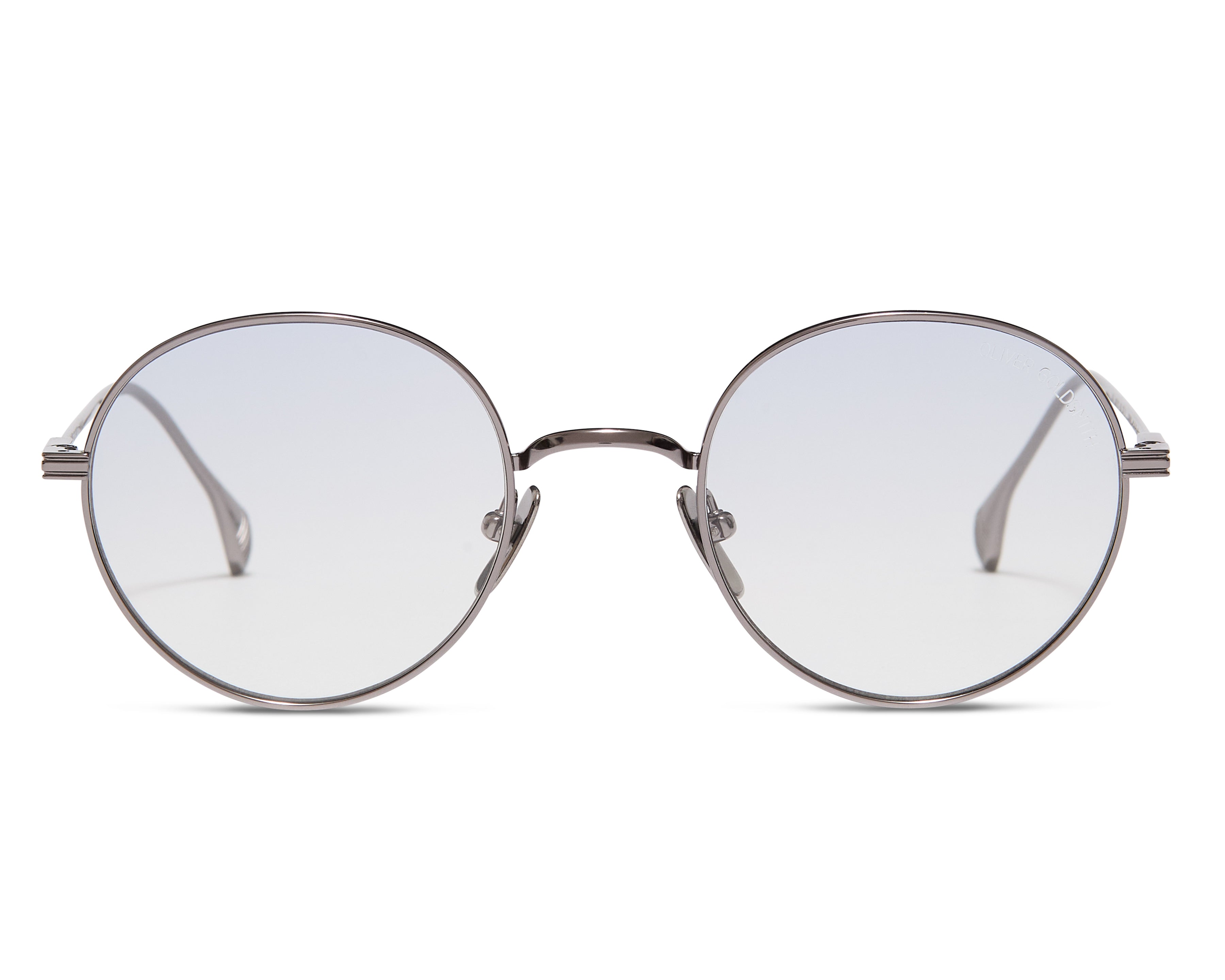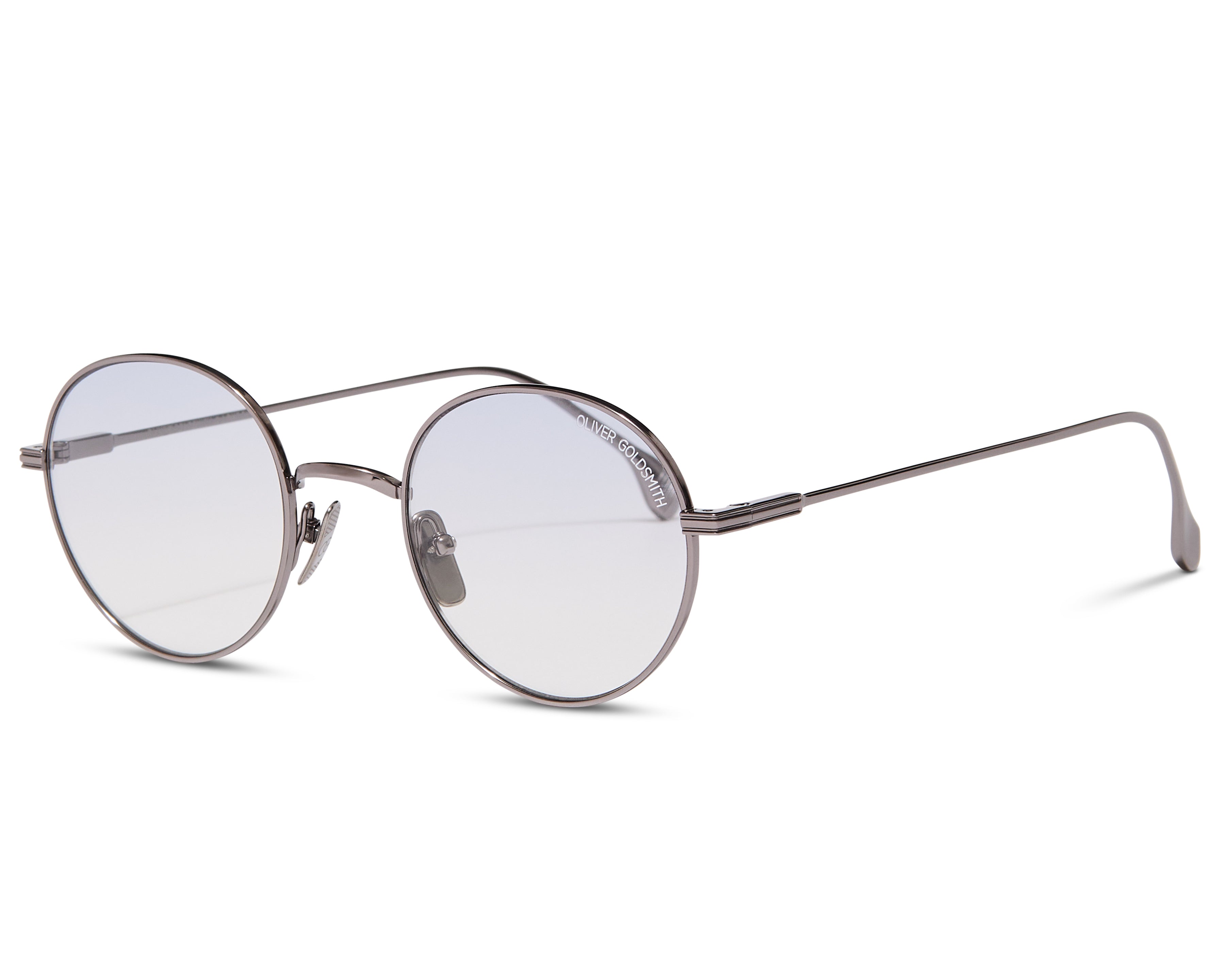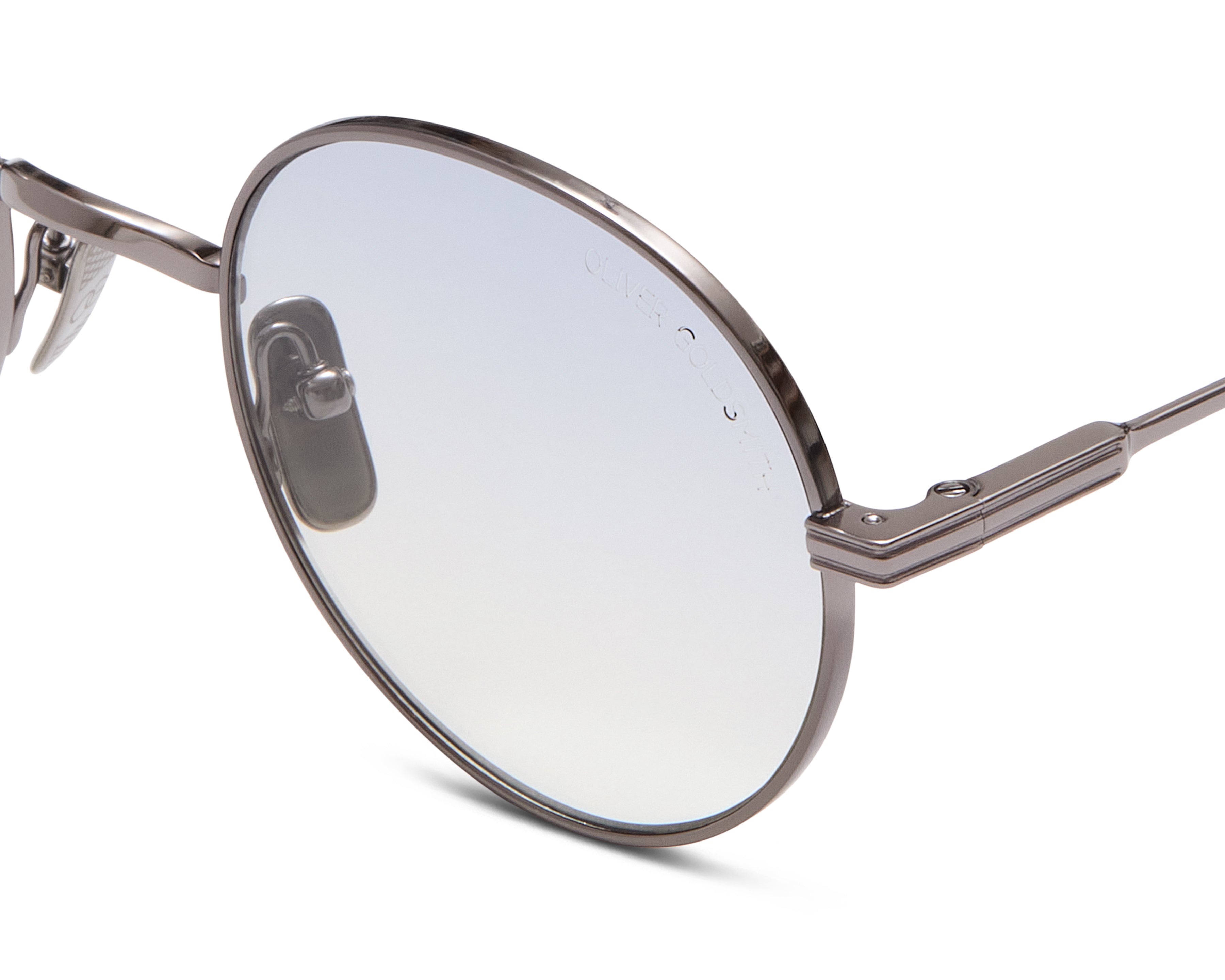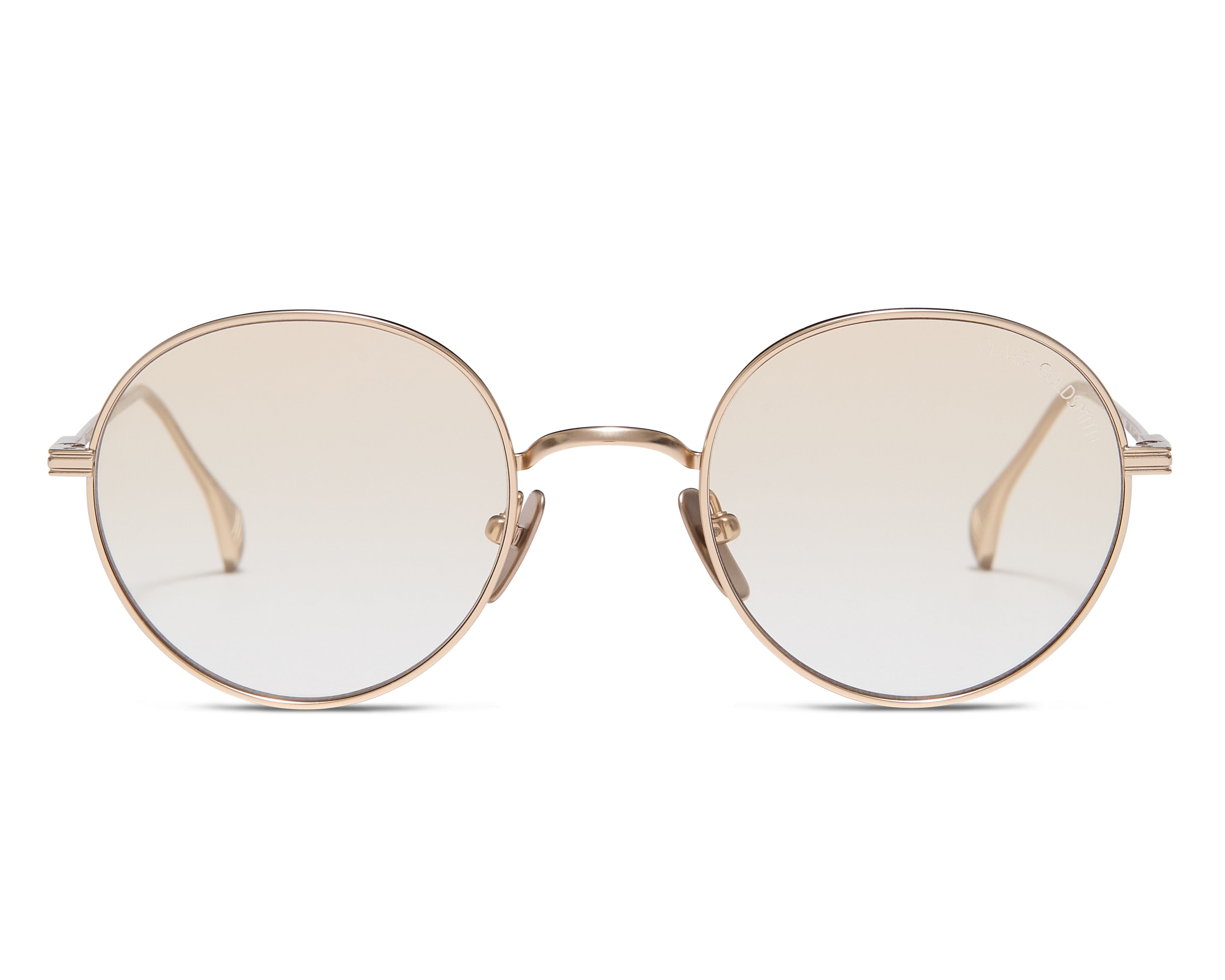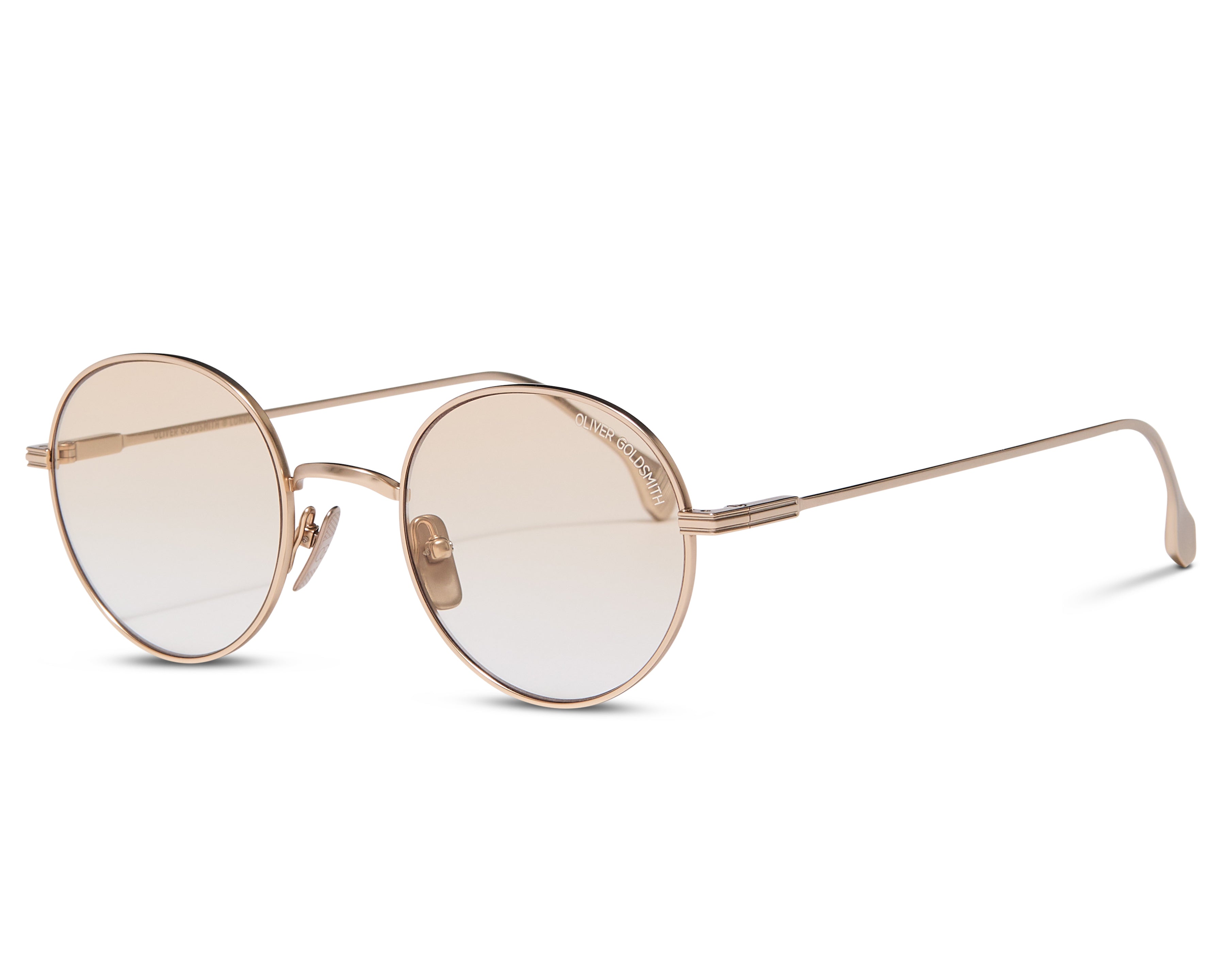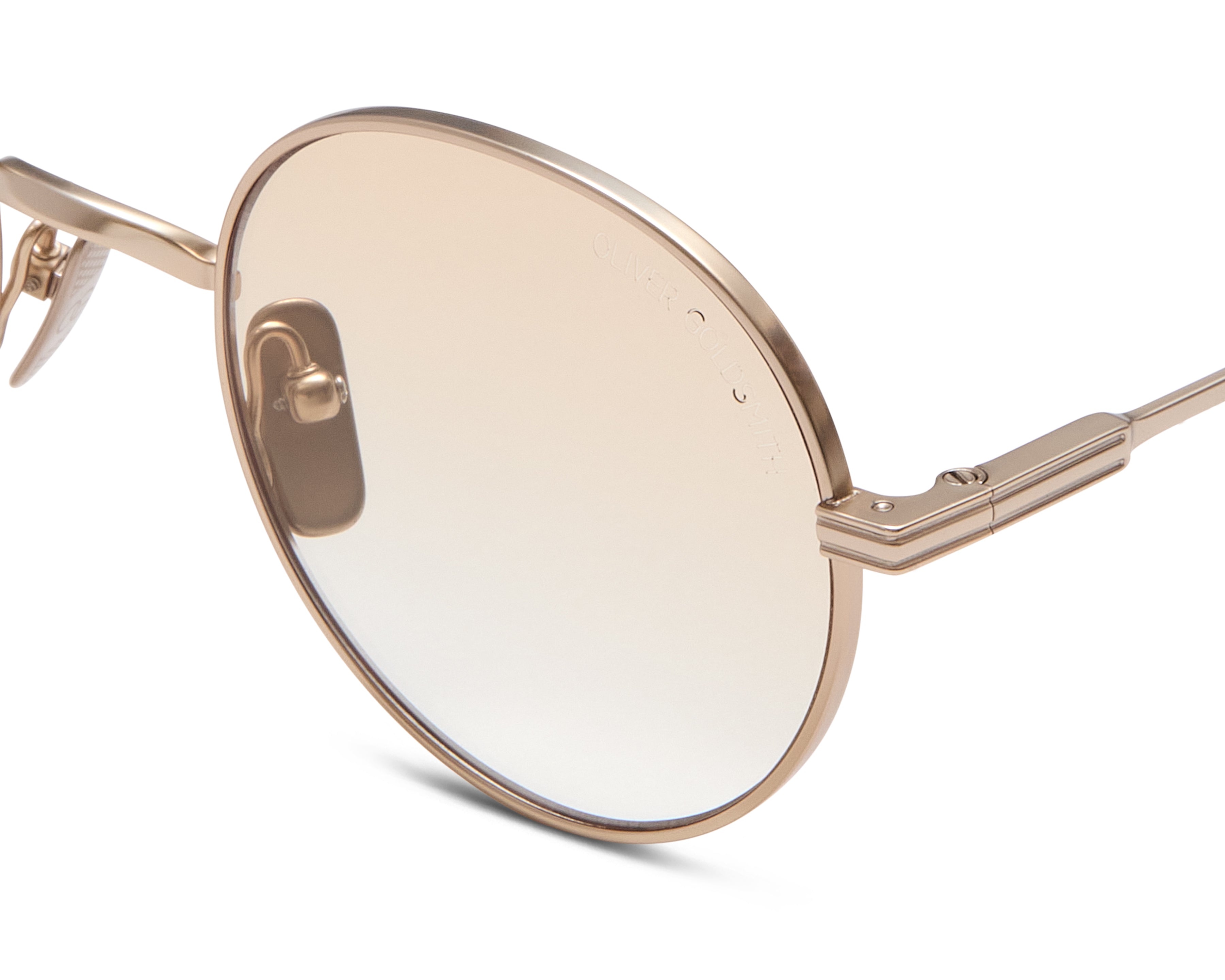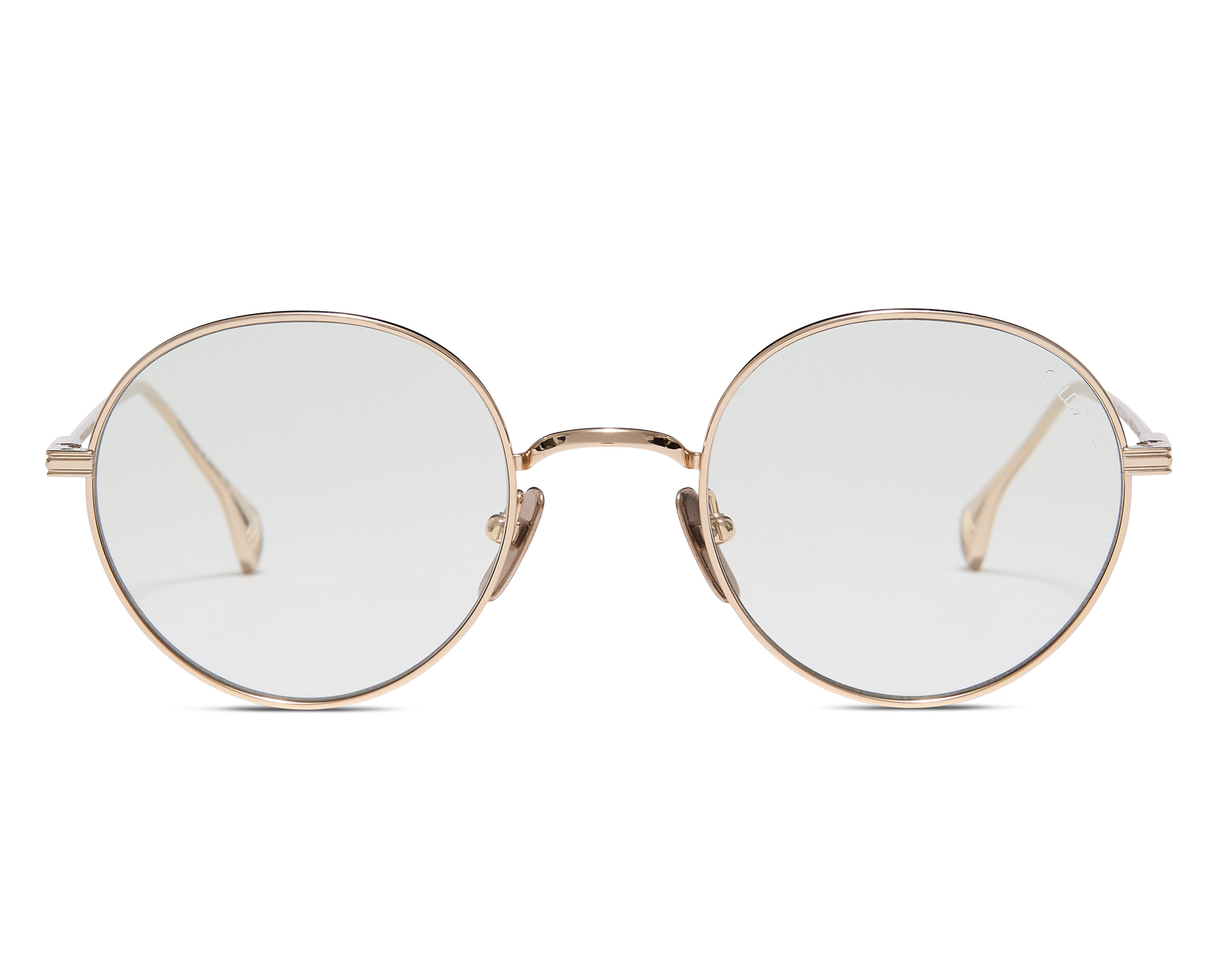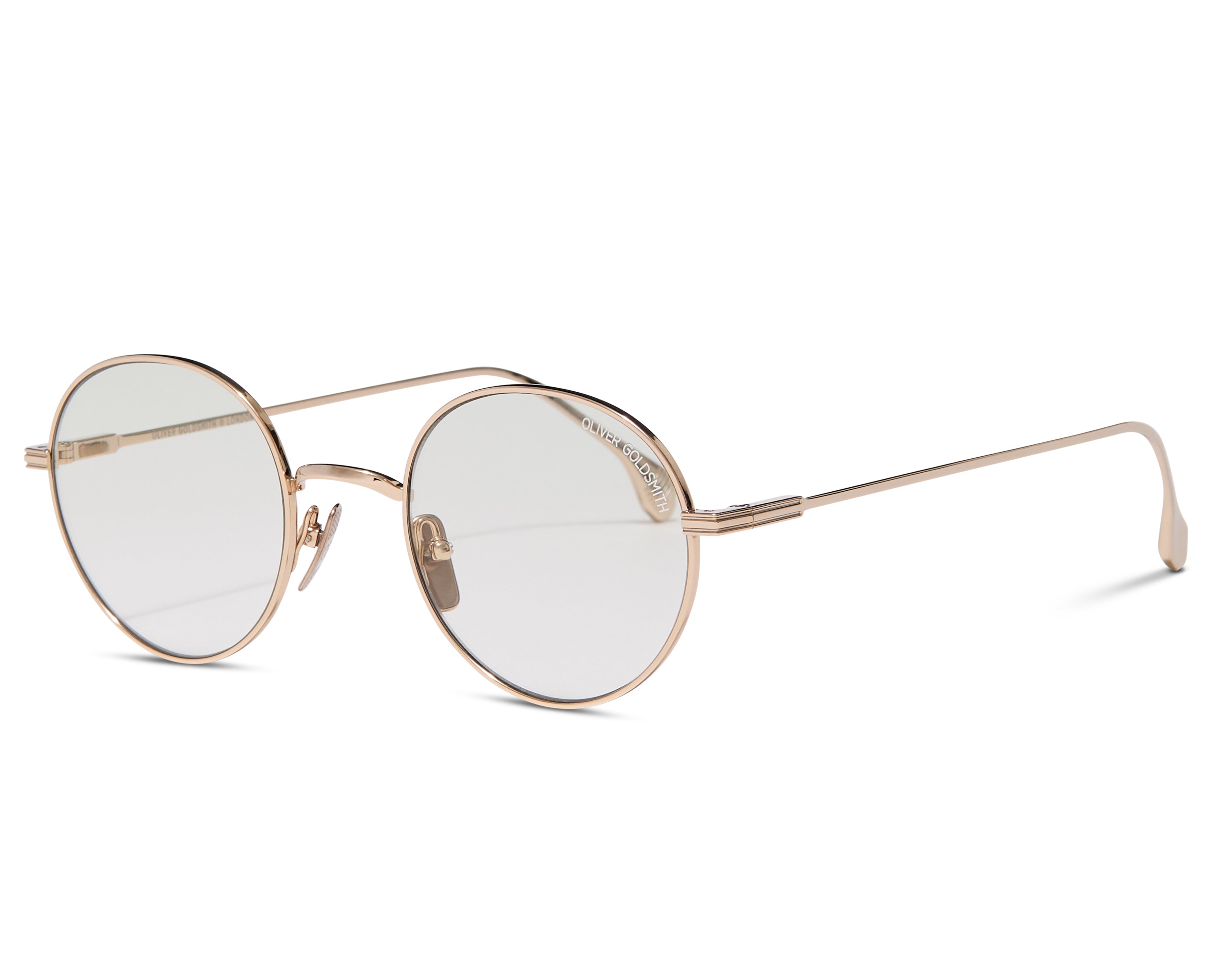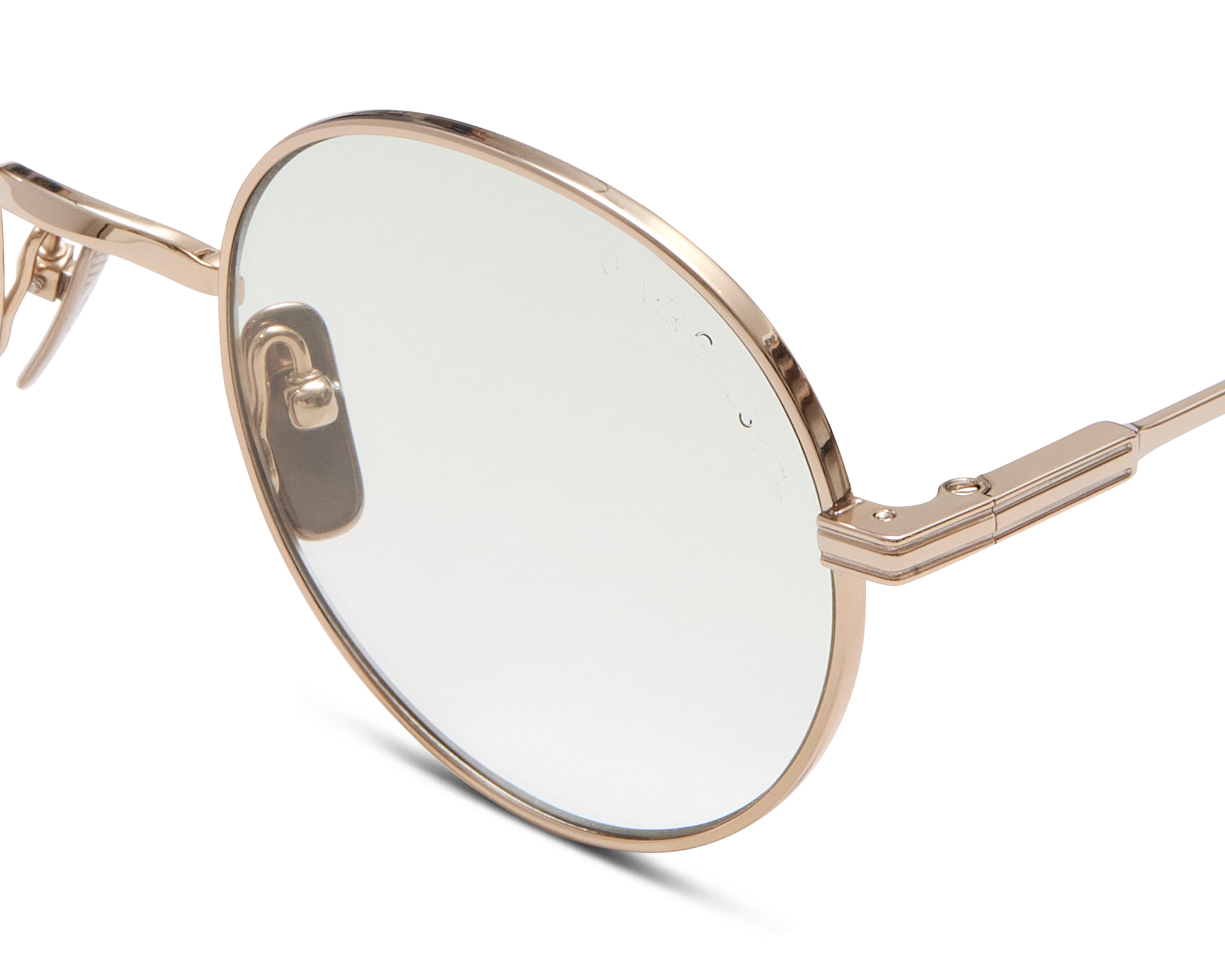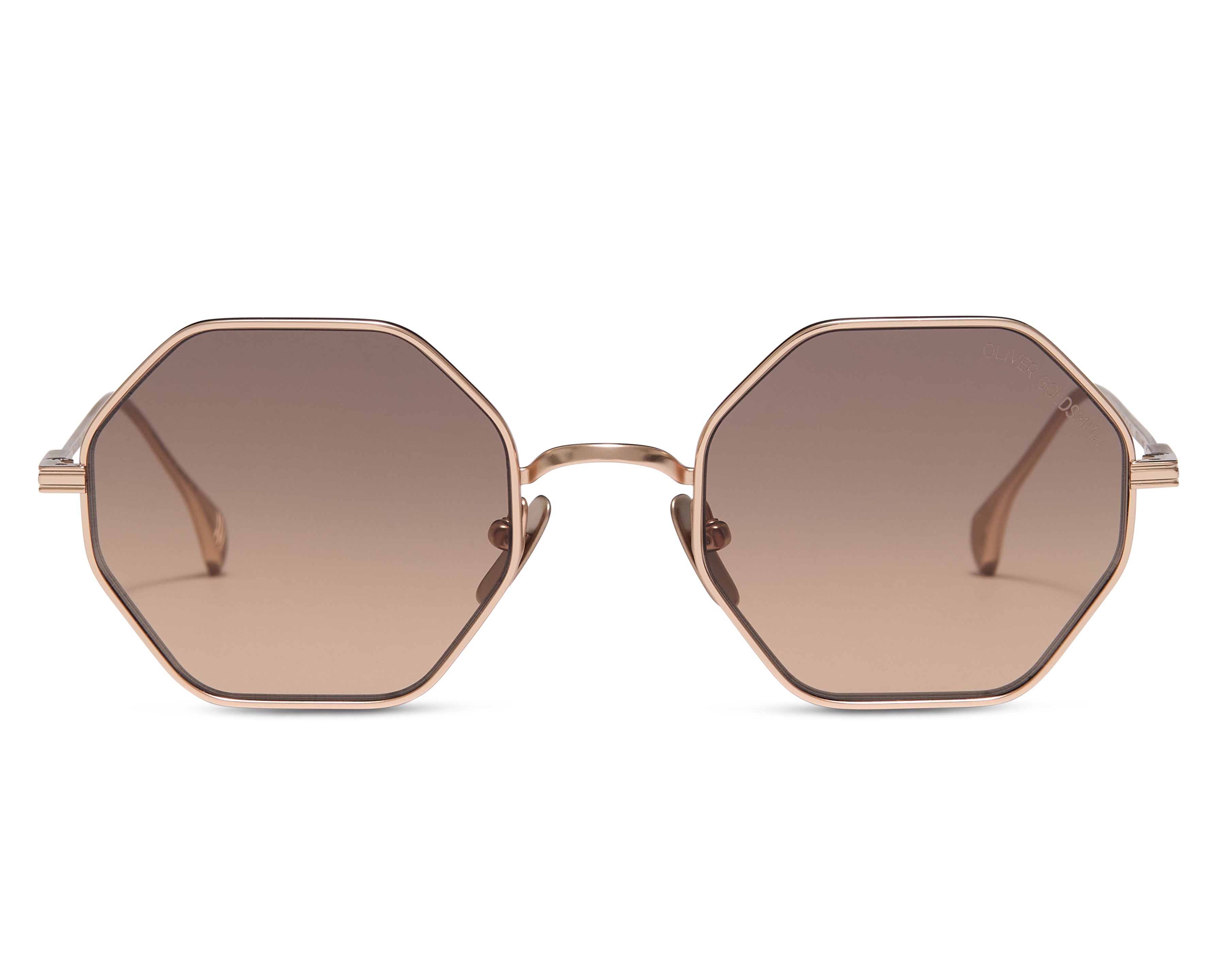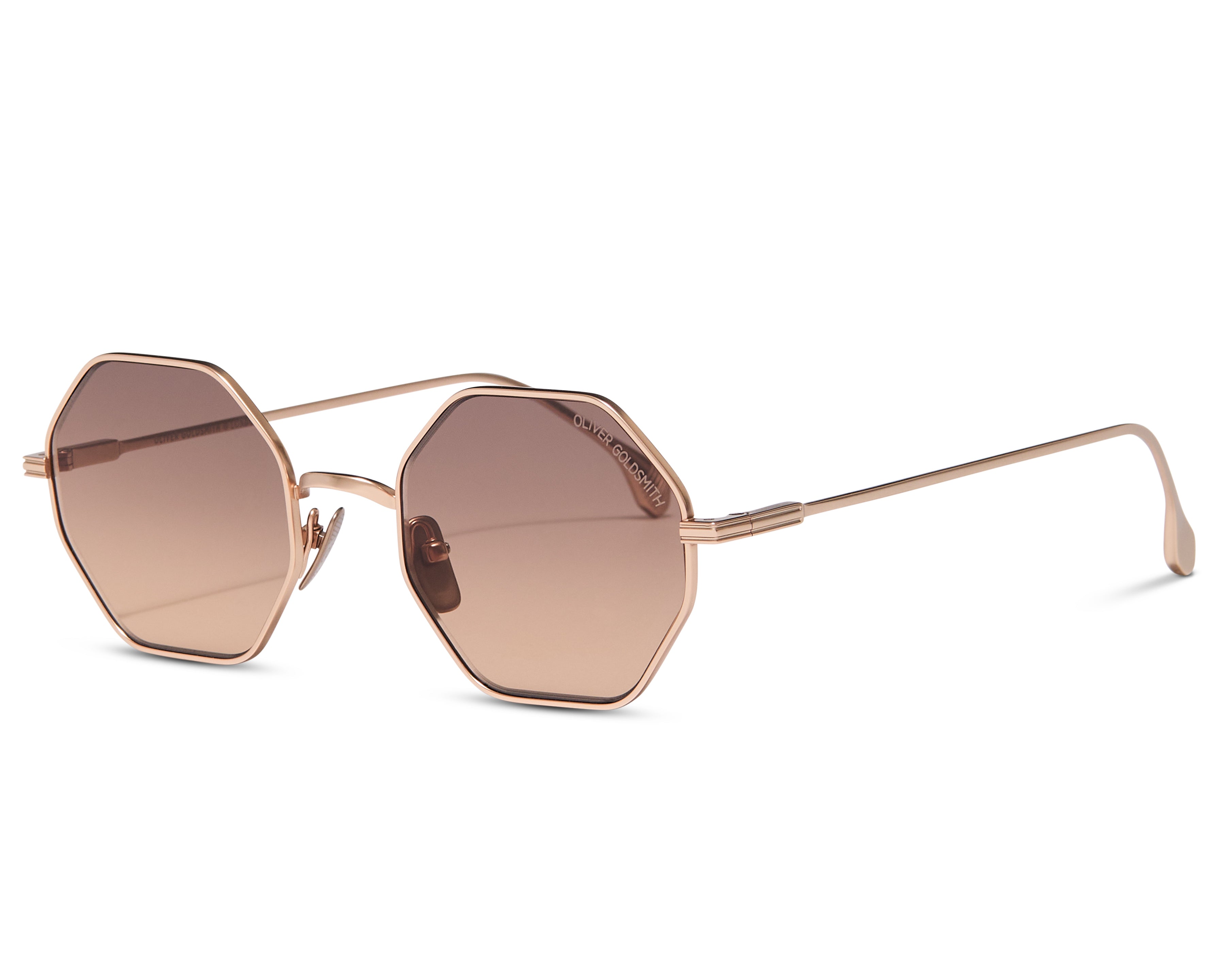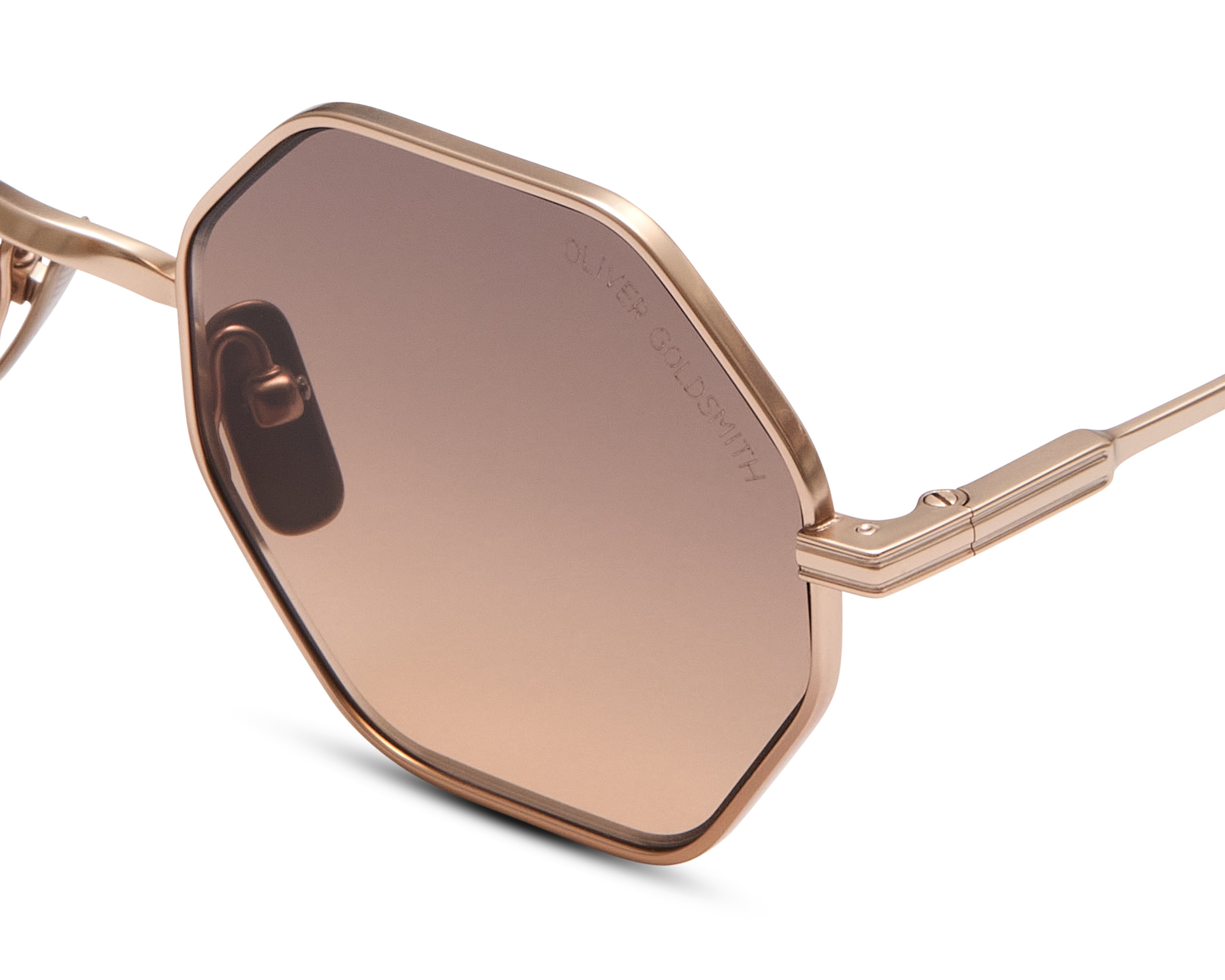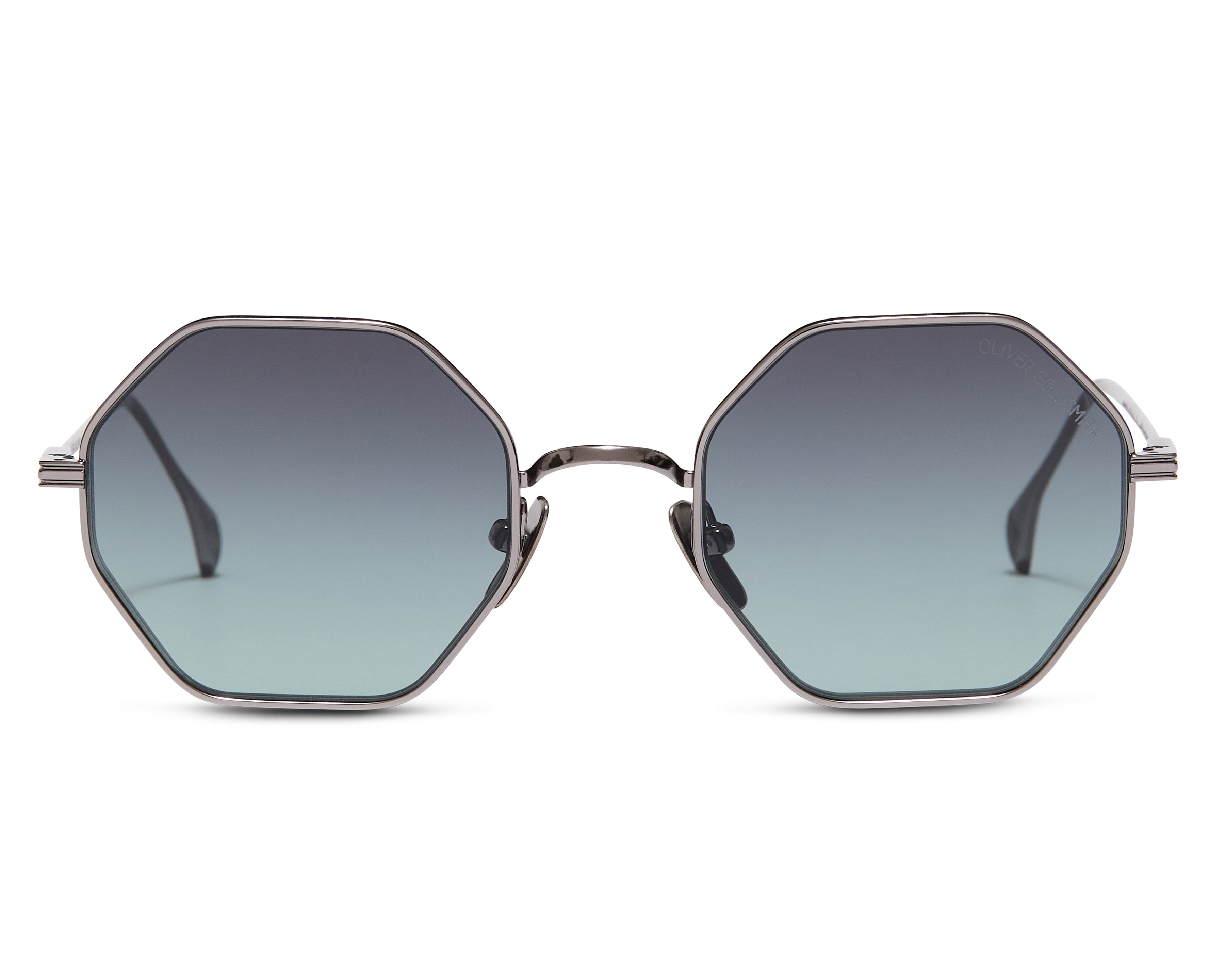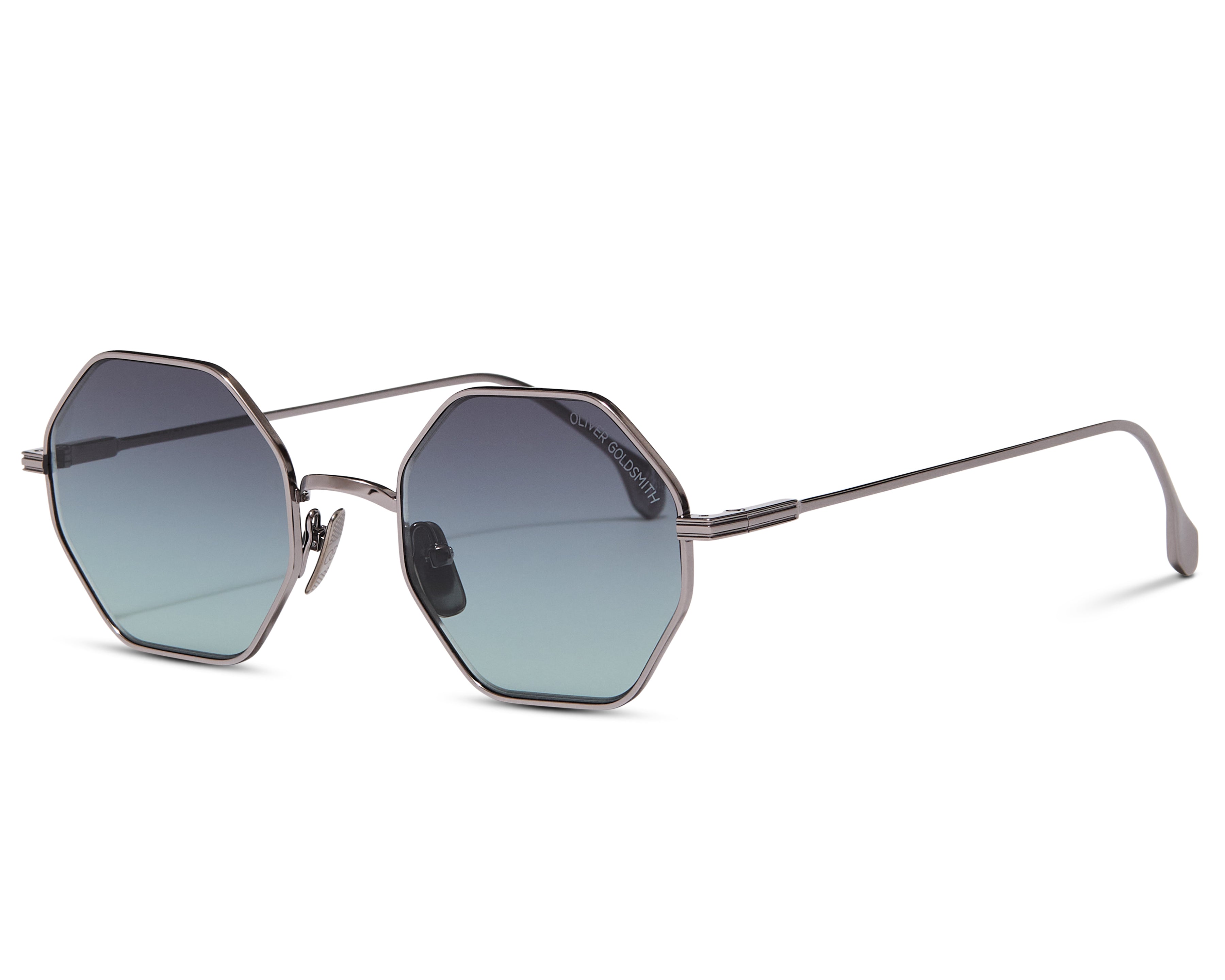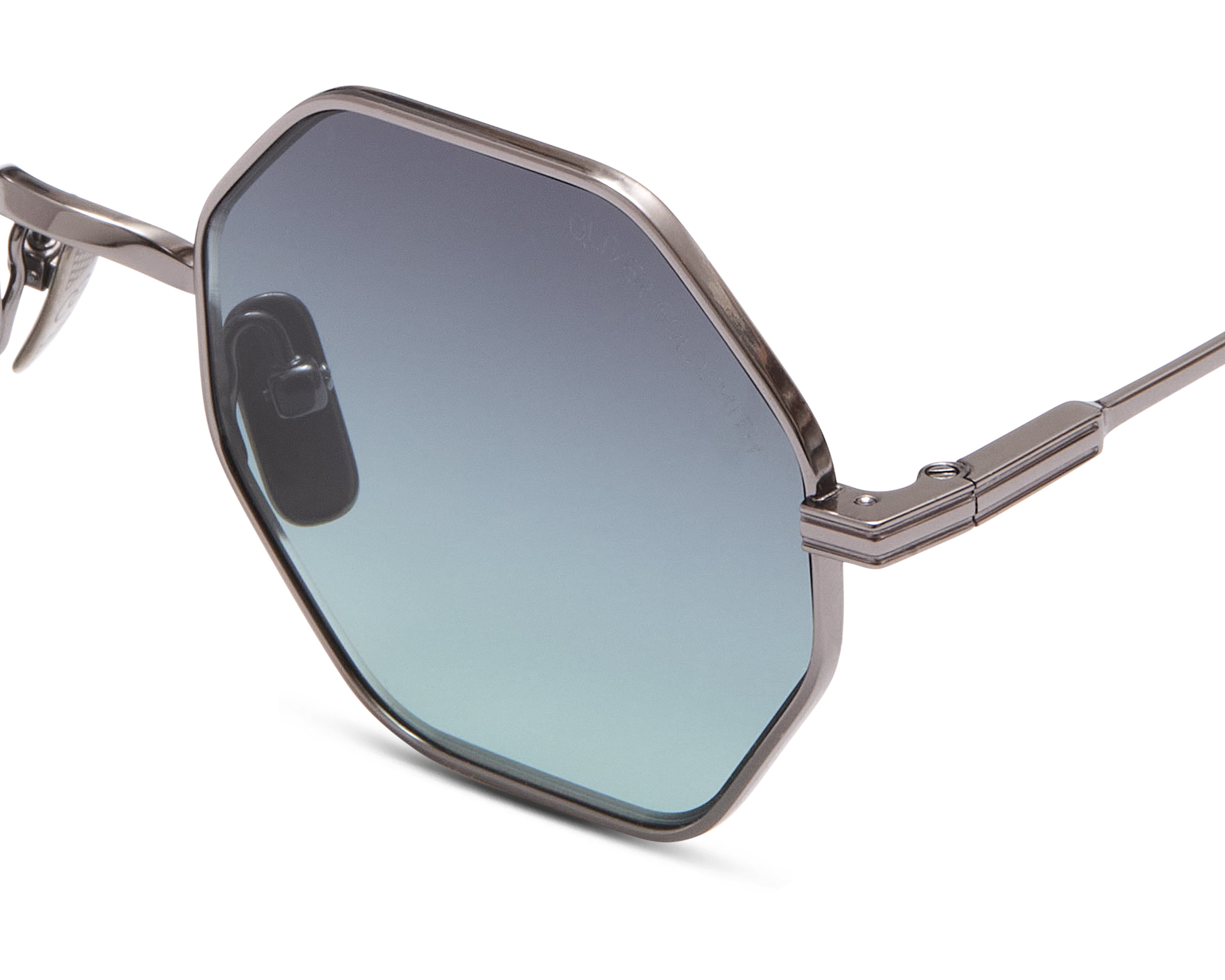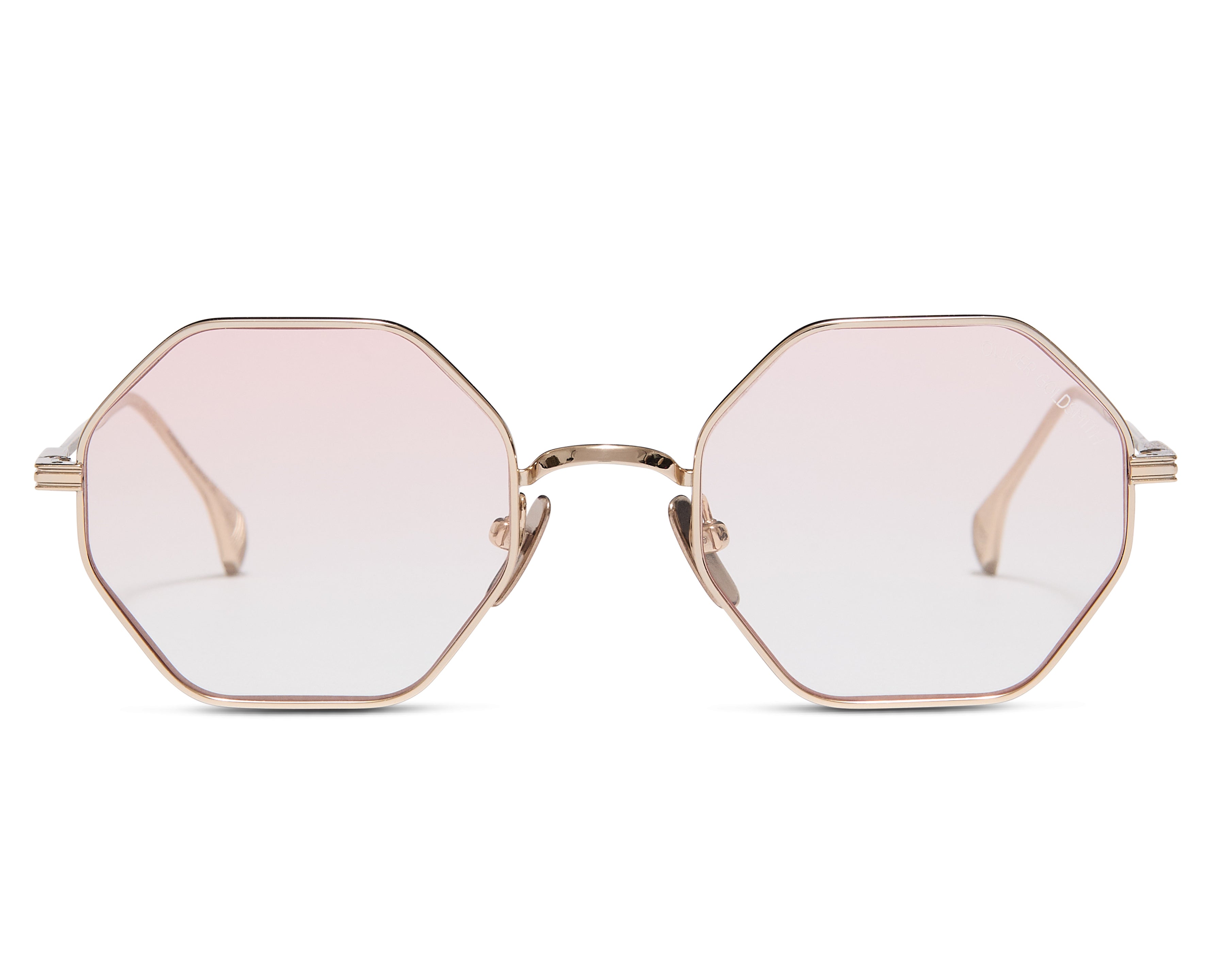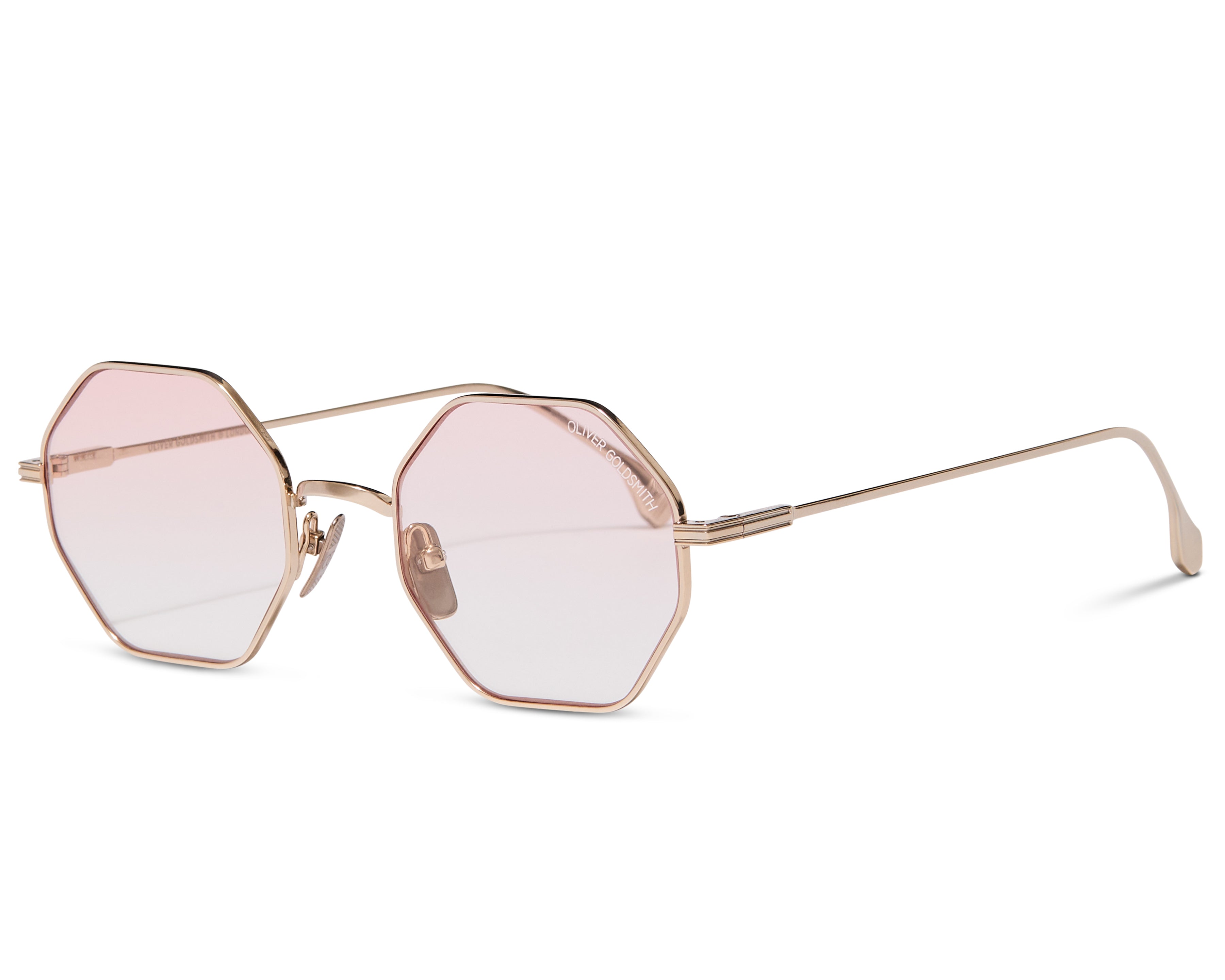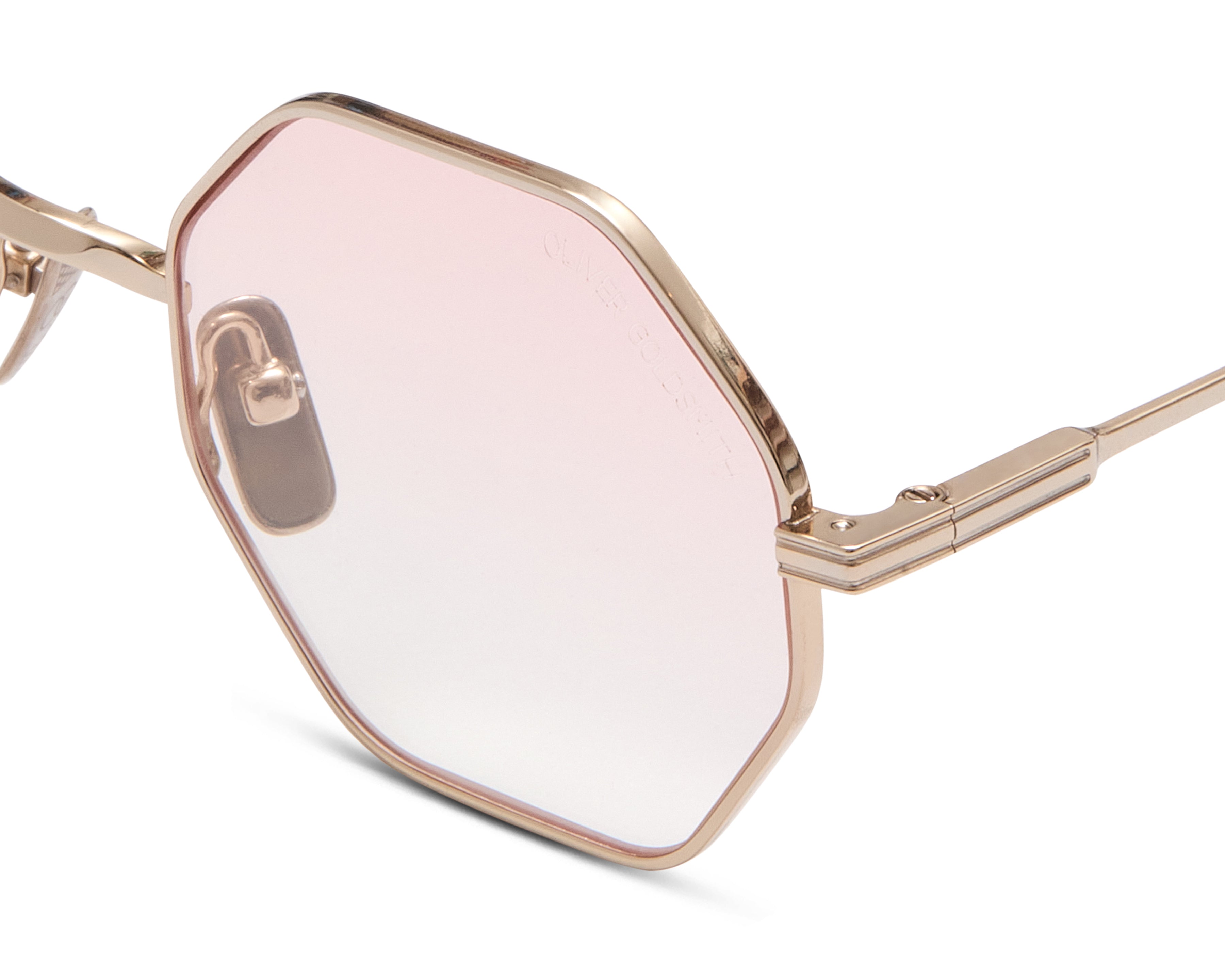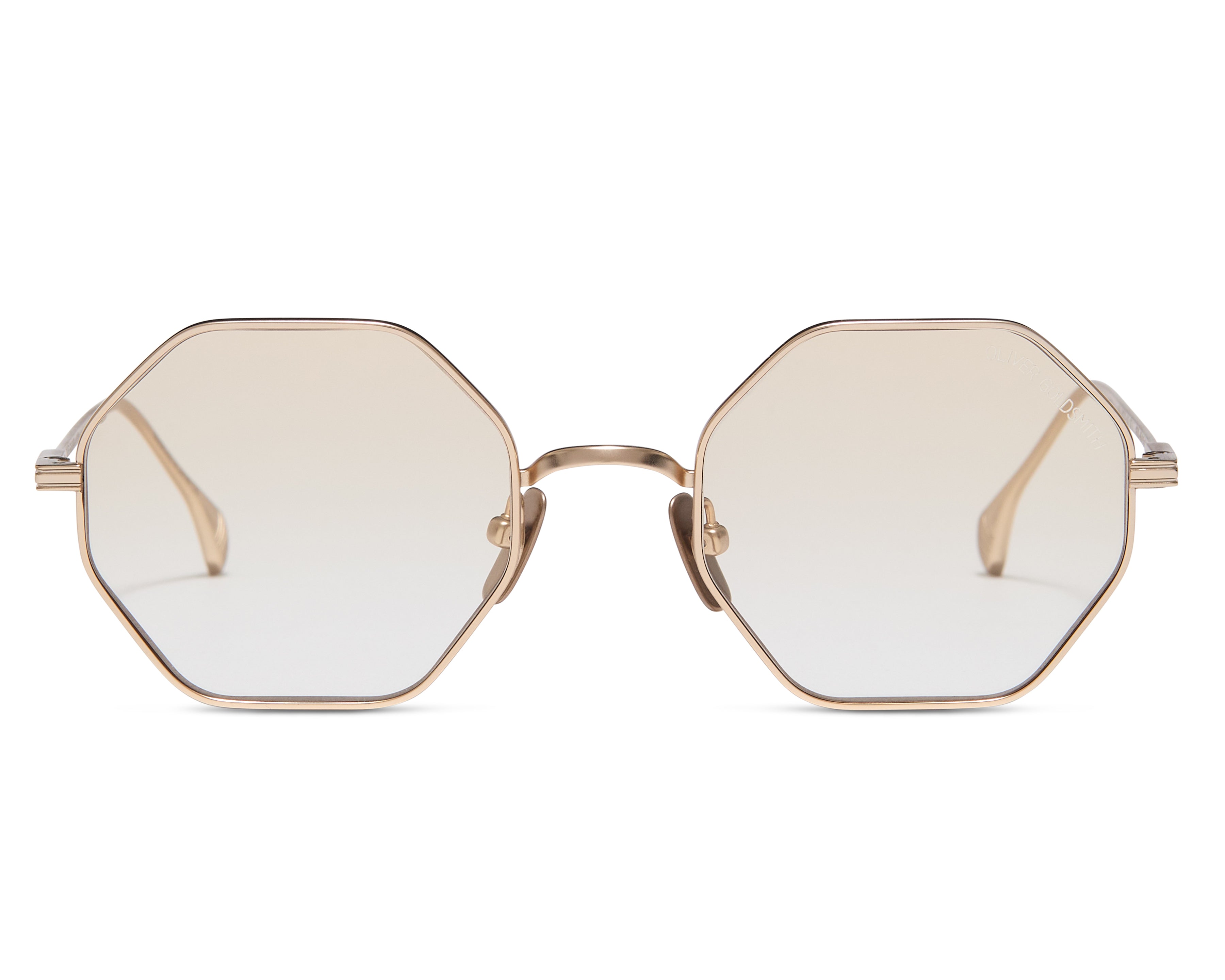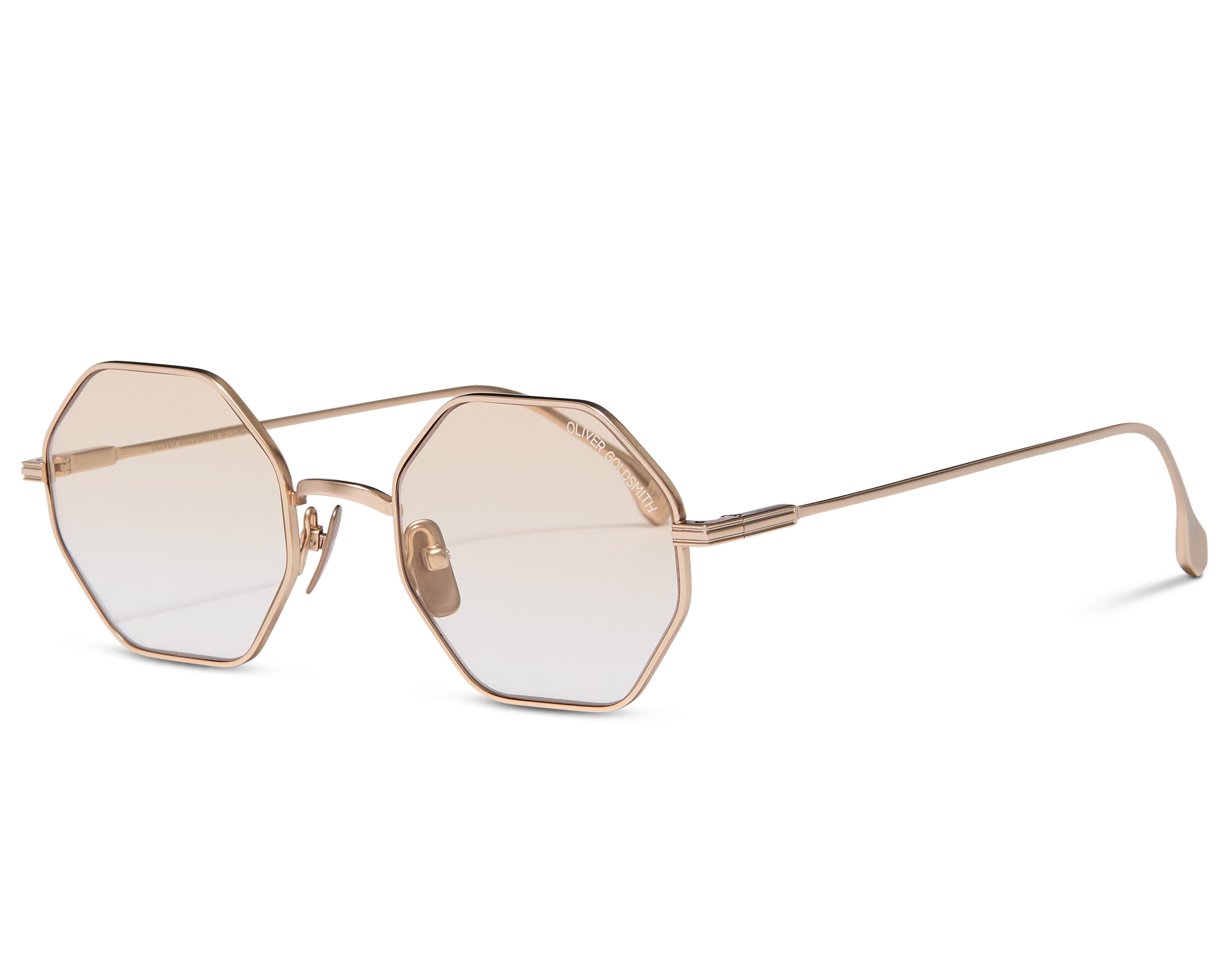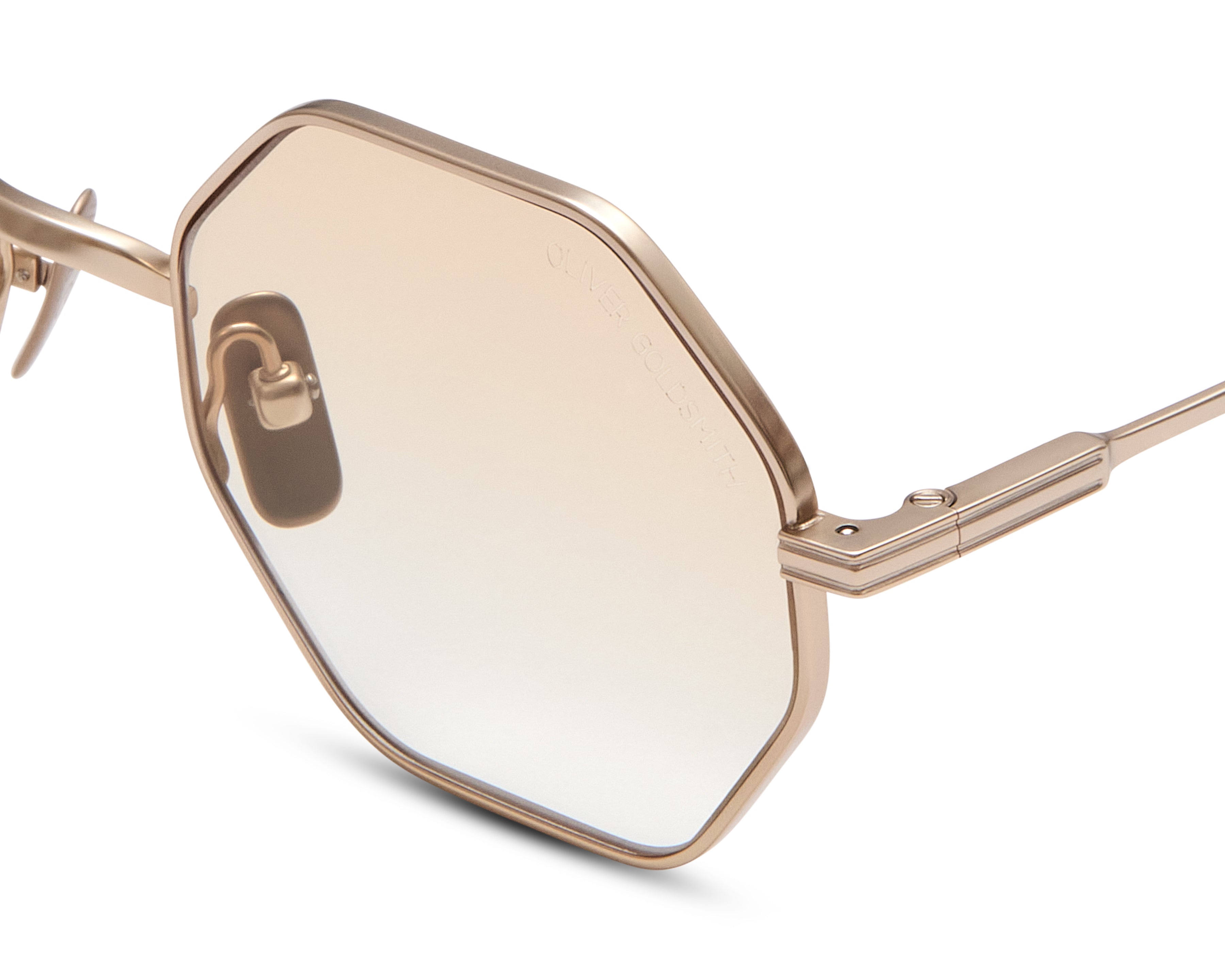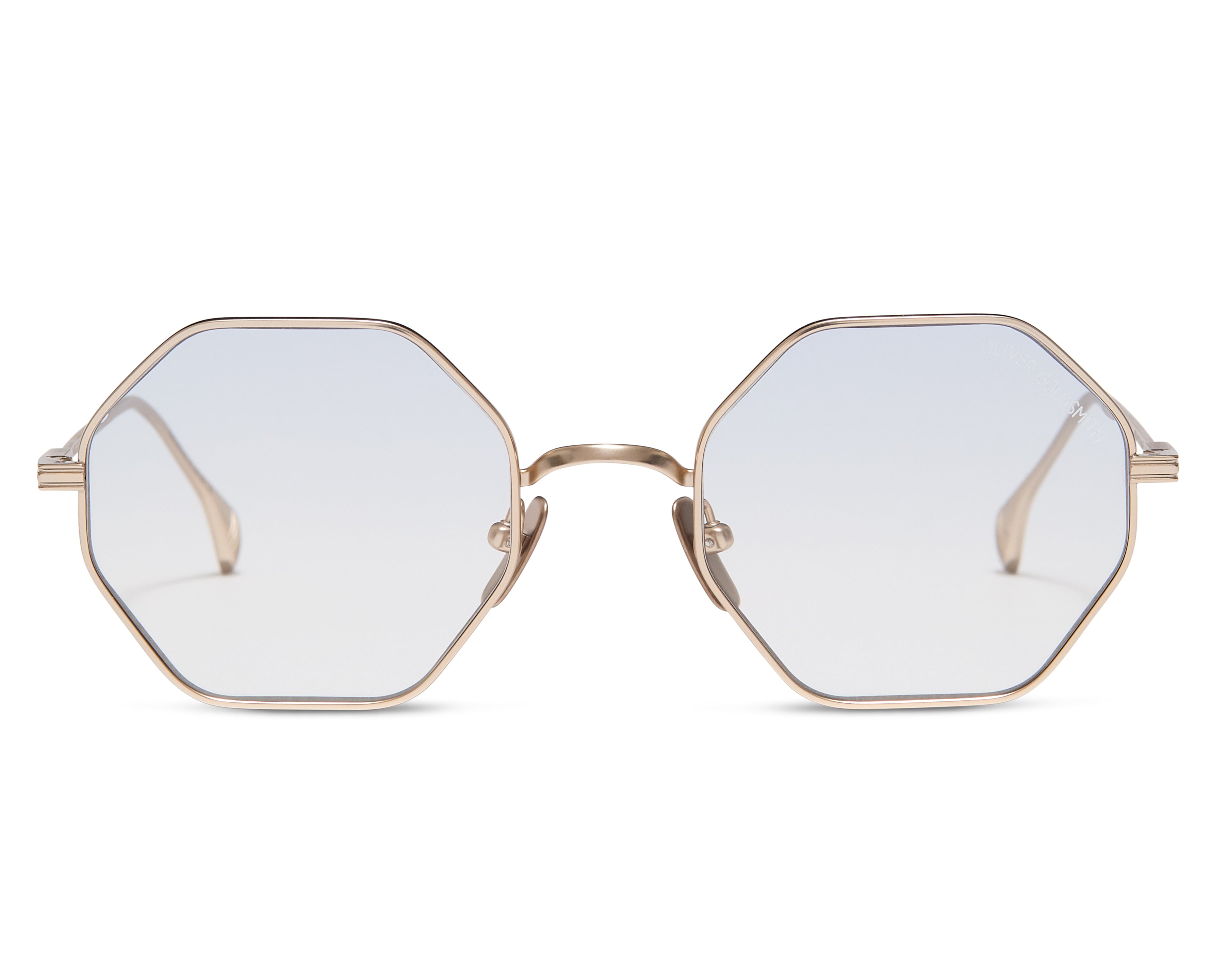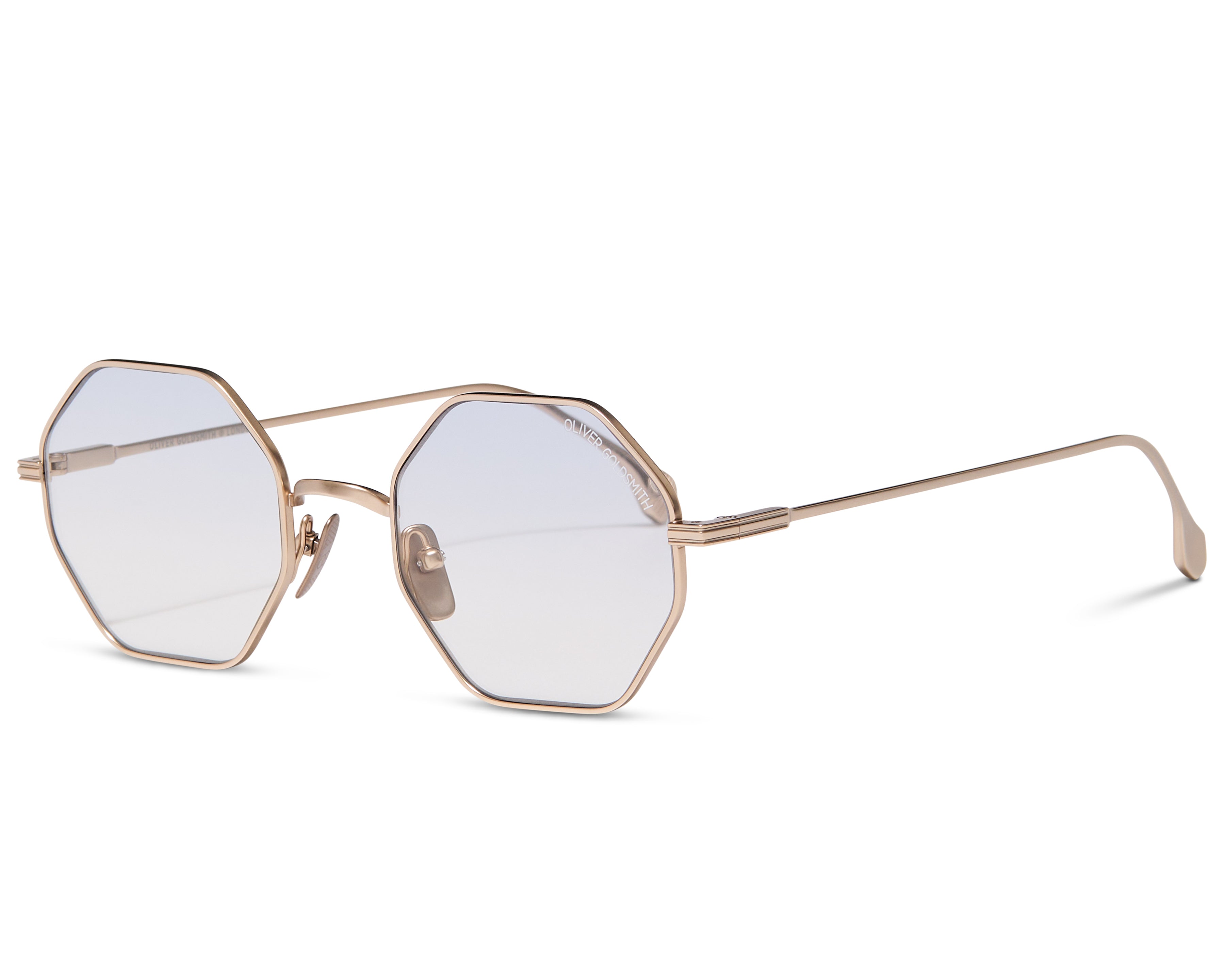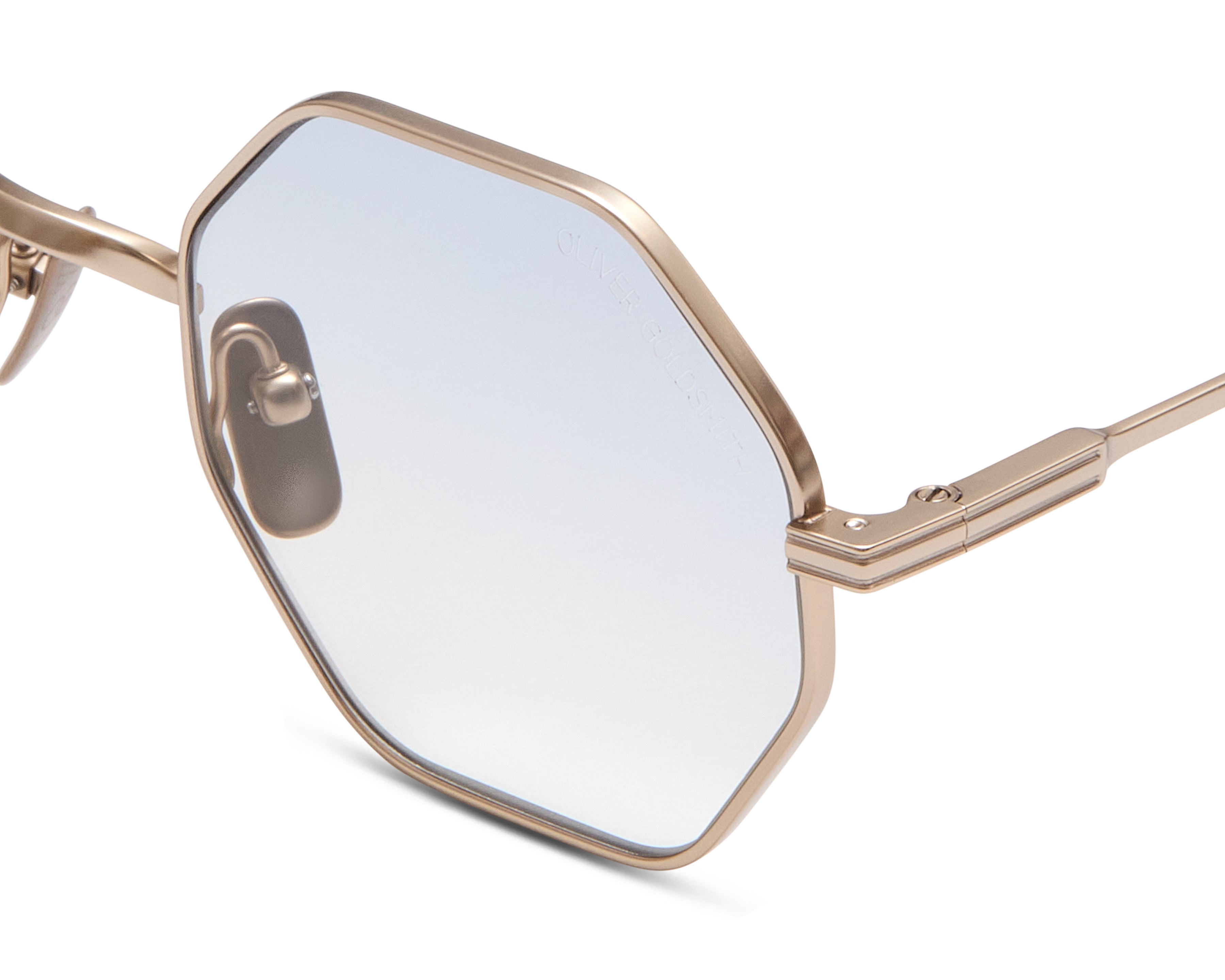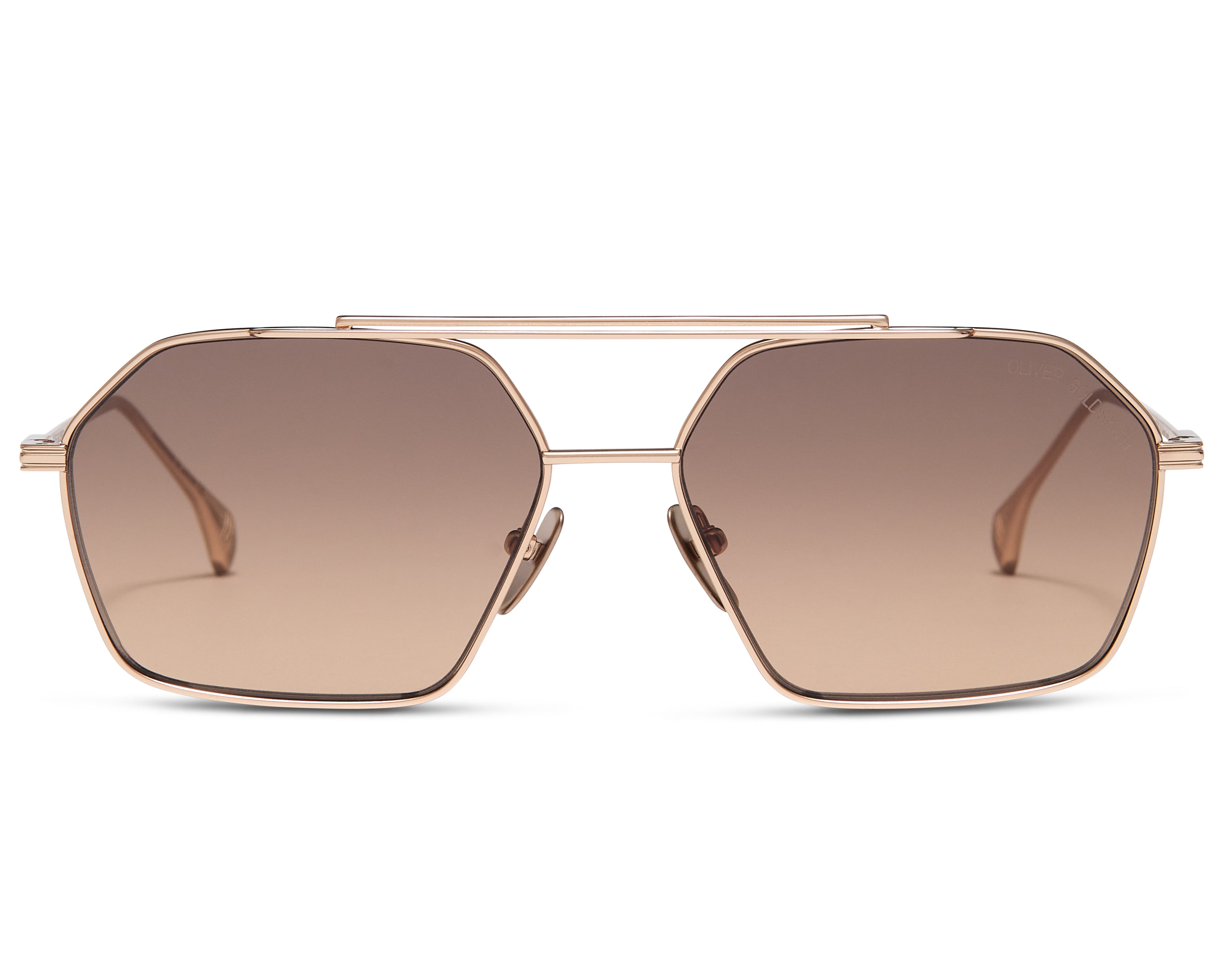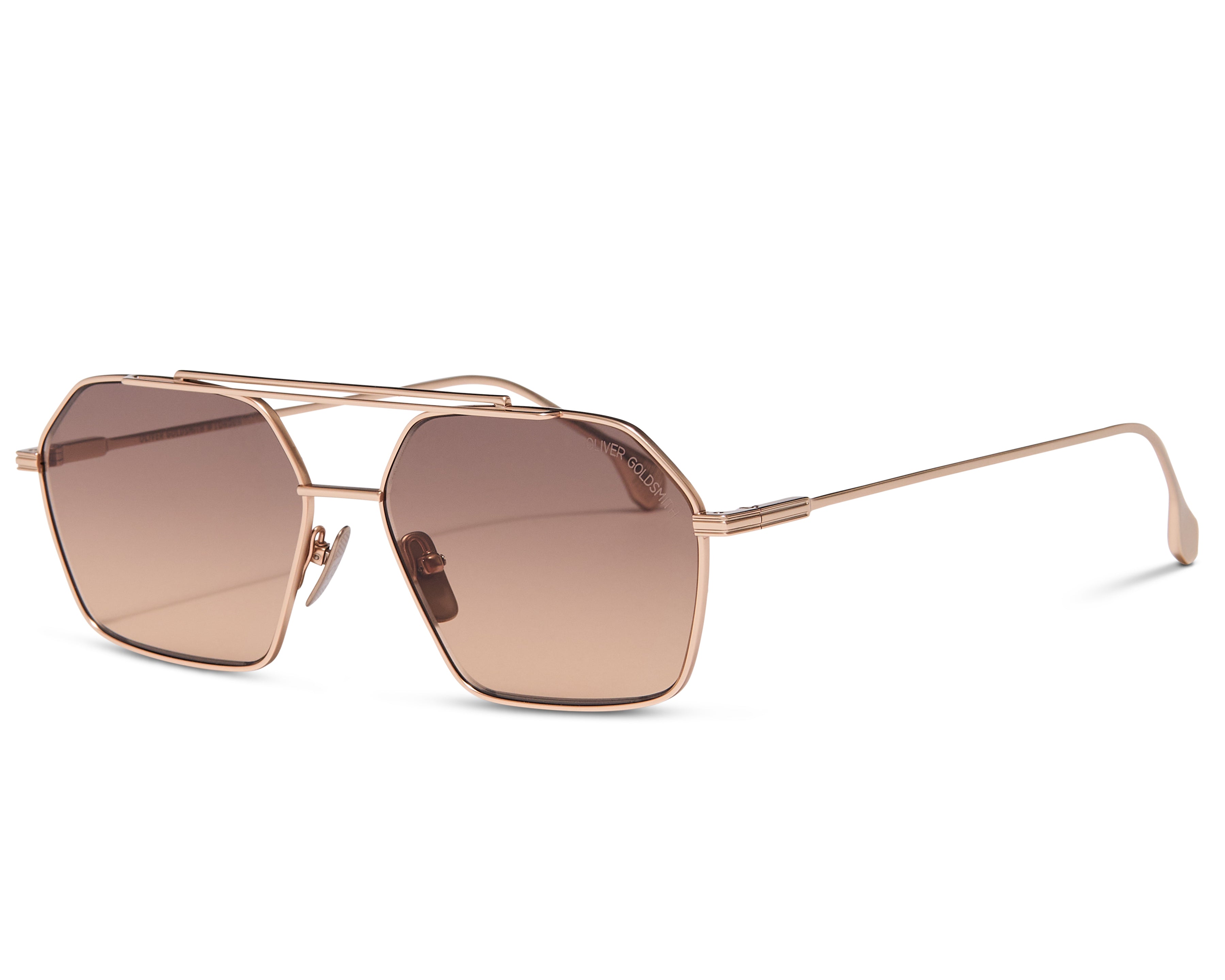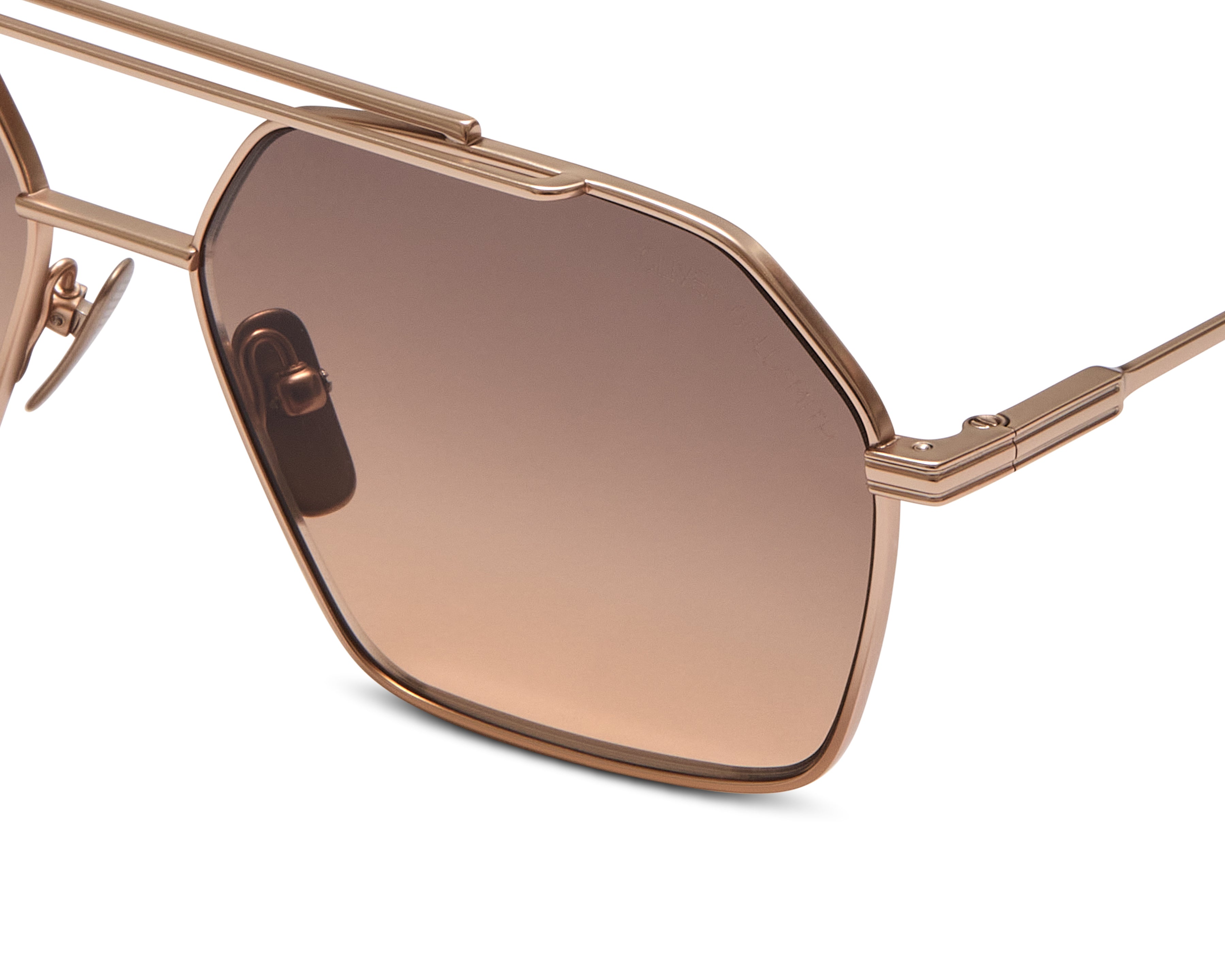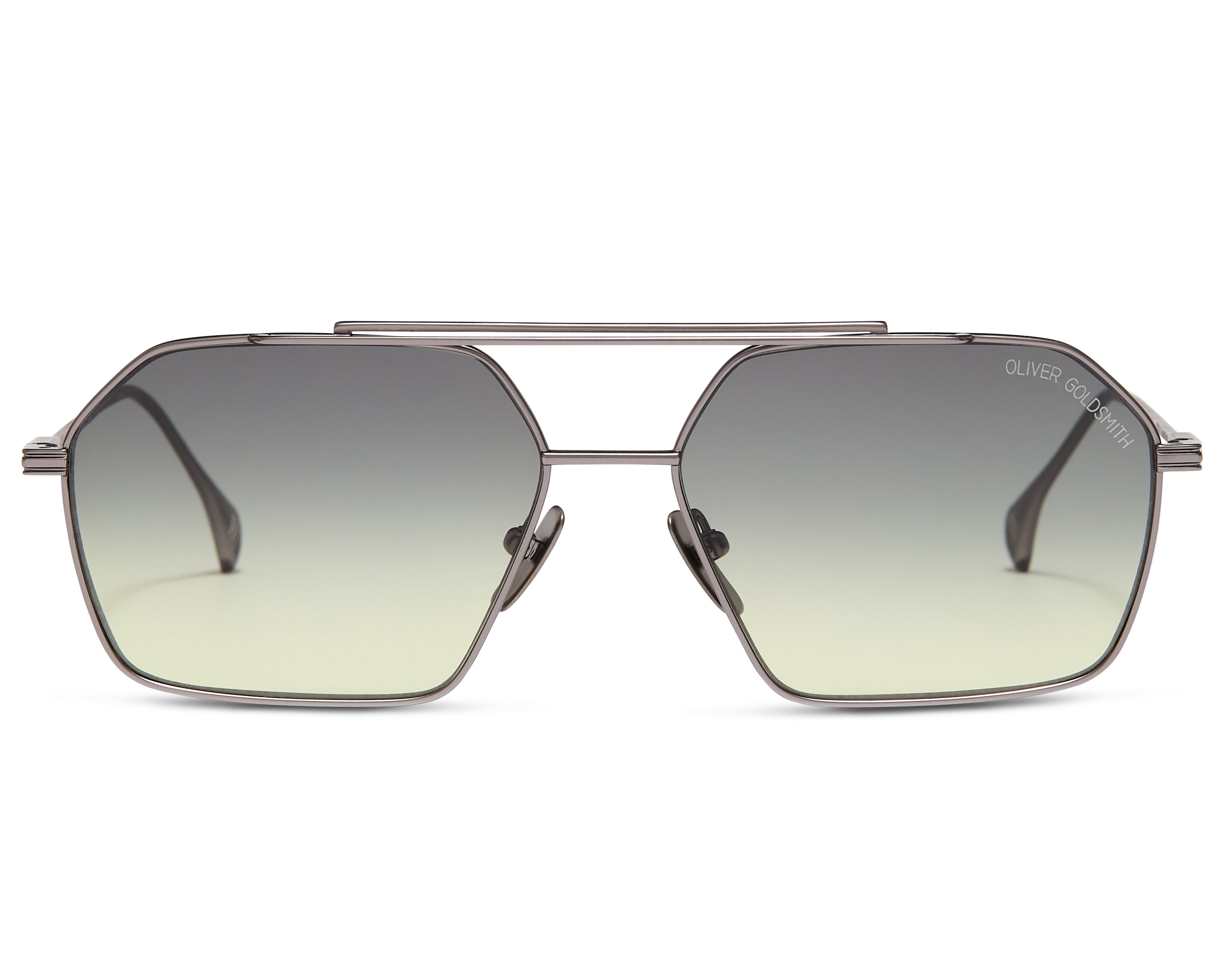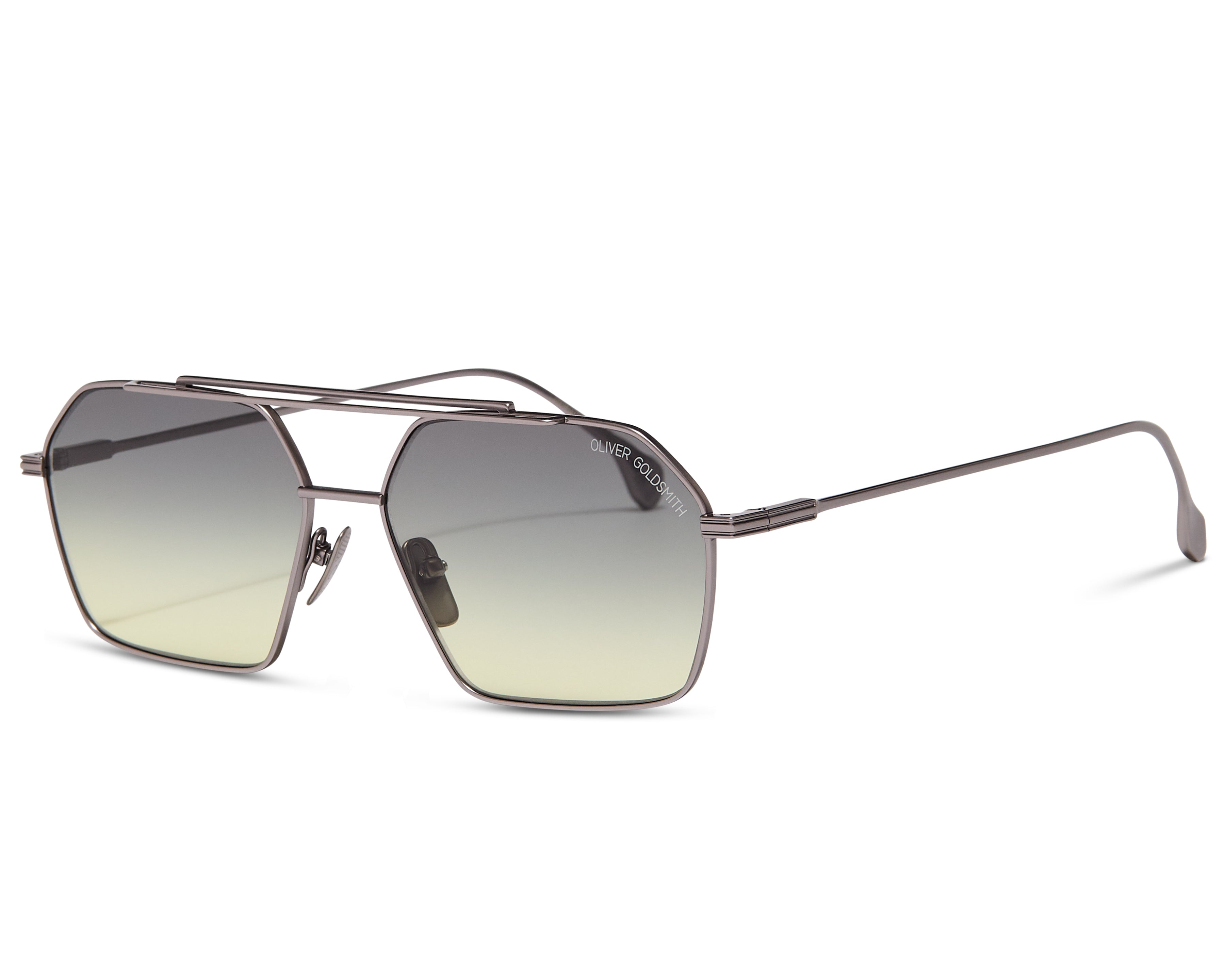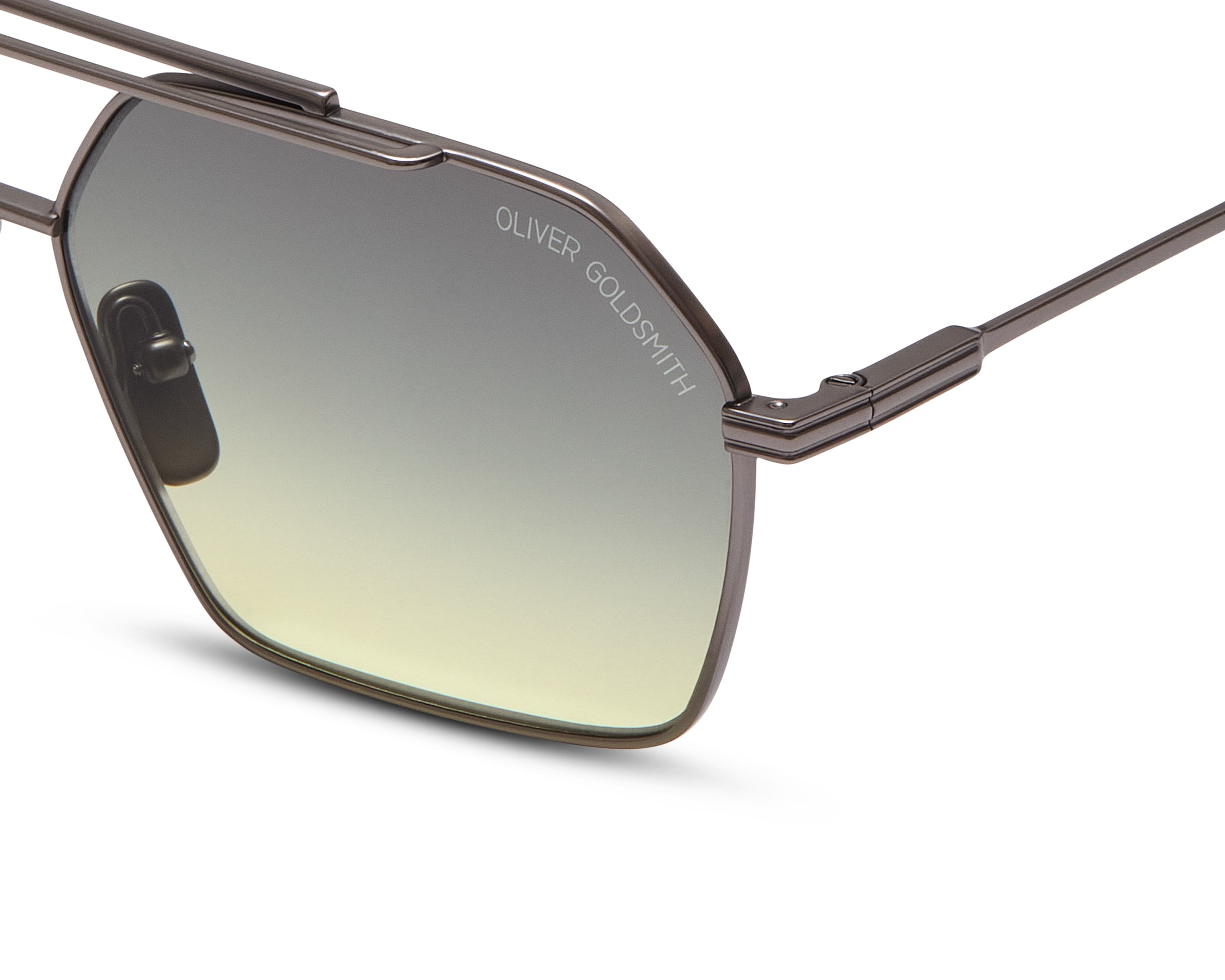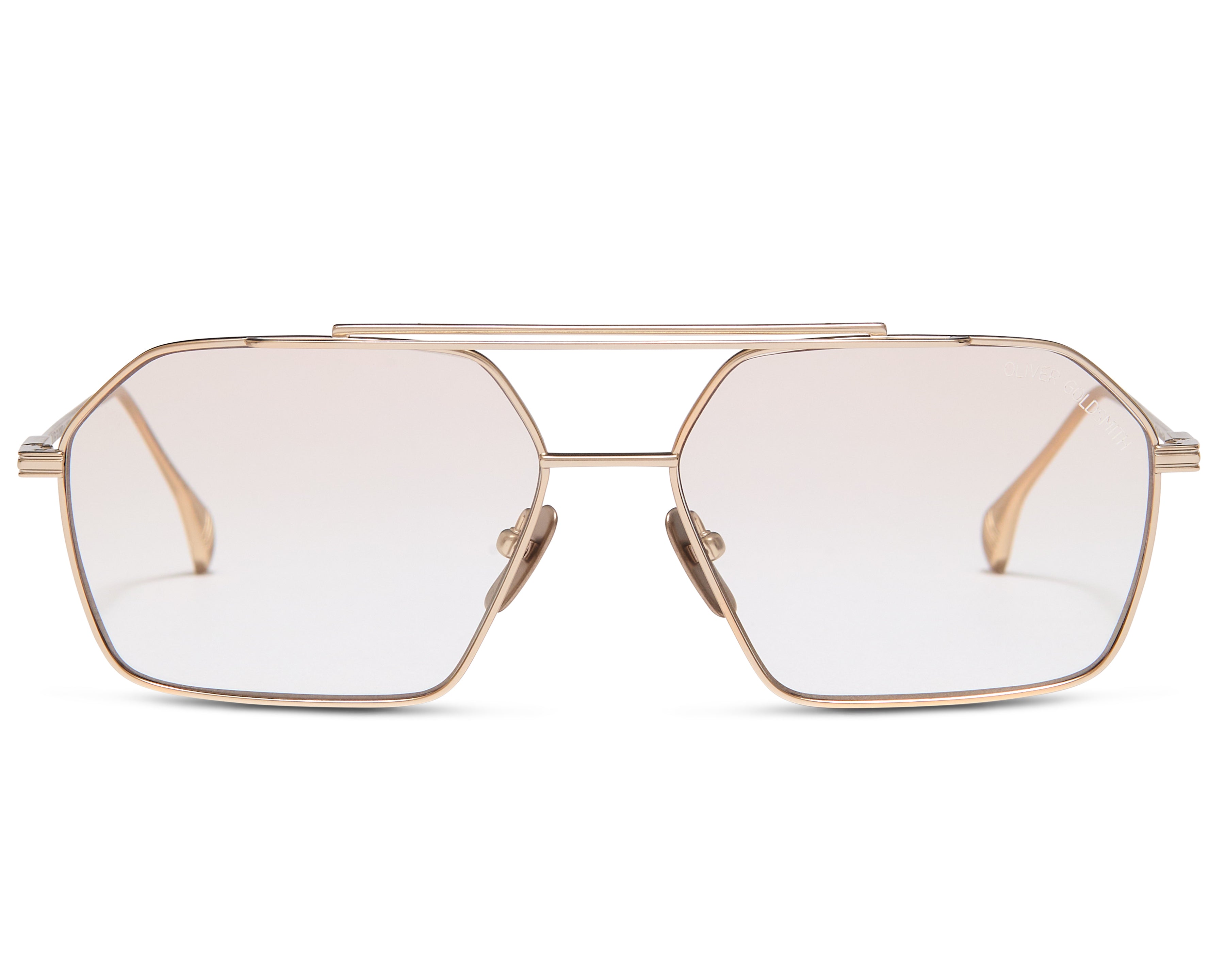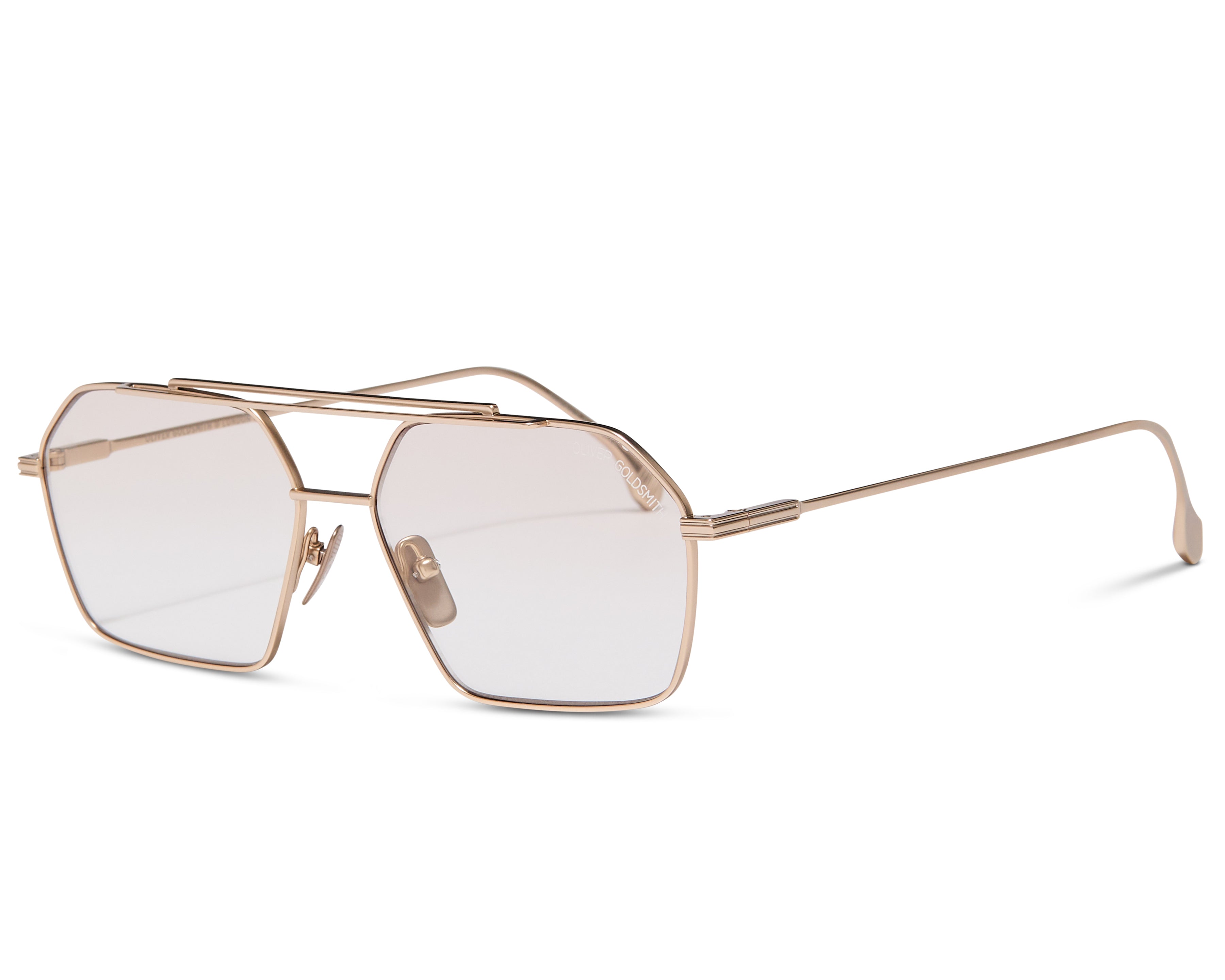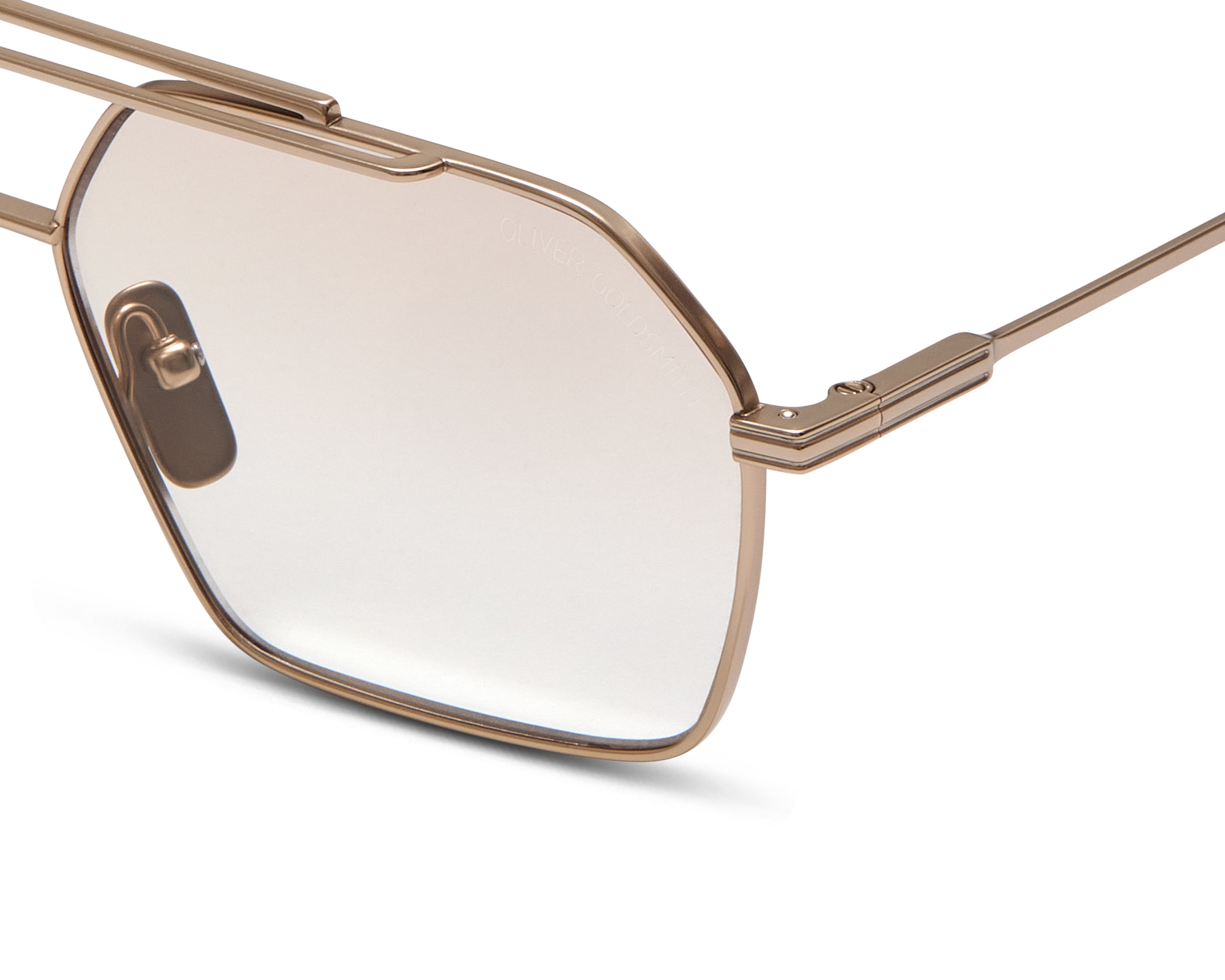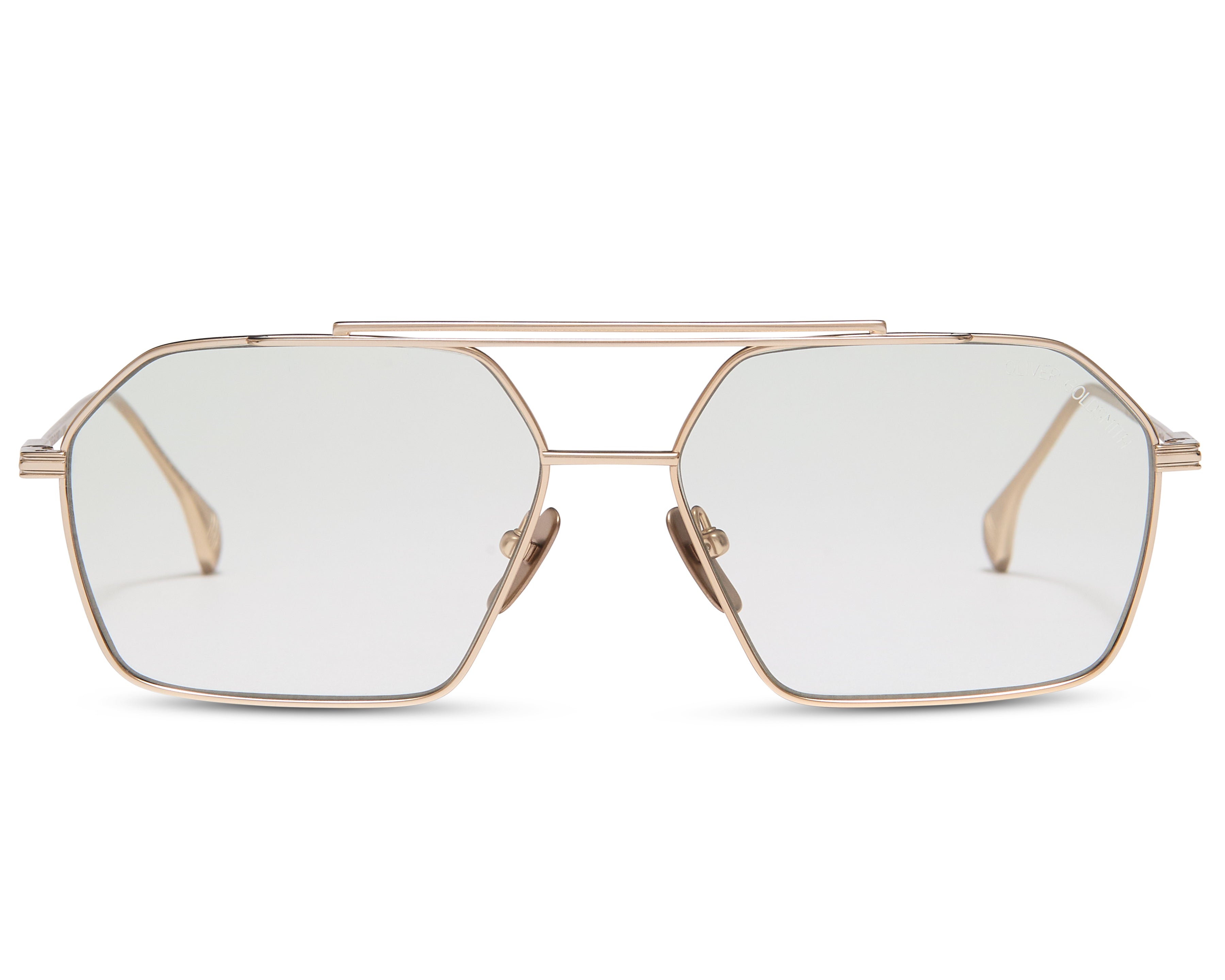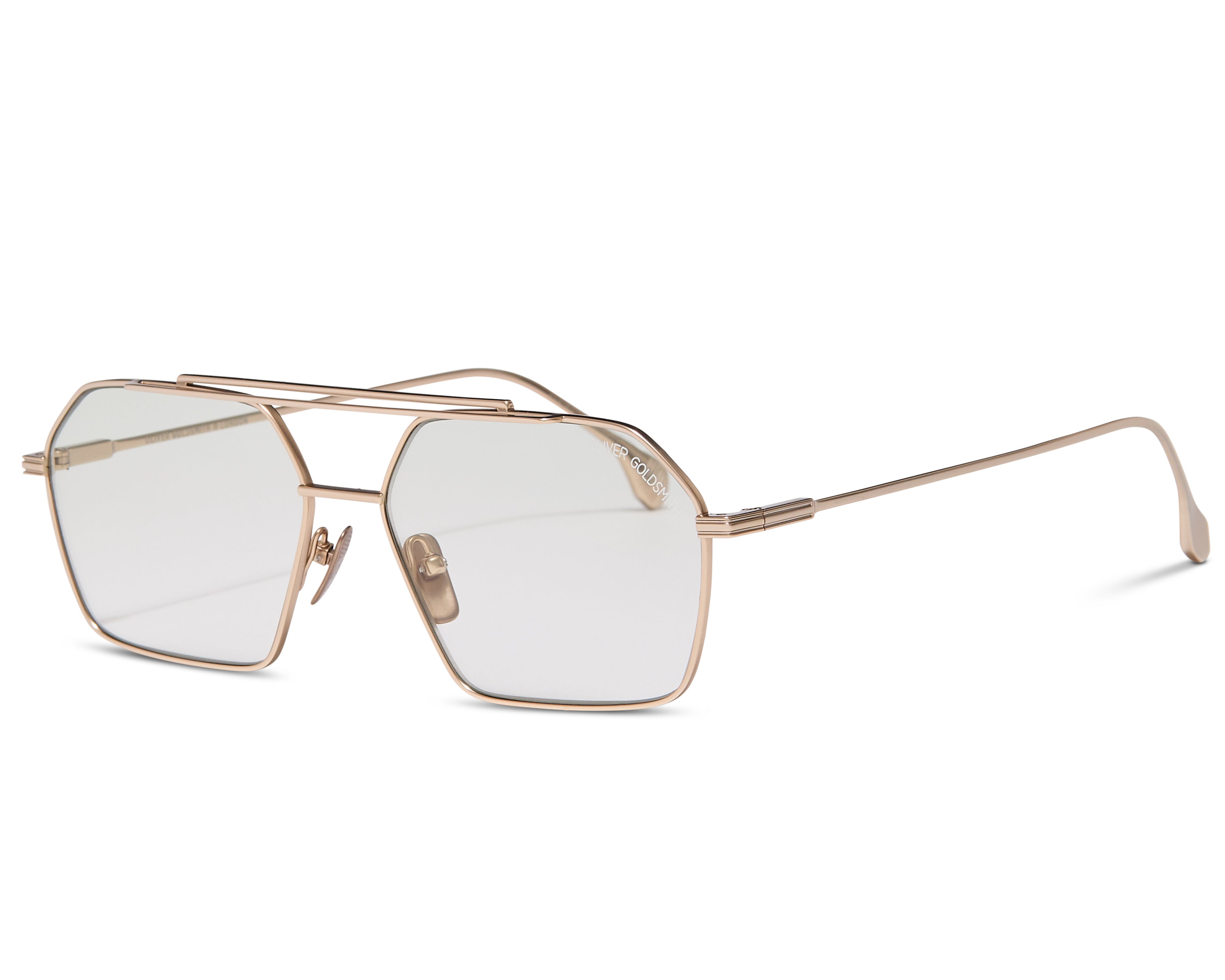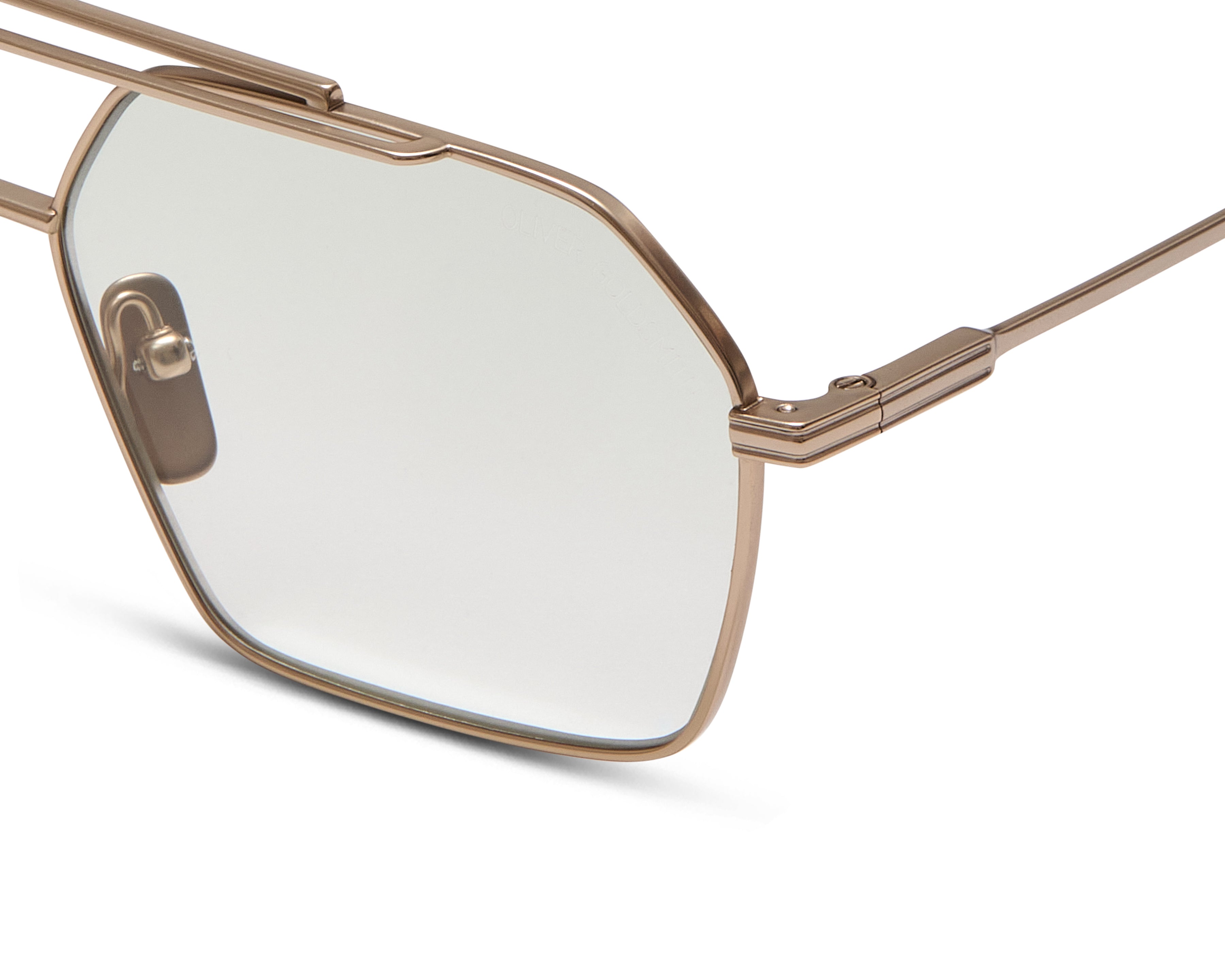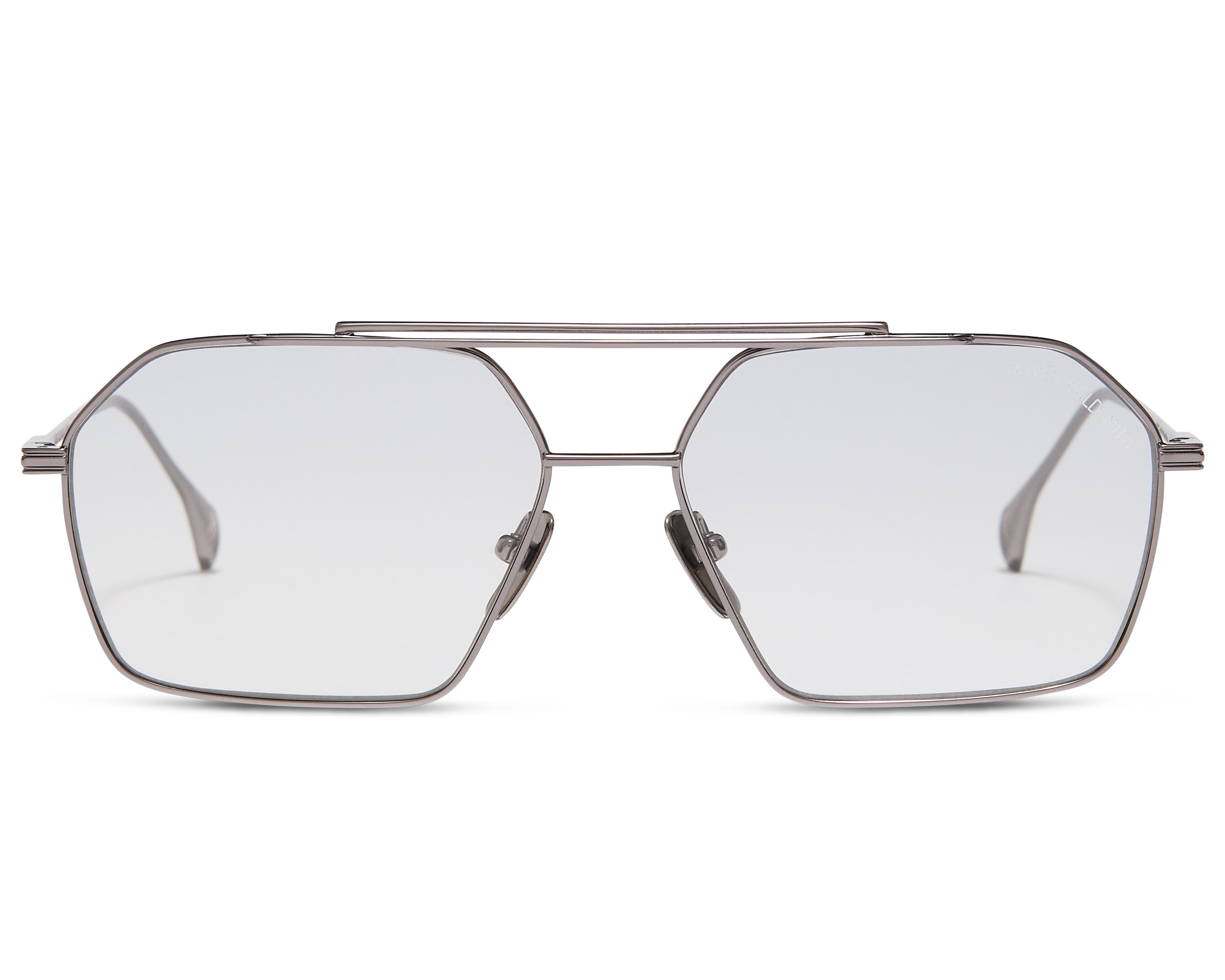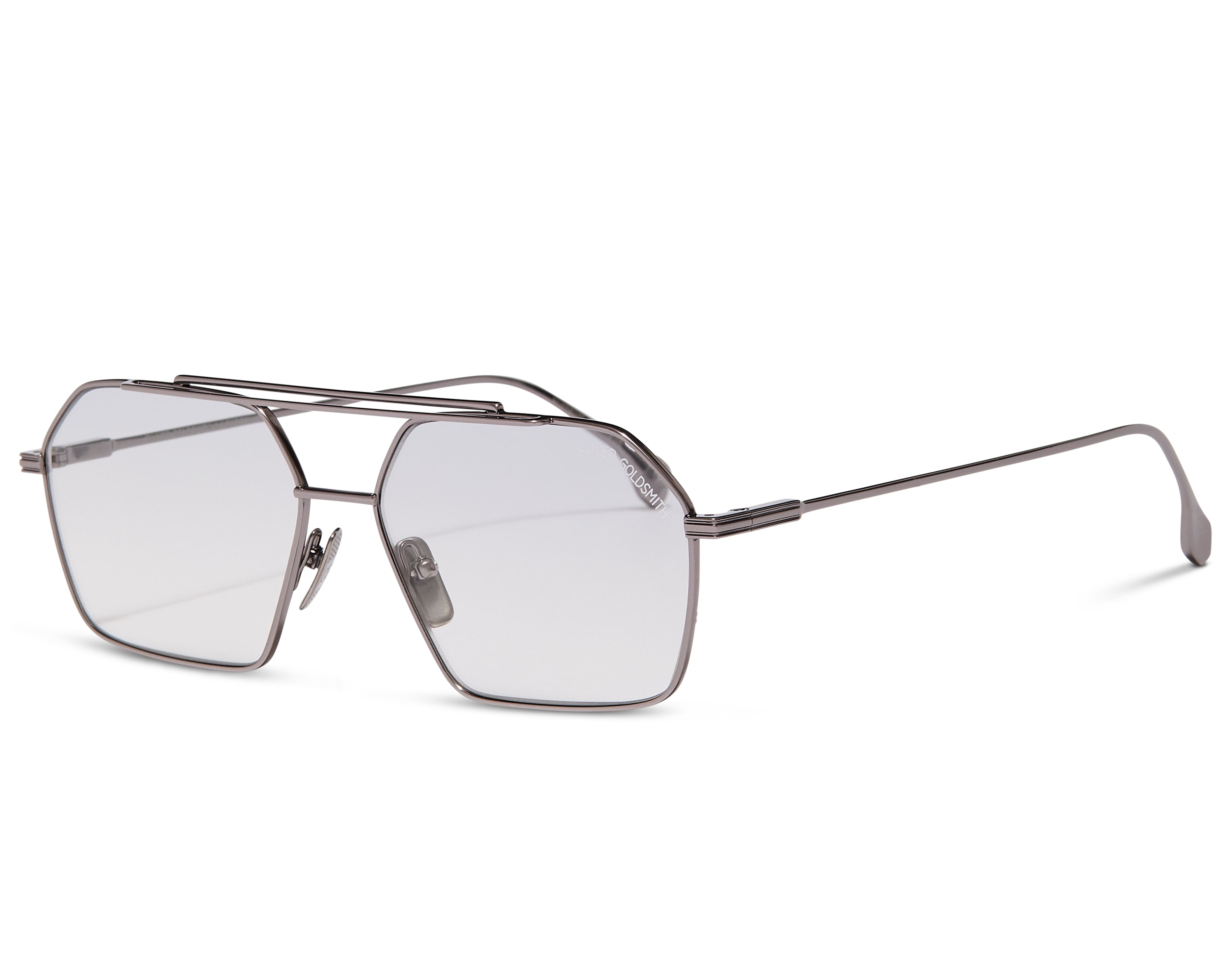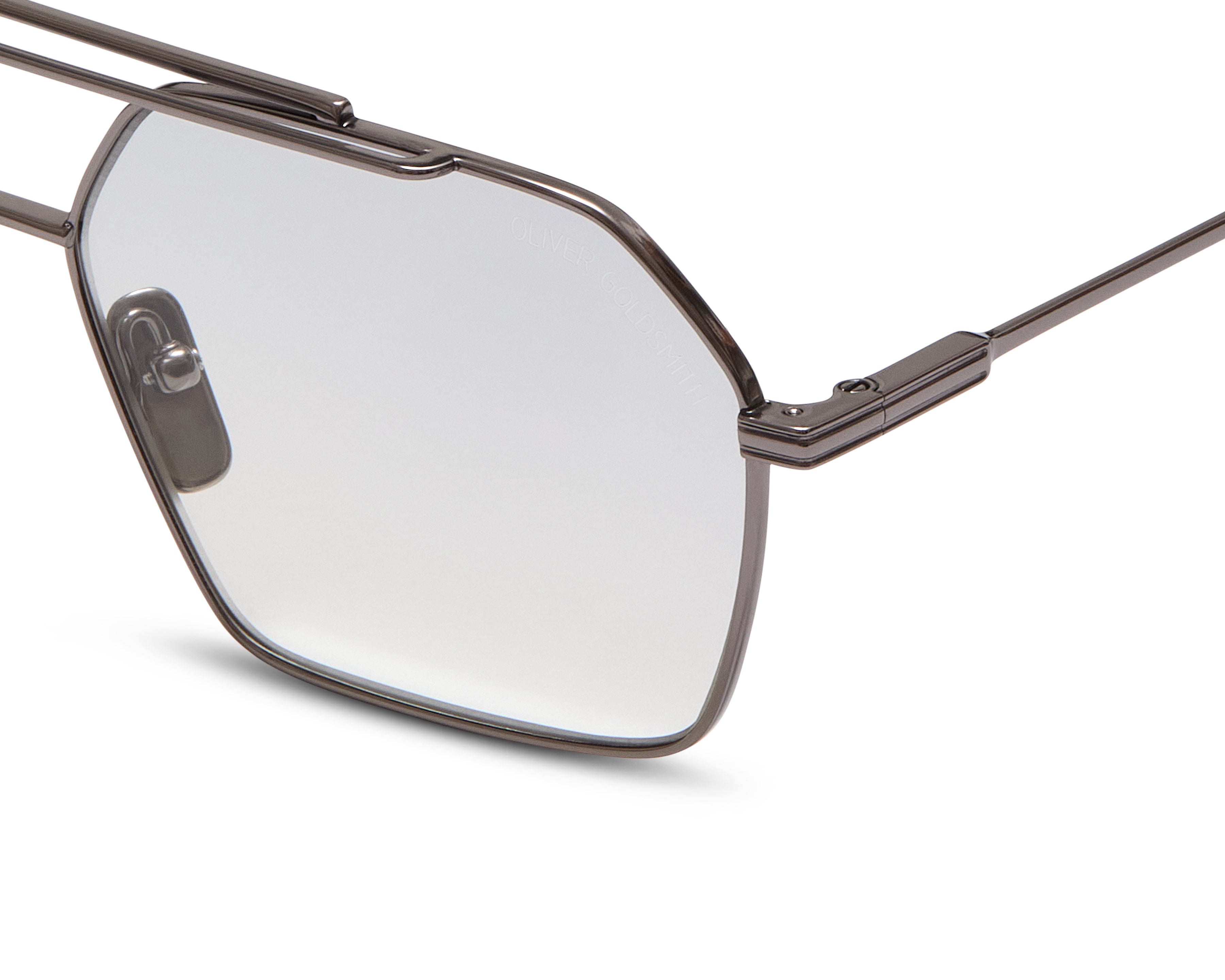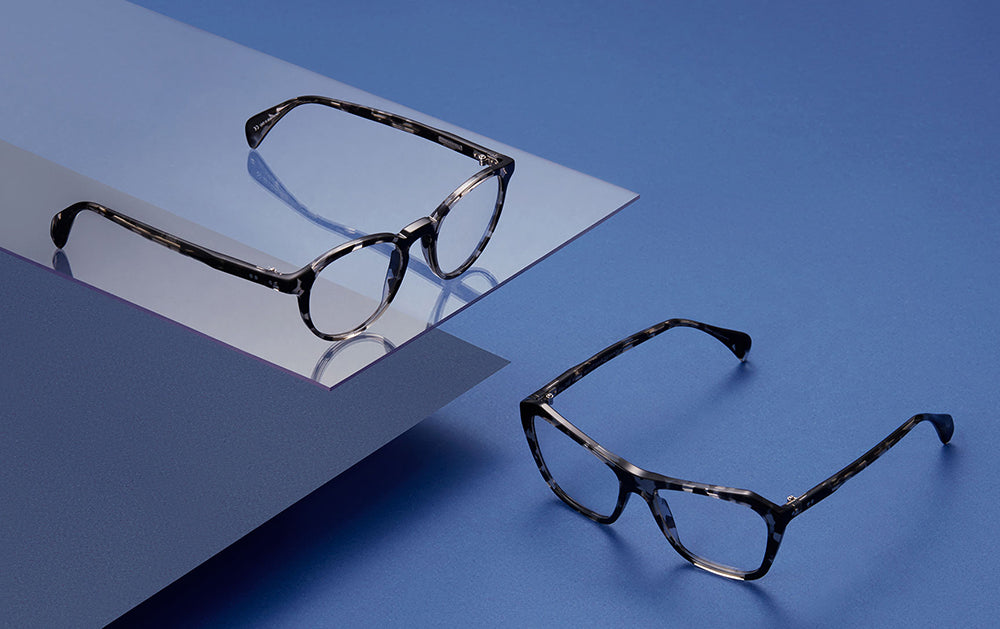As screen time continues to be a more prevalent part of our lives, it’s vital to look at ways to protect our eyes from the potential effects of digital devices and the blue light they emit. But what is blue light, and how can we safeguard the health of our eyes?
The light emitted from our LED screens is understandably heavily criticized, it is blamed for everything from tired eyes to much more serious eye conditions, but believe it or not, blue light is a naturally occurring light. It is just one of many colours that make up the spectrum of colours in sunlight (or white light) that is visible to the human eye. Blue light has a short wavelength, which makes it very easy to penetrate the eyes. This means that almost all visible blue light rays can pass through the cornea, straight into the retina. The sun is of course the worst offender of blue light exposure, far exceeding any levels kicked out by digital screens, but it is the time spent and proximity to computers, tablets, smartphones and such that has caused such concern in recent years.
So, what do blue light blocking lenses do? These specially crafted lenses can help filter out the light emitted from our digital devices, limiting the exposure our eyes have to these potentially damaging rays. Evidence suggests that blue light blocking lenses can be very beneficial, reducing the glare from screens and lessening headaches and eyestrain caused by looking at a laptop or computer all day. With that in mind, we’ve decided that for any purchase made we’ll happily fit your frame with a blue light lens, free of charge.
Another benefit to blue light blocking lenses is sleep, something we could all do with a bit more of. The body requires melatonin to control our sleep patterns, it helps your body know when it's time to sleep and when it’s time to wake up. Researchers agree that the blue light from LED devices holds back the production of this integral hormone, affecting our circadian rhythm and in some cases causing insomnia. Blue light blocking lenses are believed to aid in the prevention of these rays causing damage to the light-sensitive cells in the retina. Although the exact effects of blue light lenses continue to be researched, a study by the University of Houston in 2017 found that participants showed nearly a 60% increase in their night-time melatonin levels. This is hugely reassuring, giving people the opportunity to still be productive at night yet potentially have little to no disruption to their sleep patterns.
Looking after our bodies is integral to a healthy lifestyle. Although current research doesn’t officially confirm the benefits of blue light blocking lenses, research is promising and in a world of persistent screen-time, and at no cost to you - it’s something definitely worth indulging in. With the potential of more sleep and less eyestrain, why not explore our range of spectacles here and give your eyes the TLC they deserve.

The light emitted from our LED screens is understandably heavily criticized, it is blamed for everything from tired eyes to much more serious eye conditions, but believe it or not, blue light is a naturally occurring light. It is just one of many colours that make up the spectrum of colours in sunlight (or white light) that is visible to the human eye. Blue light has a short wavelength, which makes it very easy to penetrate the eyes. This means that almost all visible blue light rays can pass through the cornea, straight into the retina. The sun is of course the worst offender of blue light exposure, far exceeding any levels kicked out by digital screens, but it is the time spent and proximity to computers, tablets, smartphones and such that has caused such concern in recent years.
So, what do blue light blocking lenses do? These specially crafted lenses can help filter out the light emitted from our digital devices, limiting the exposure our eyes have to these potentially damaging rays. Evidence suggests that blue light blocking lenses can be very beneficial, reducing the glare from screens and lessening headaches and eyestrain caused by looking at a laptop or computer all day. With that in mind, we’ve decided that for any purchase made we’ll happily fit your frame with a blue light lens, free of charge.
Another benefit to blue light blocking lenses is sleep, something we could all do with a bit more of. The body requires melatonin to control our sleep patterns, it helps your body know when it's time to sleep and when it’s time to wake up. Researchers agree that the blue light from LED devices holds back the production of this integral hormone, affecting our circadian rhythm and in some cases causing insomnia. Blue light blocking lenses are believed to aid in the prevention of these rays causing damage to the light-sensitive cells in the retina. Although the exact effects of blue light lenses continue to be researched, a study by the University of Houston in 2017 found that participants showed nearly a 60% increase in their night-time melatonin levels. This is hugely reassuring, giving people the opportunity to still be productive at night yet potentially have little to no disruption to their sleep patterns.
Looking after our bodies is integral to a healthy lifestyle. Although current research doesn’t officially confirm the benefits of blue light blocking lenses, research is promising and in a world of persistent screen-time, and at no cost to you - it’s something definitely worth indulging in. With the potential of more sleep and less eyestrain, why not explore our range of spectacles here and give your eyes the TLC they deserve.


